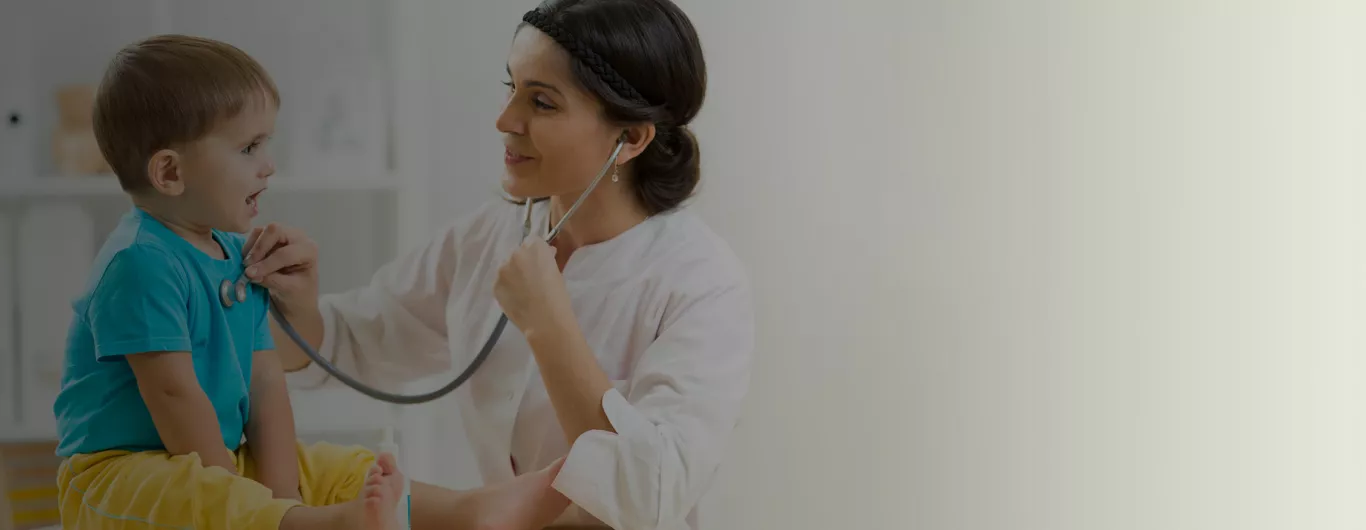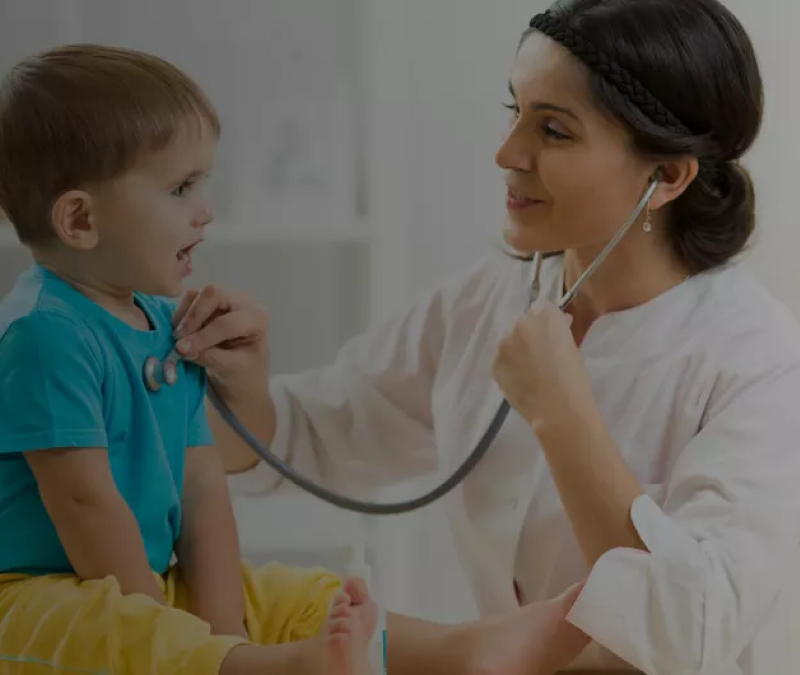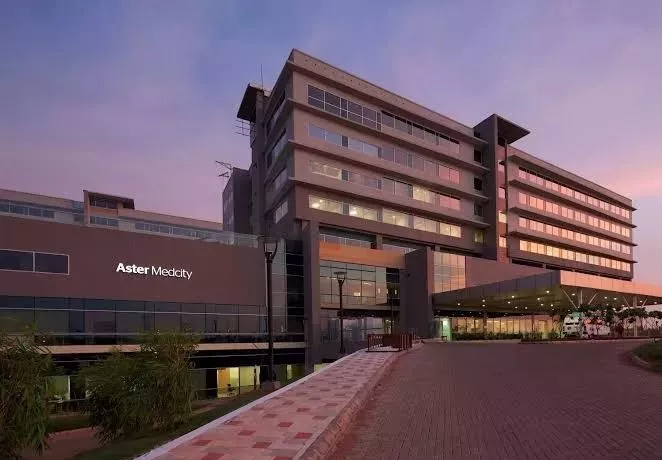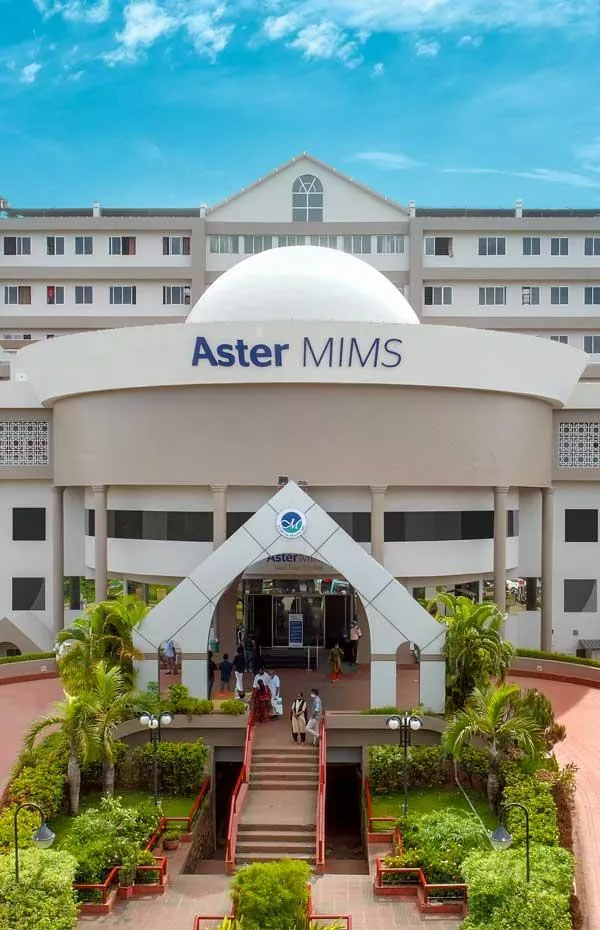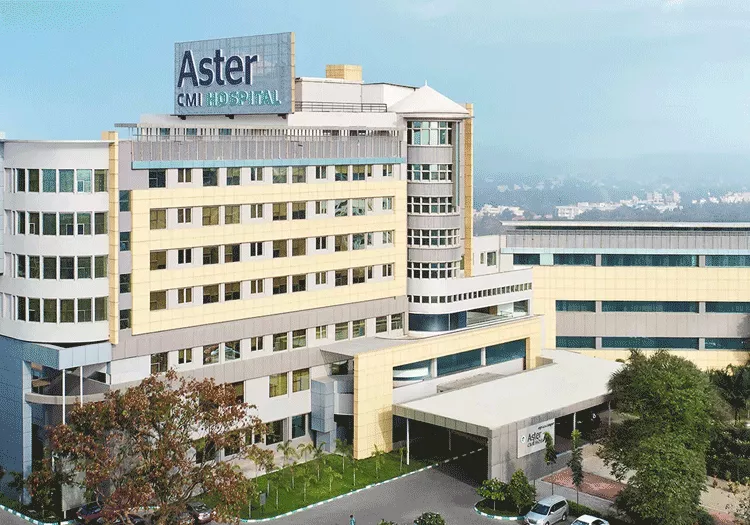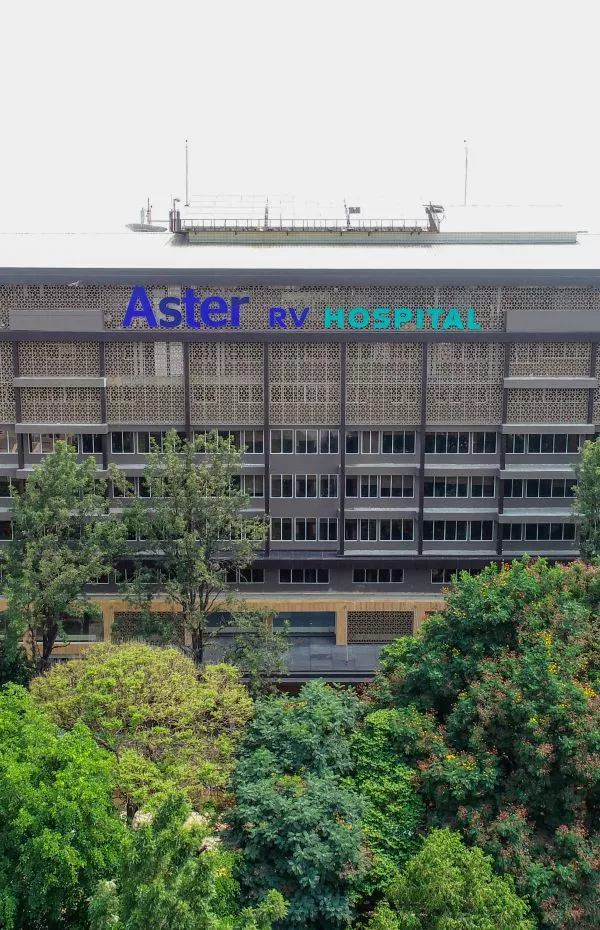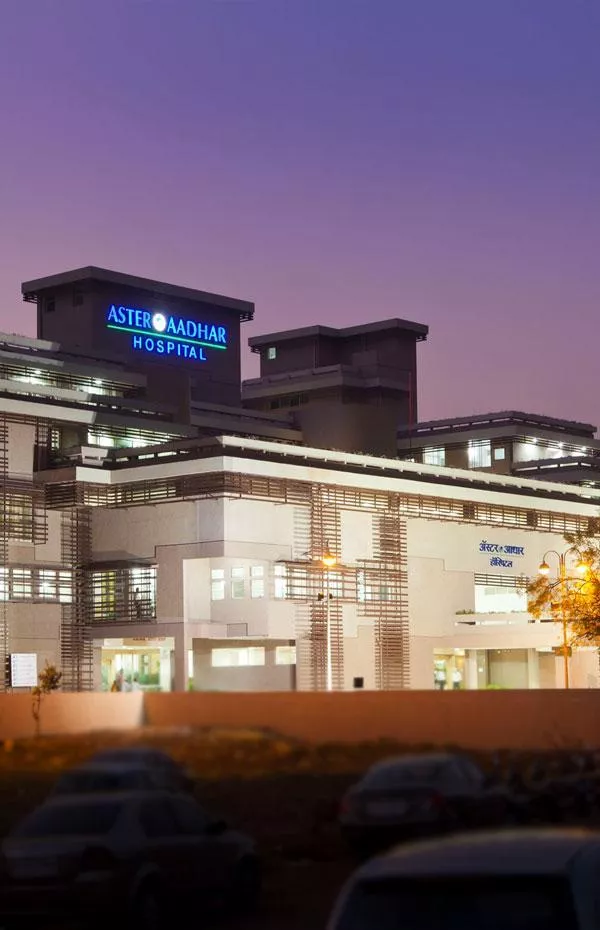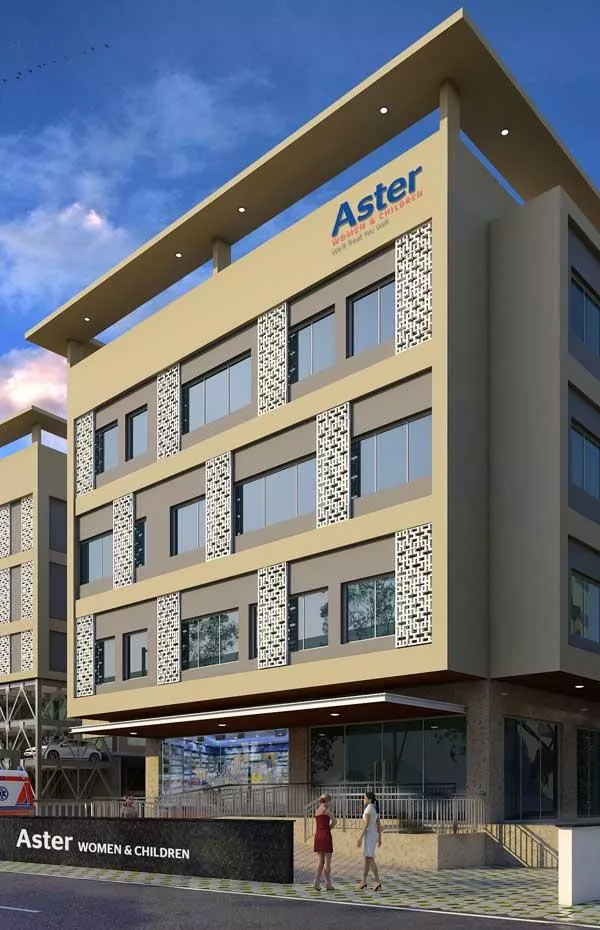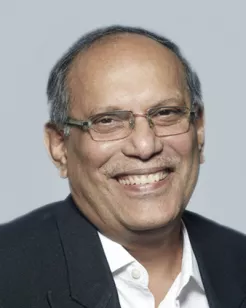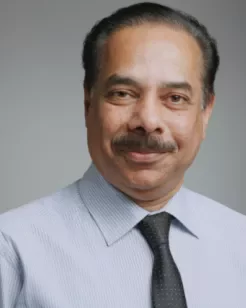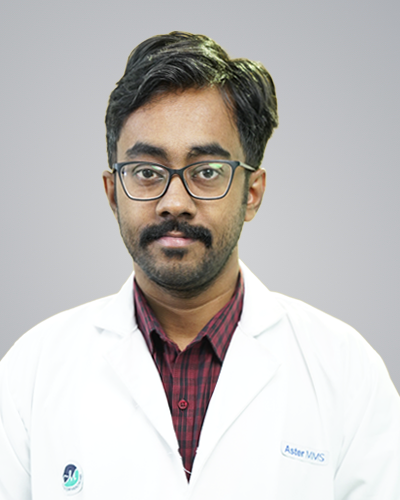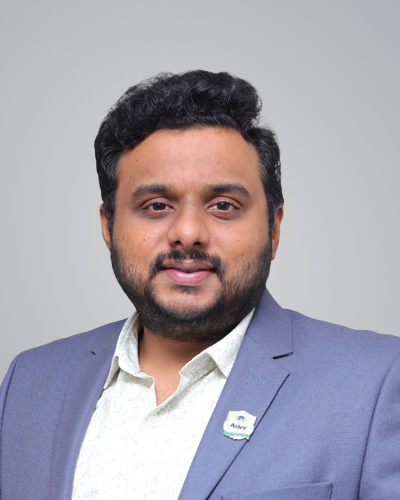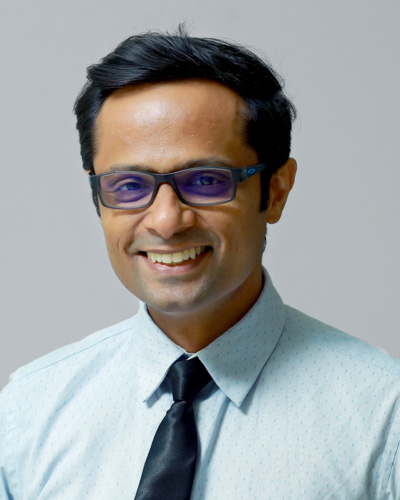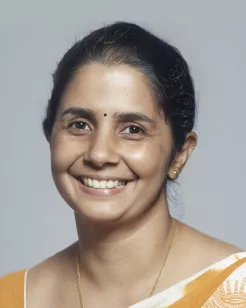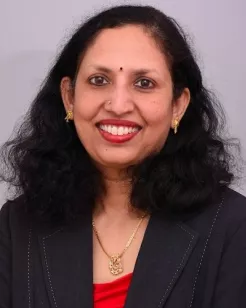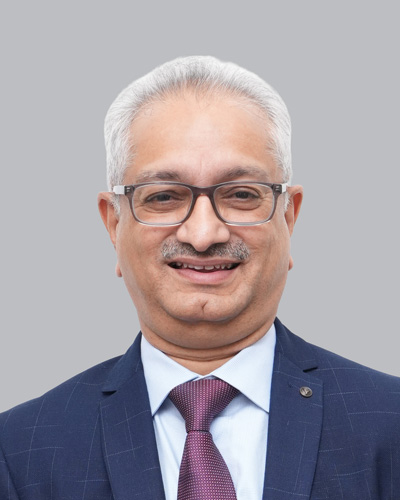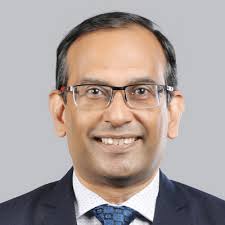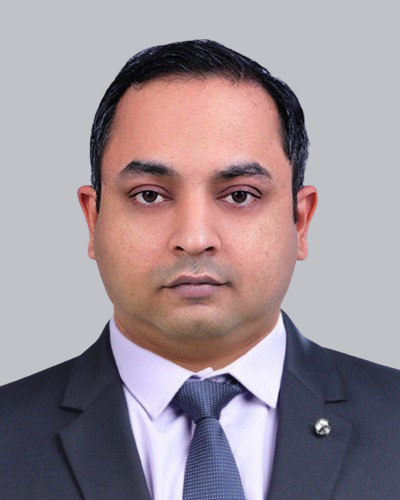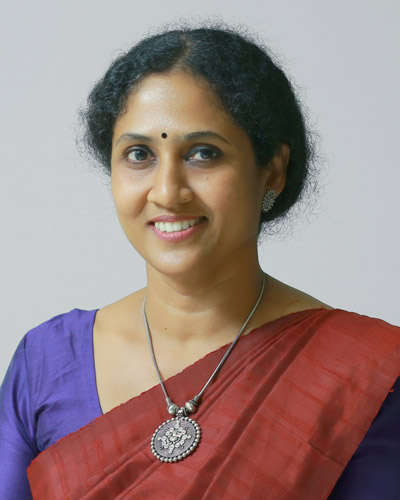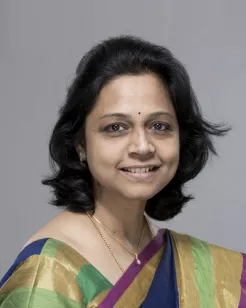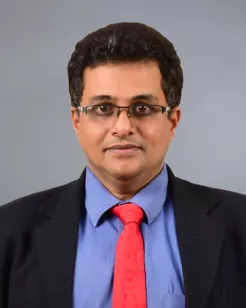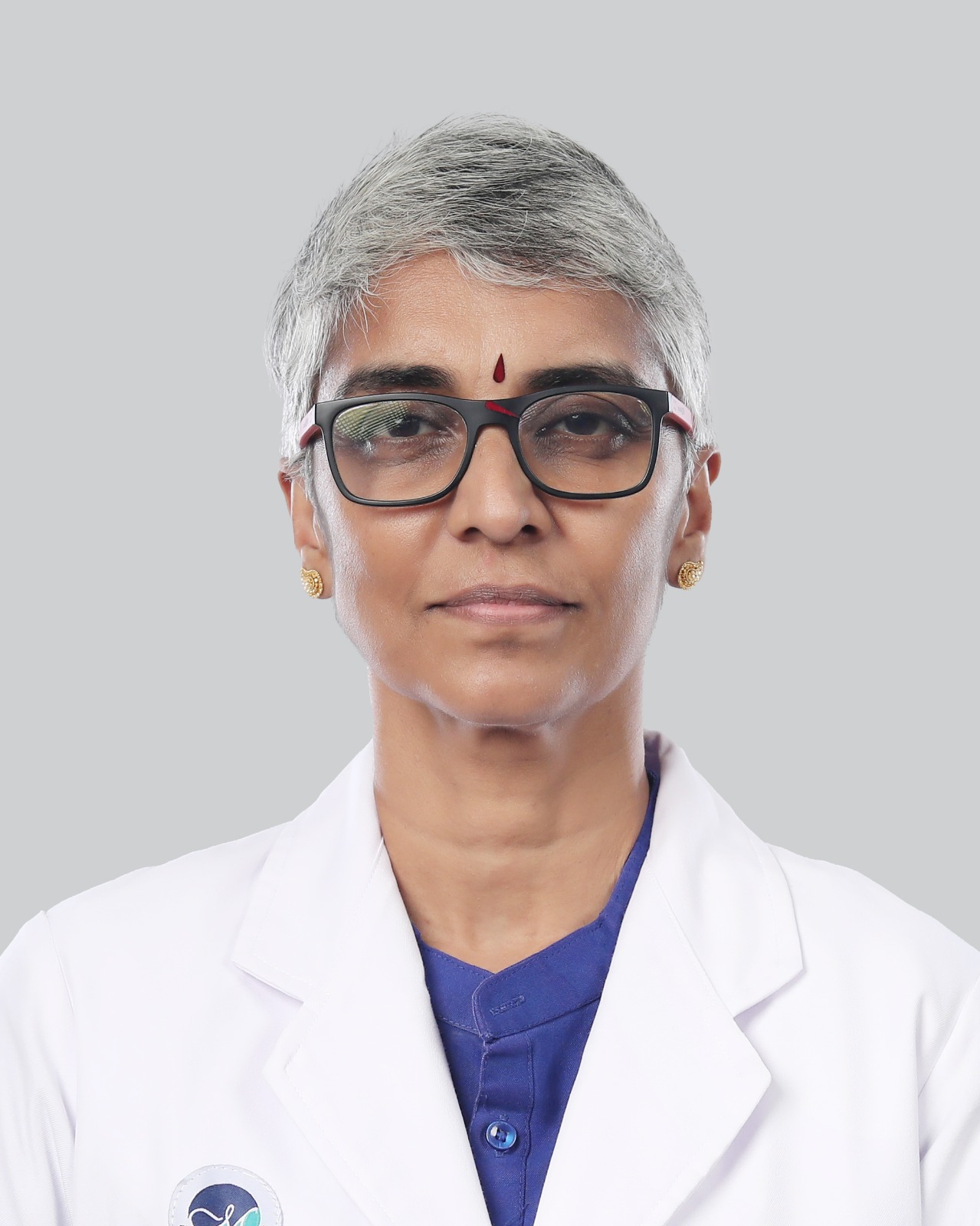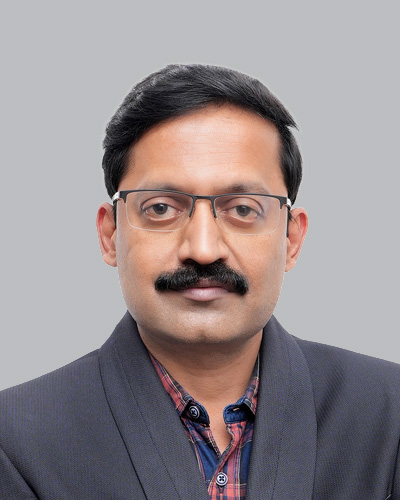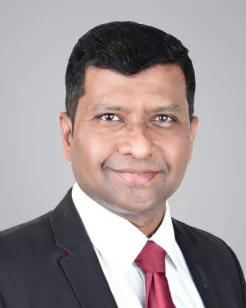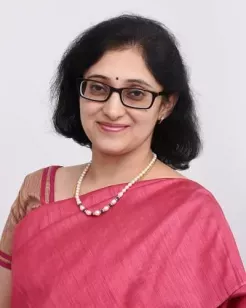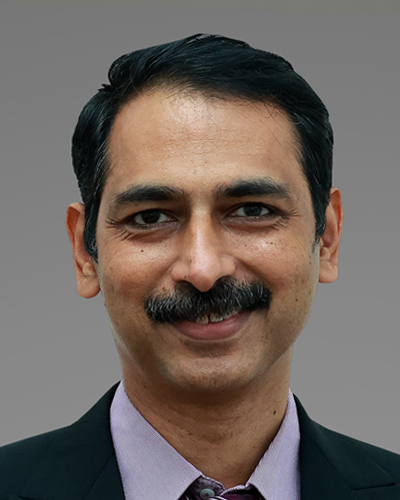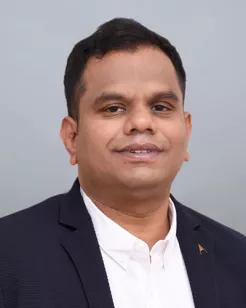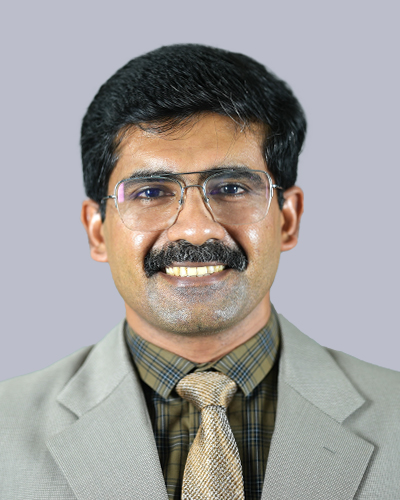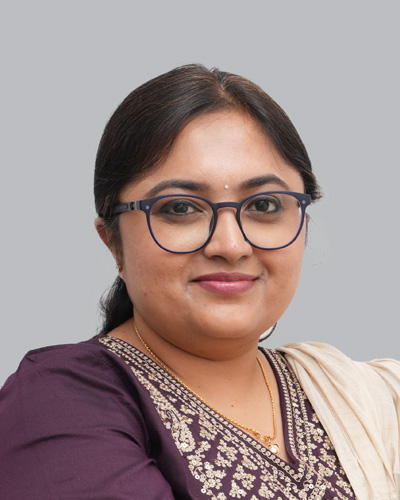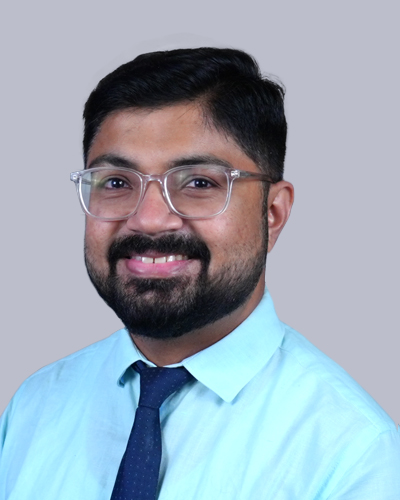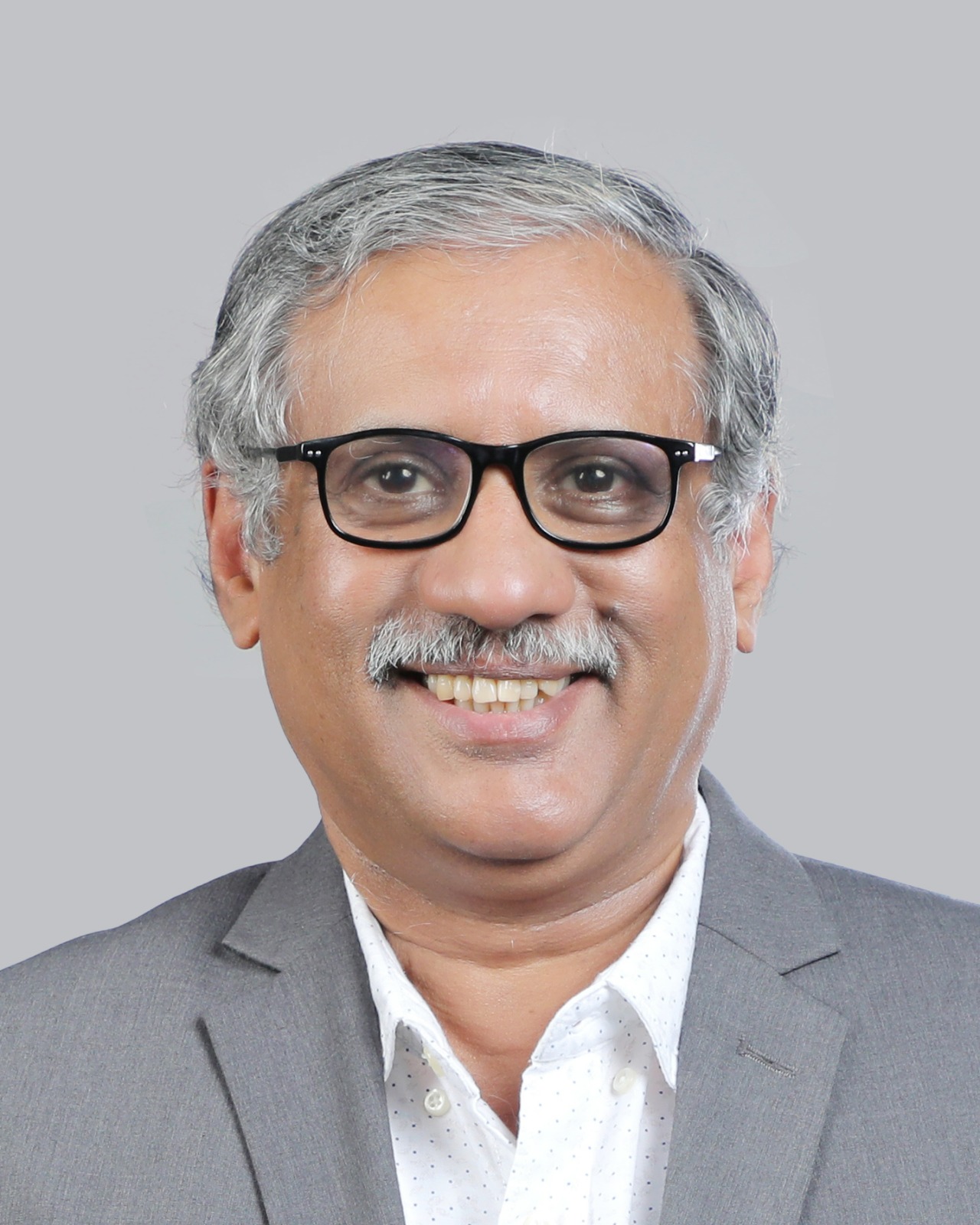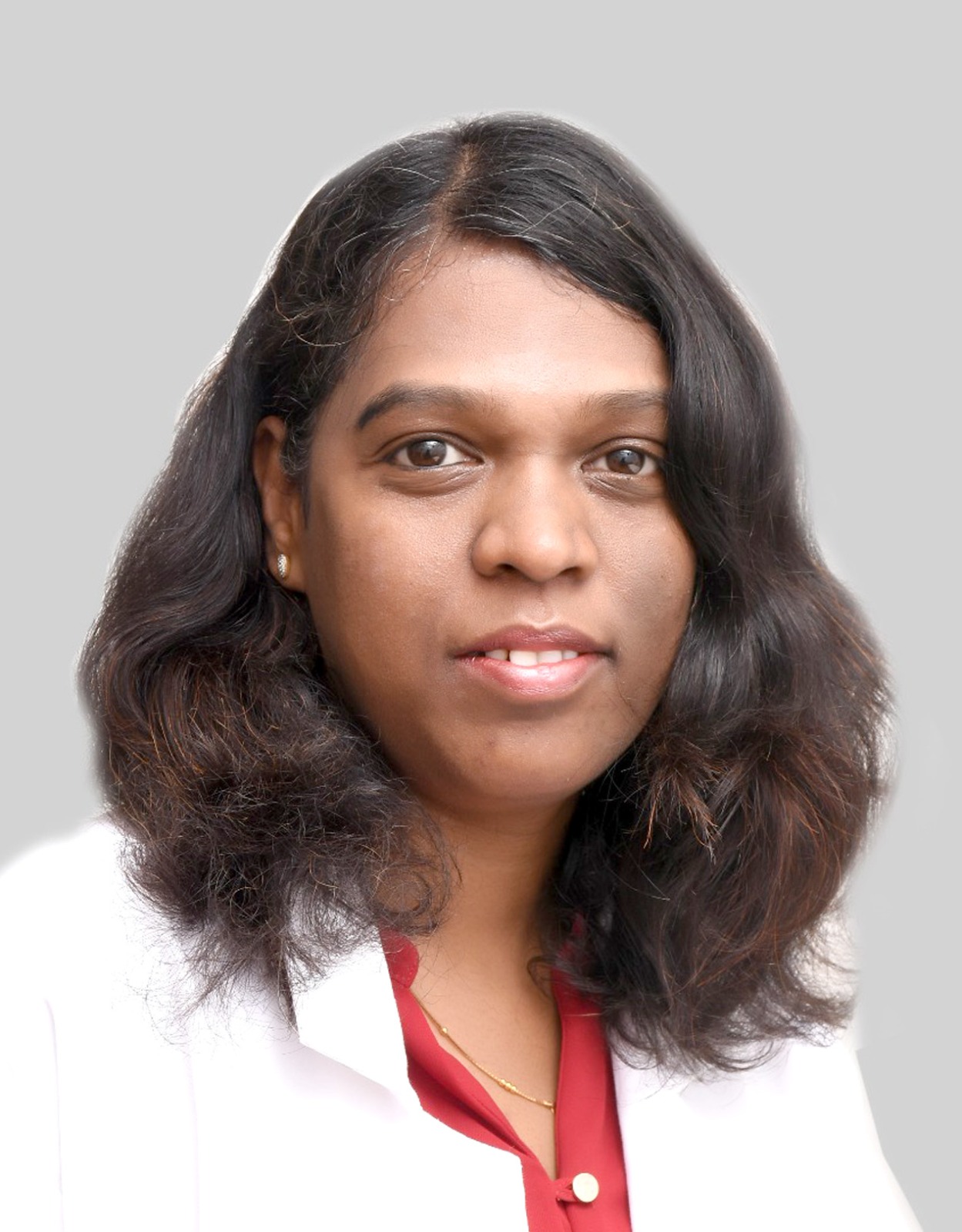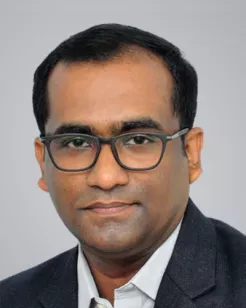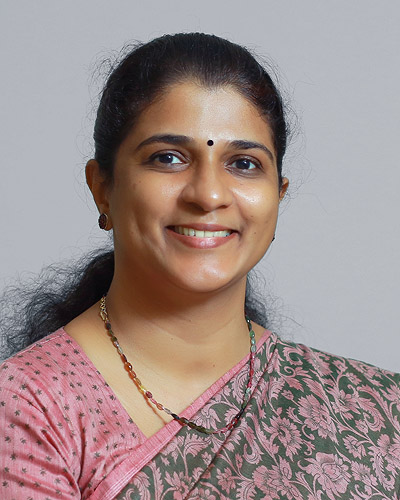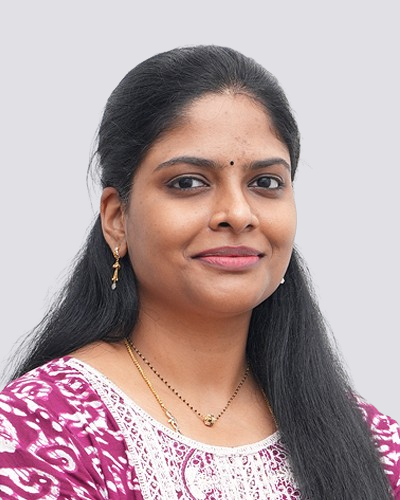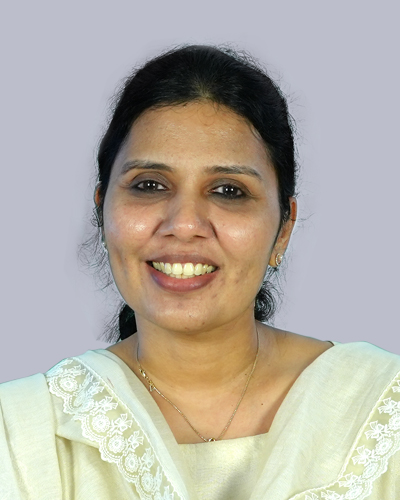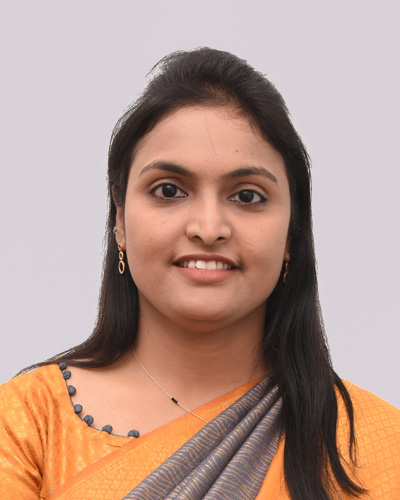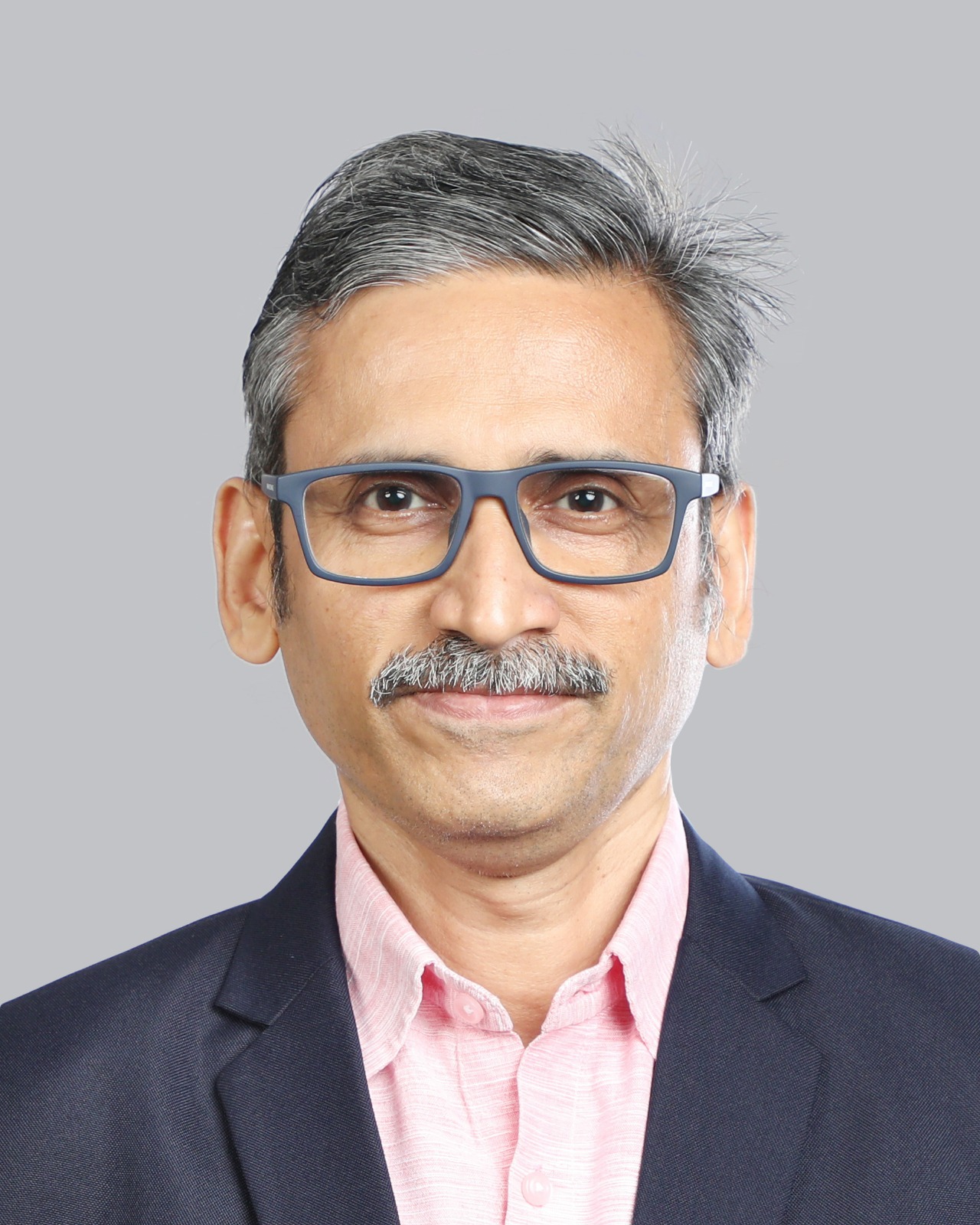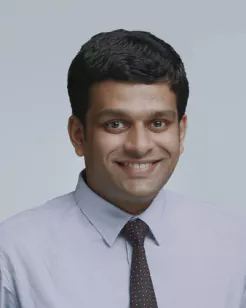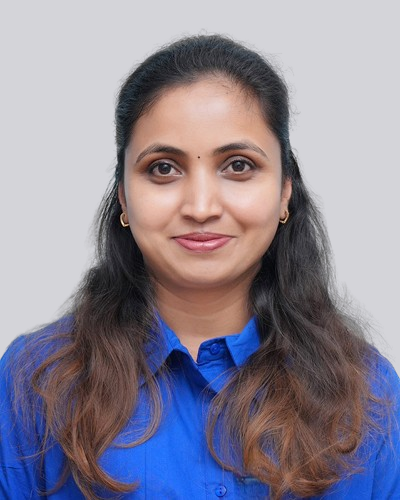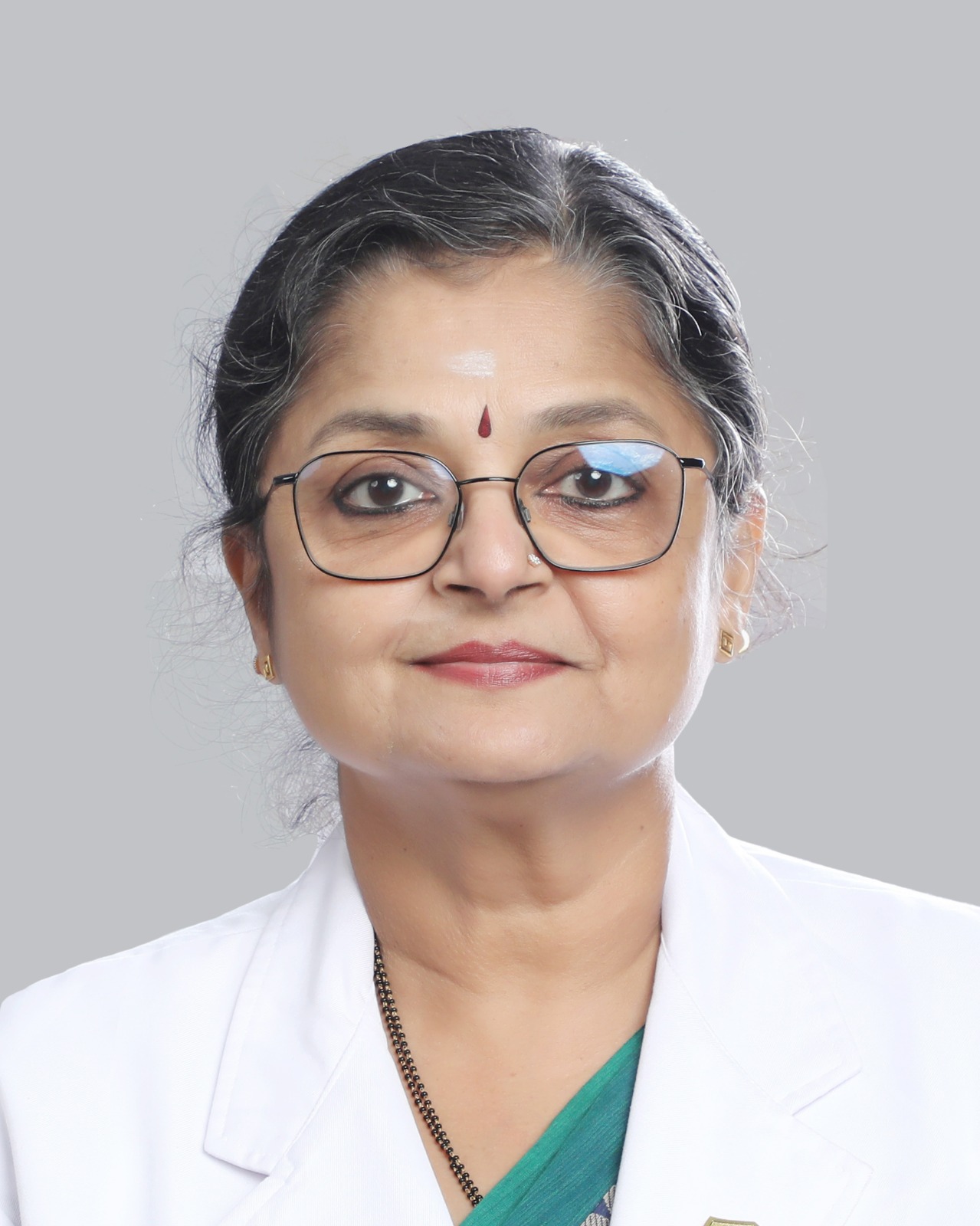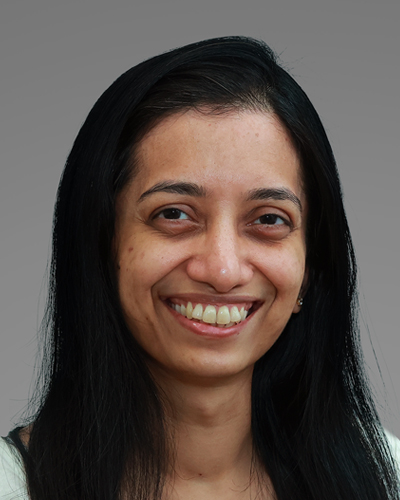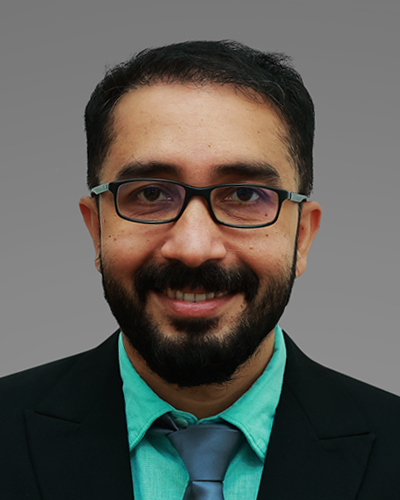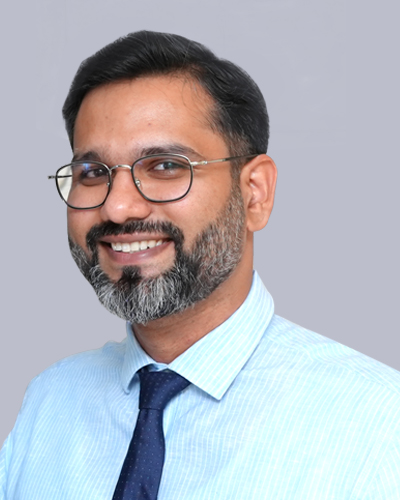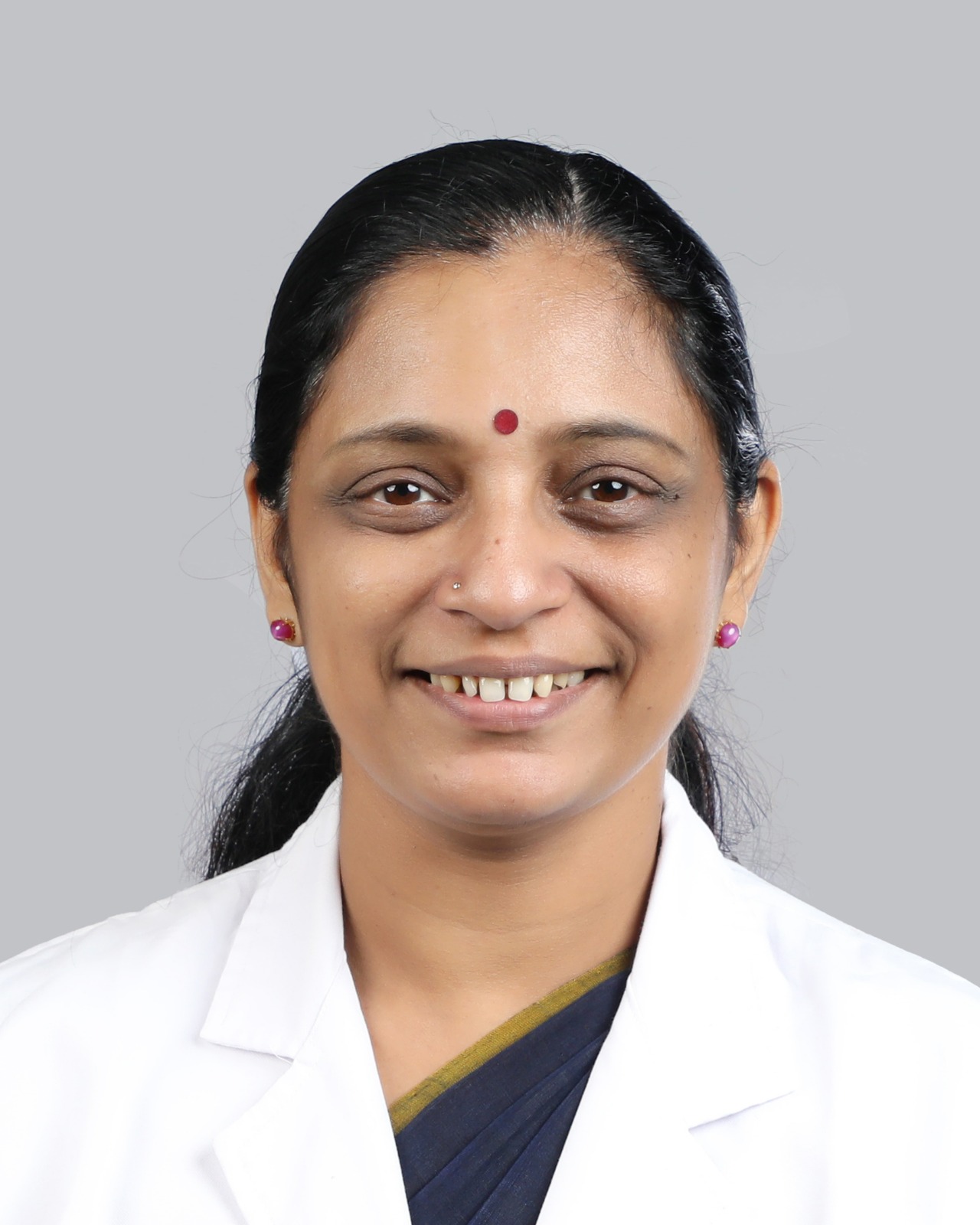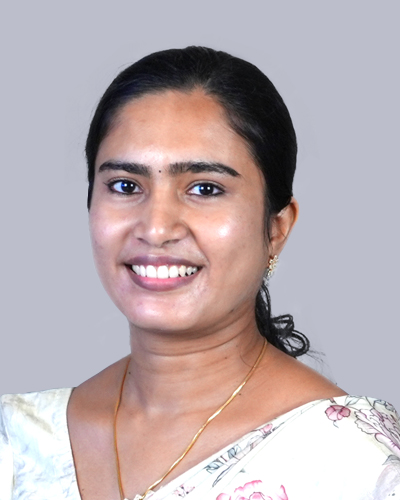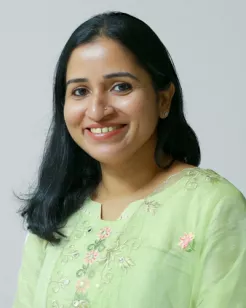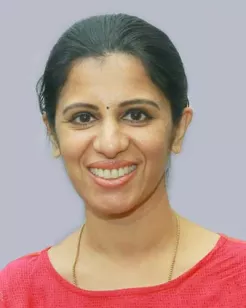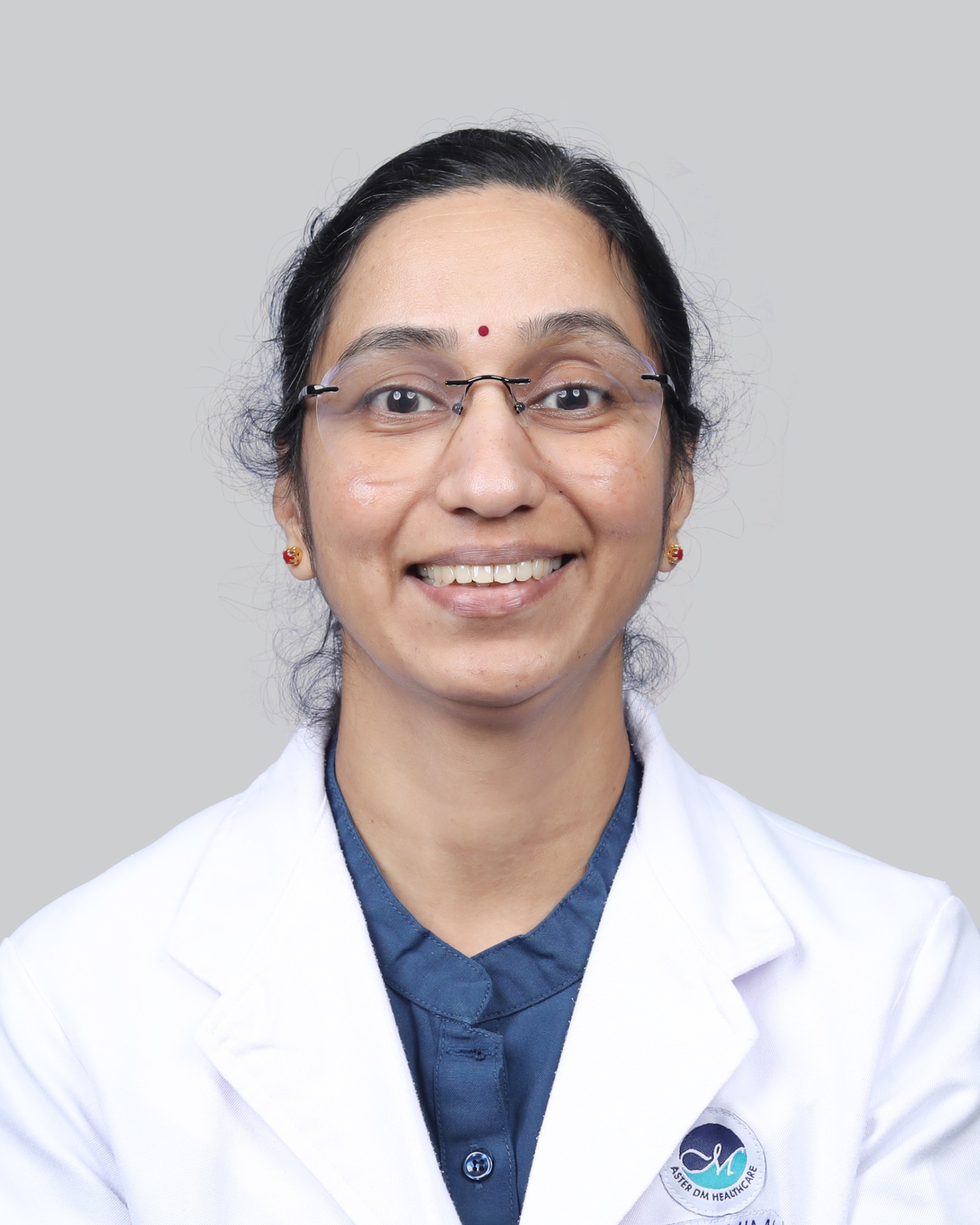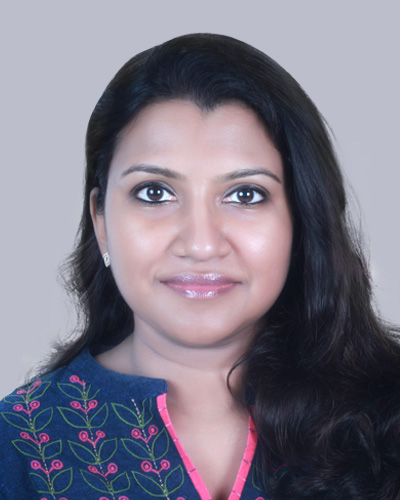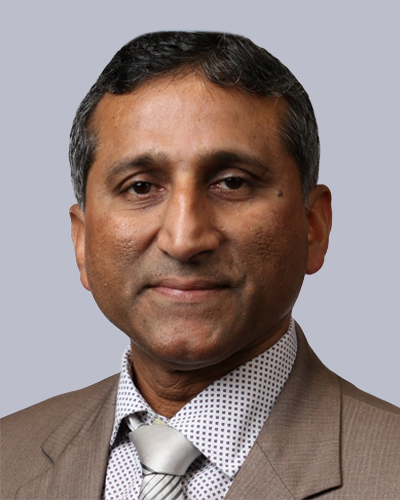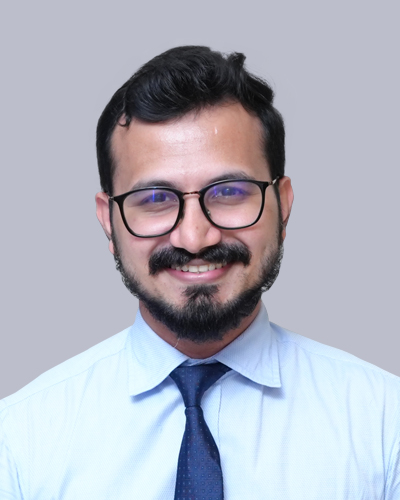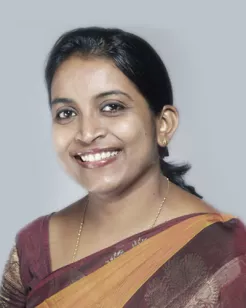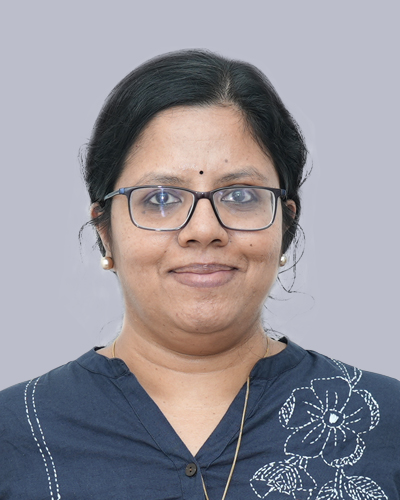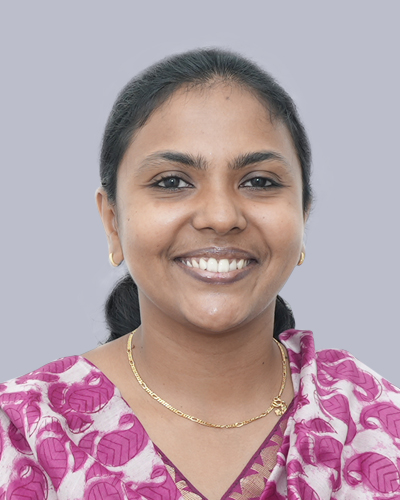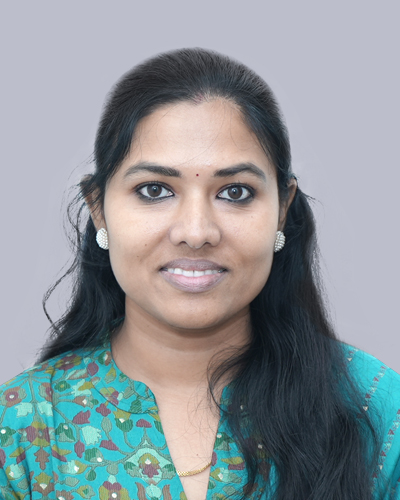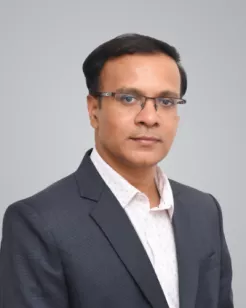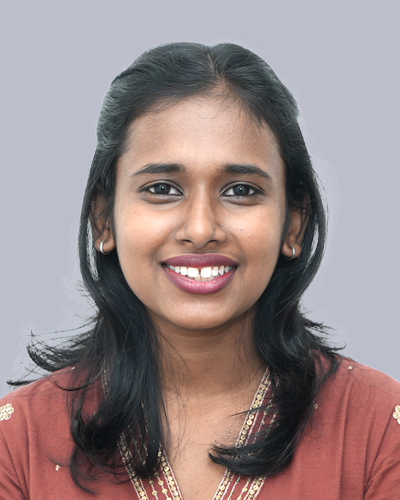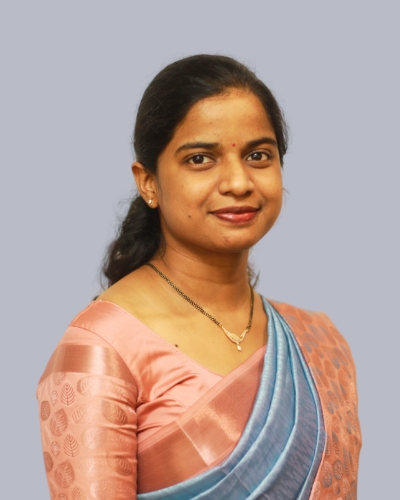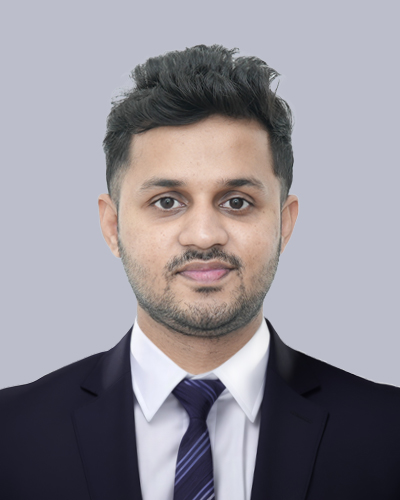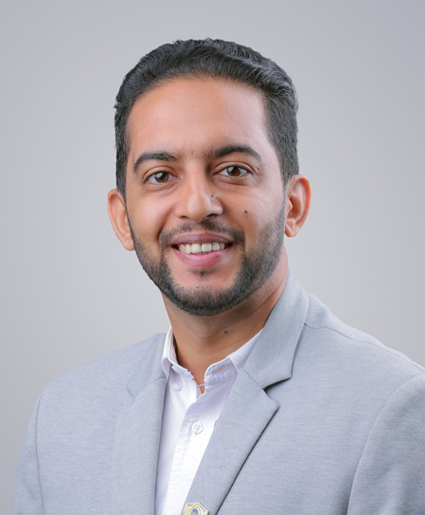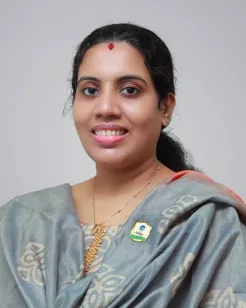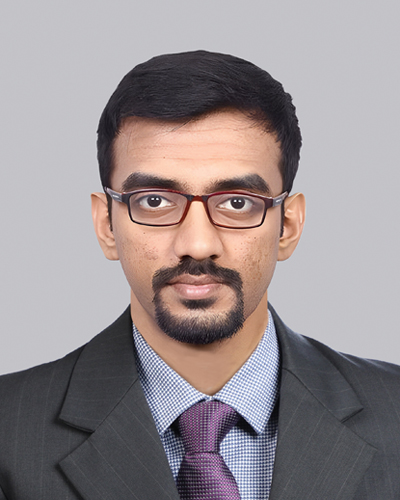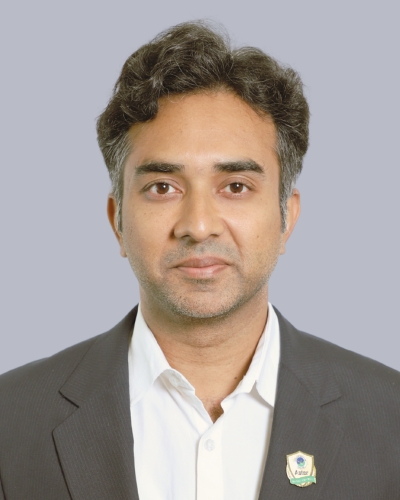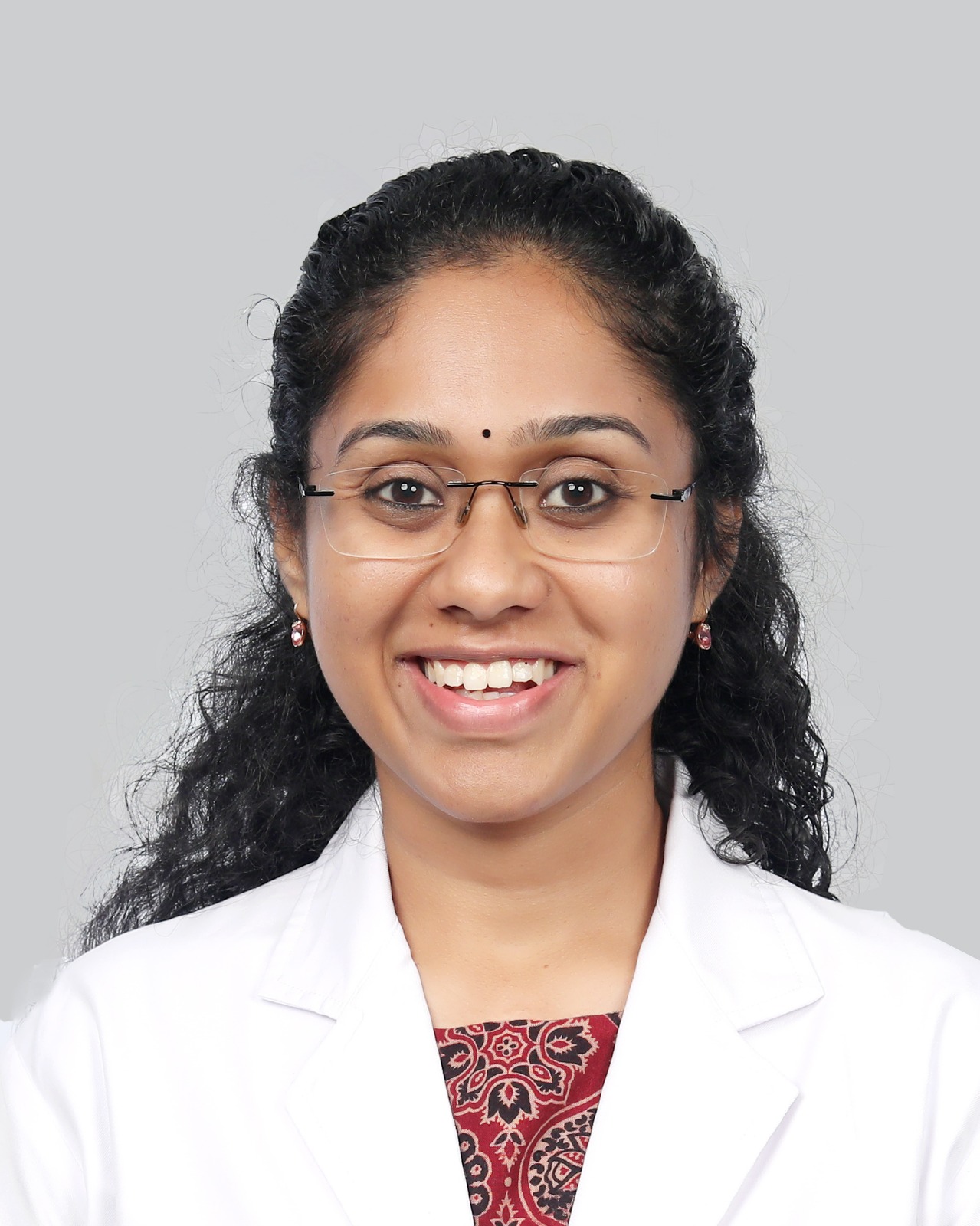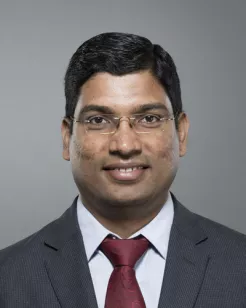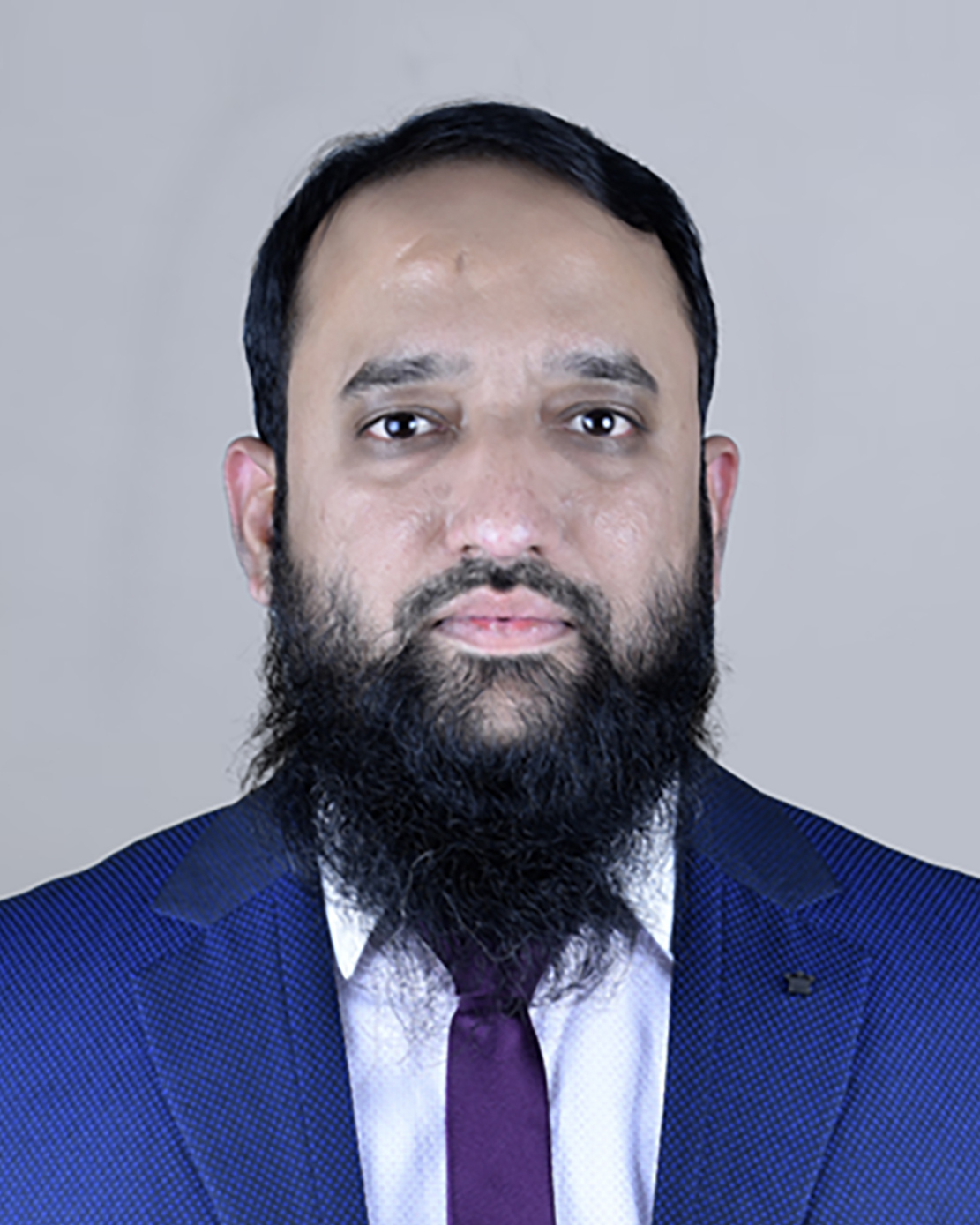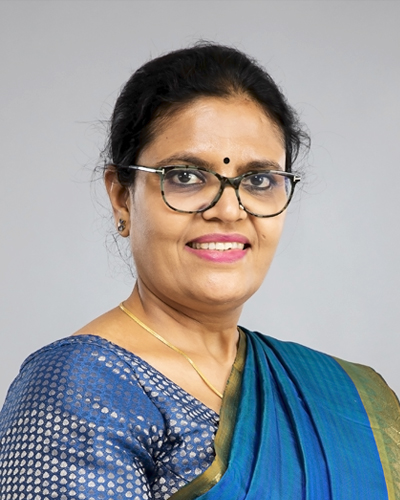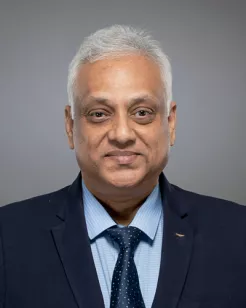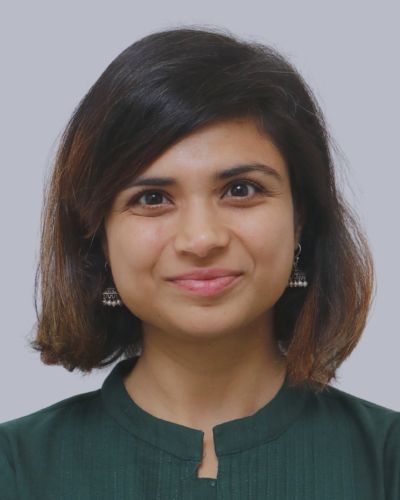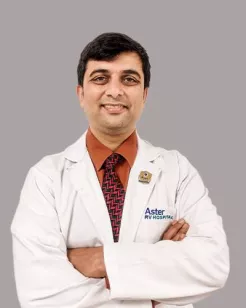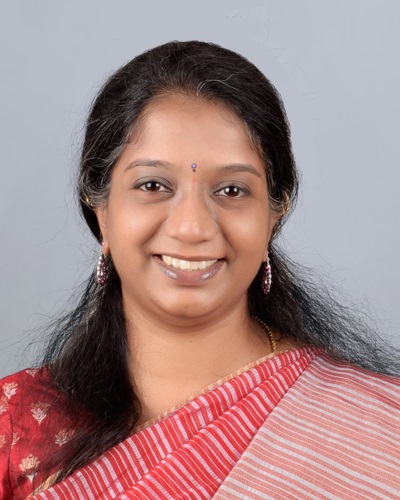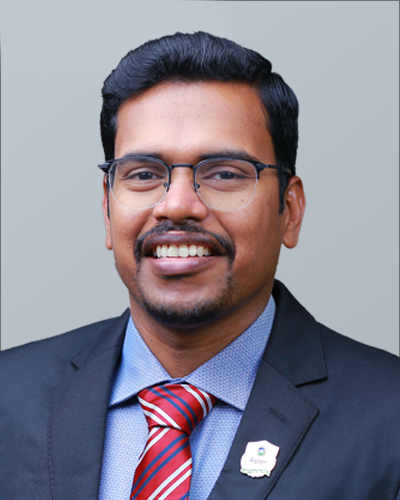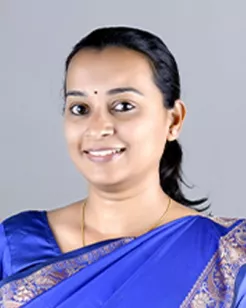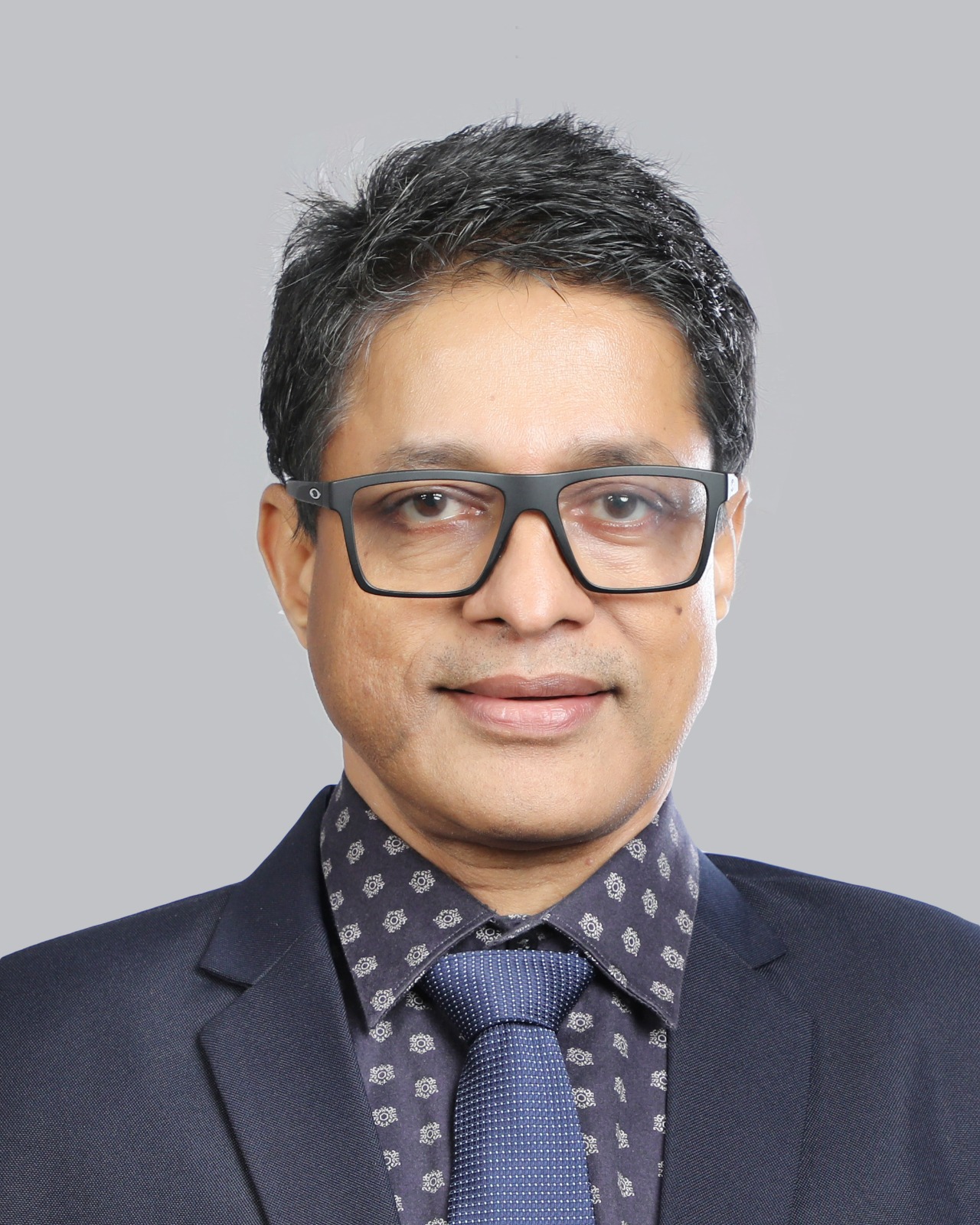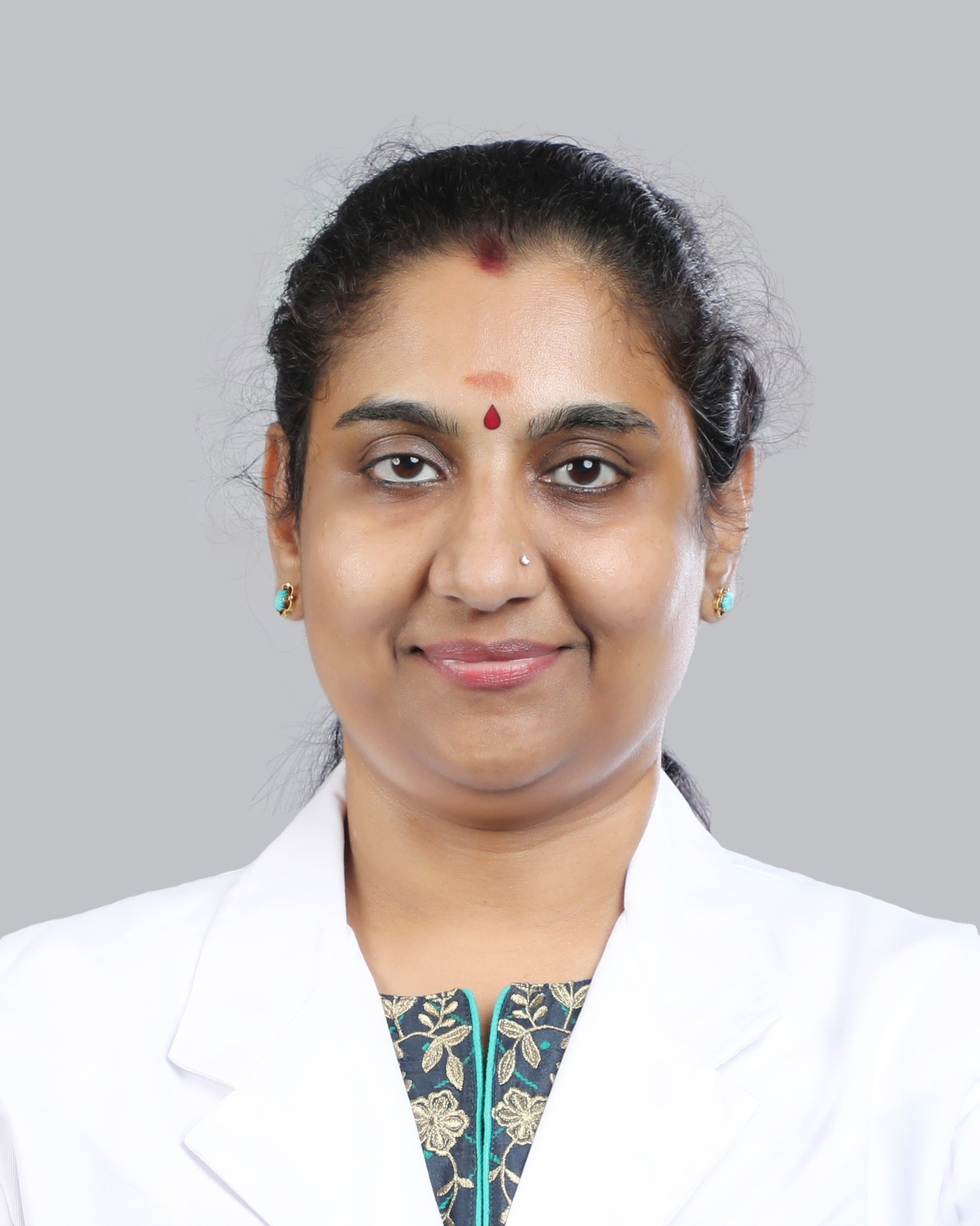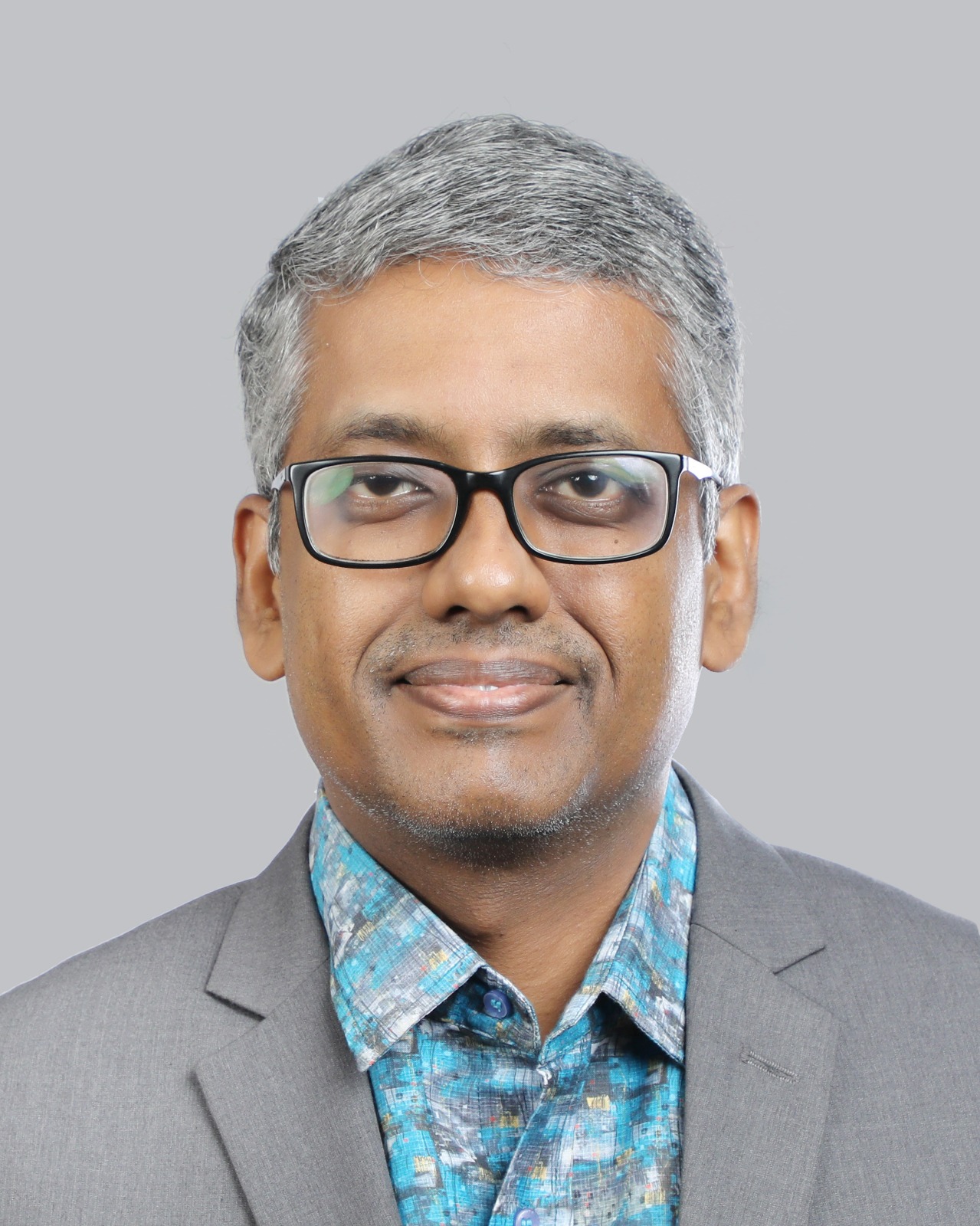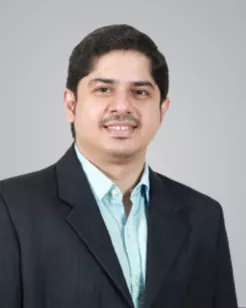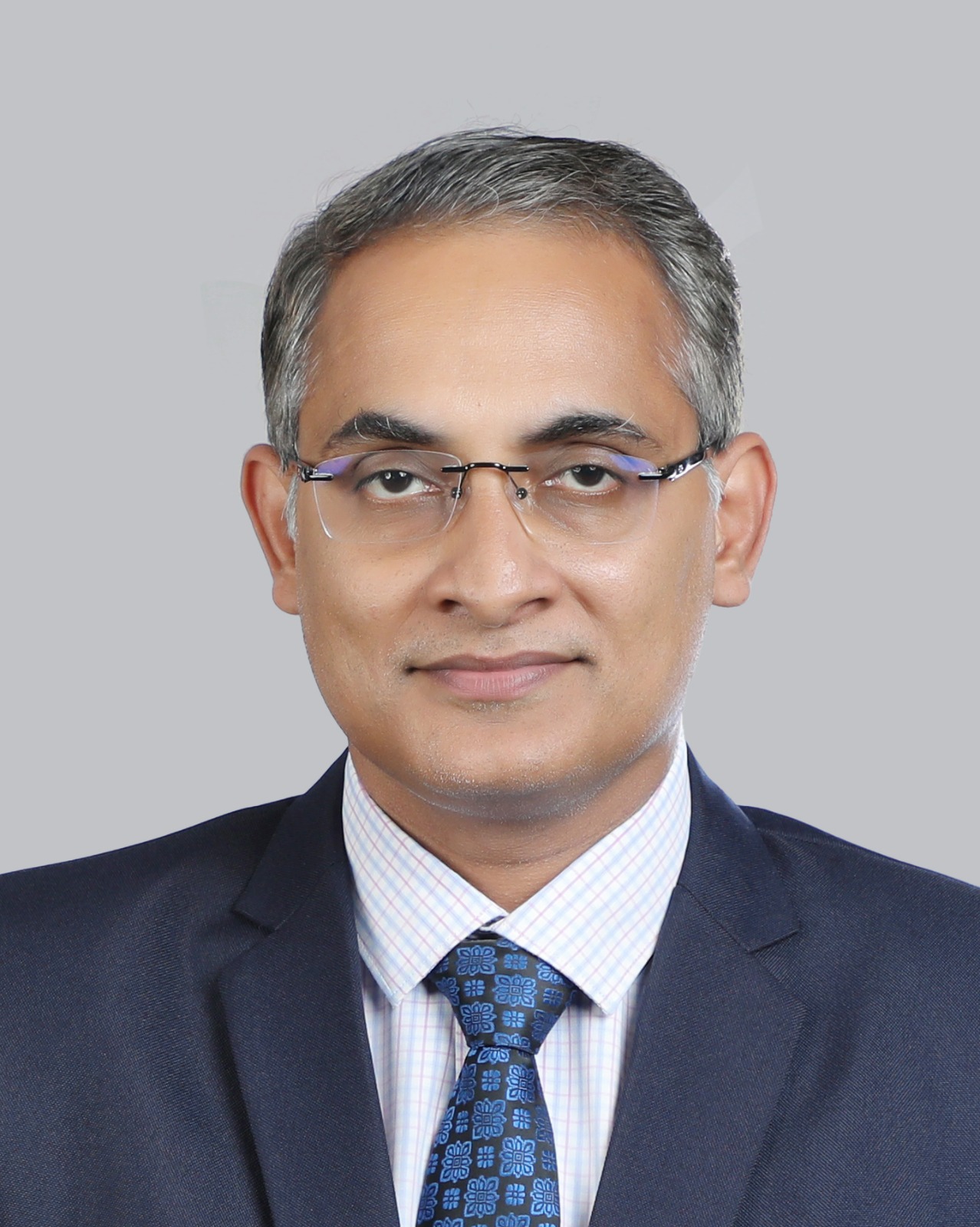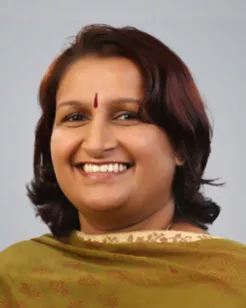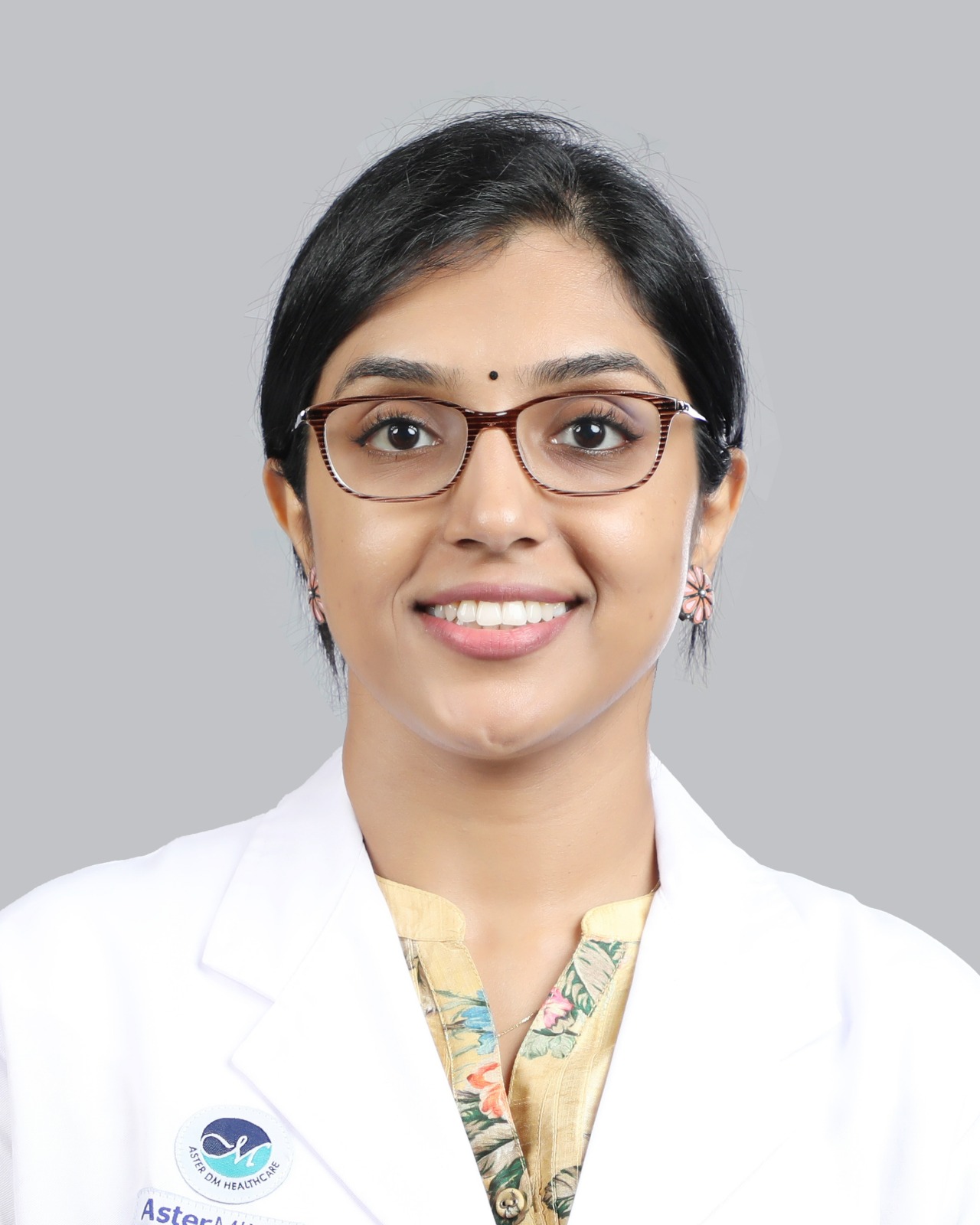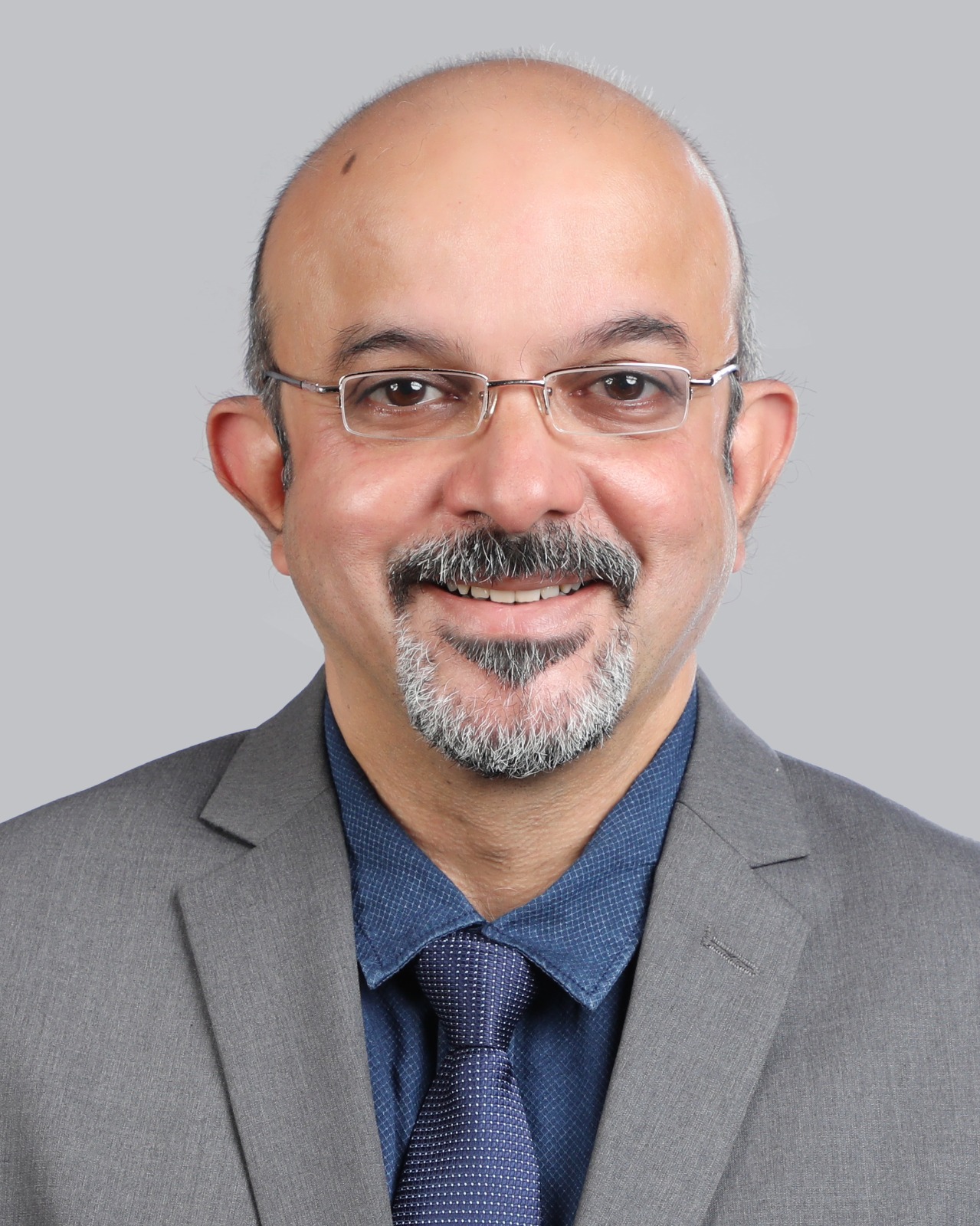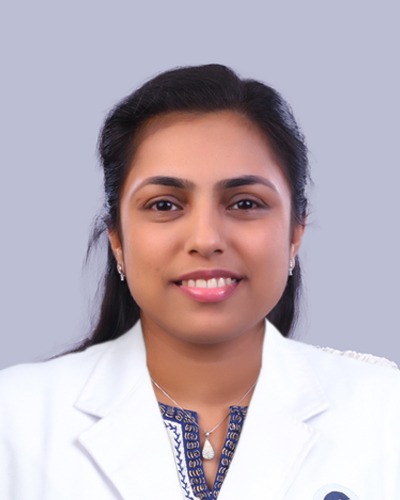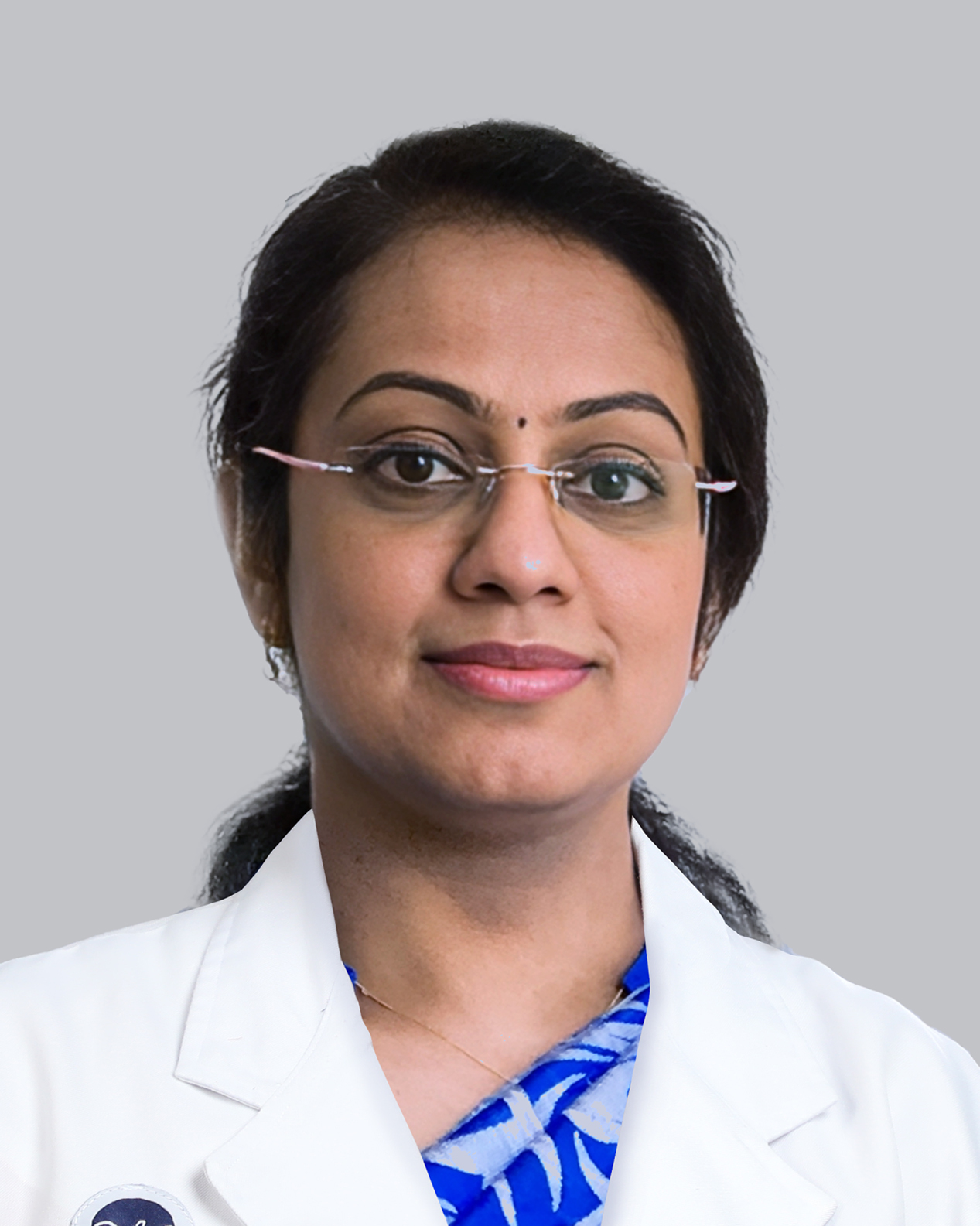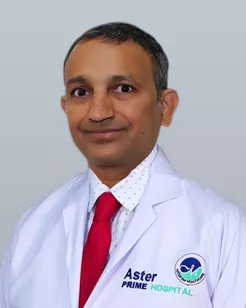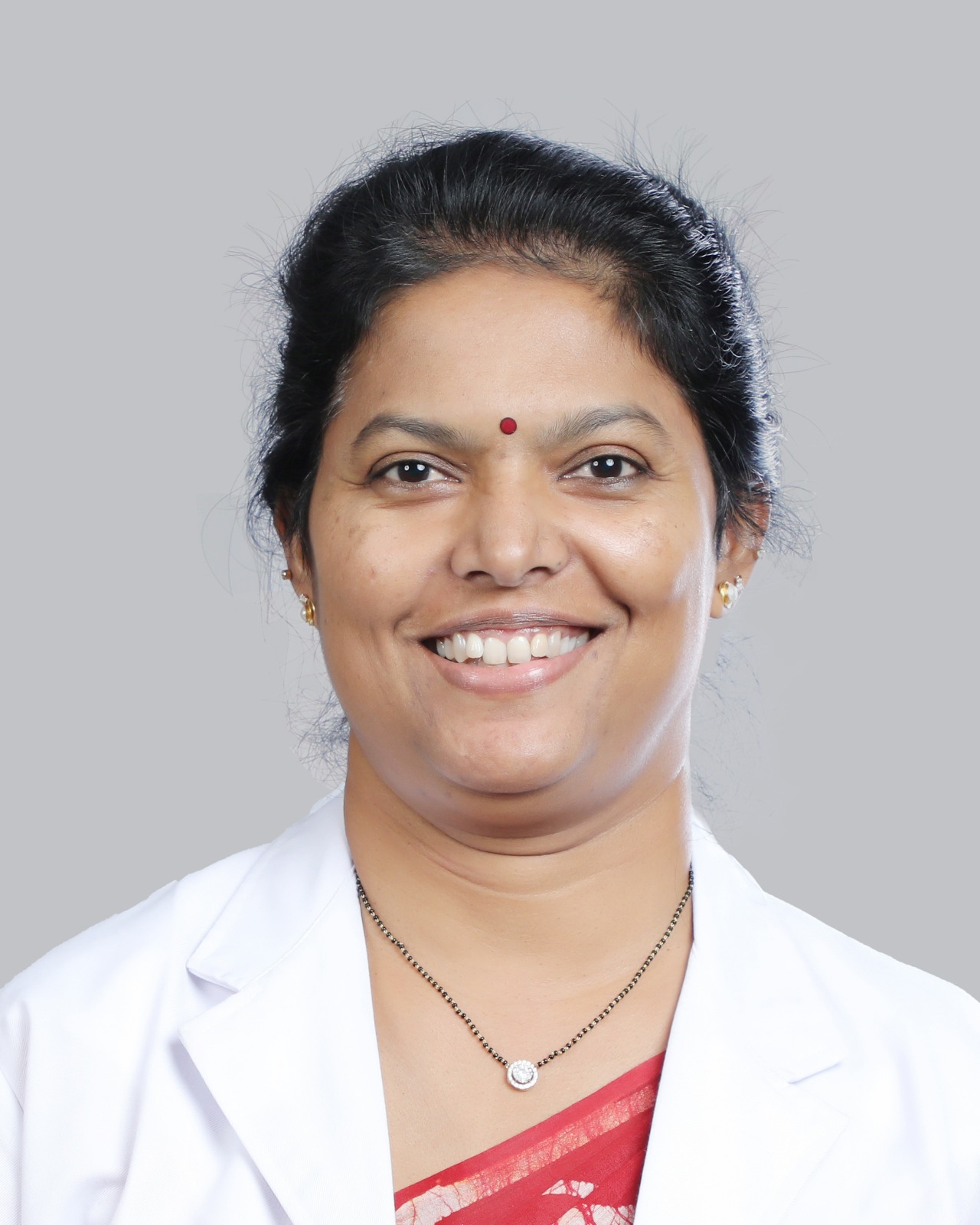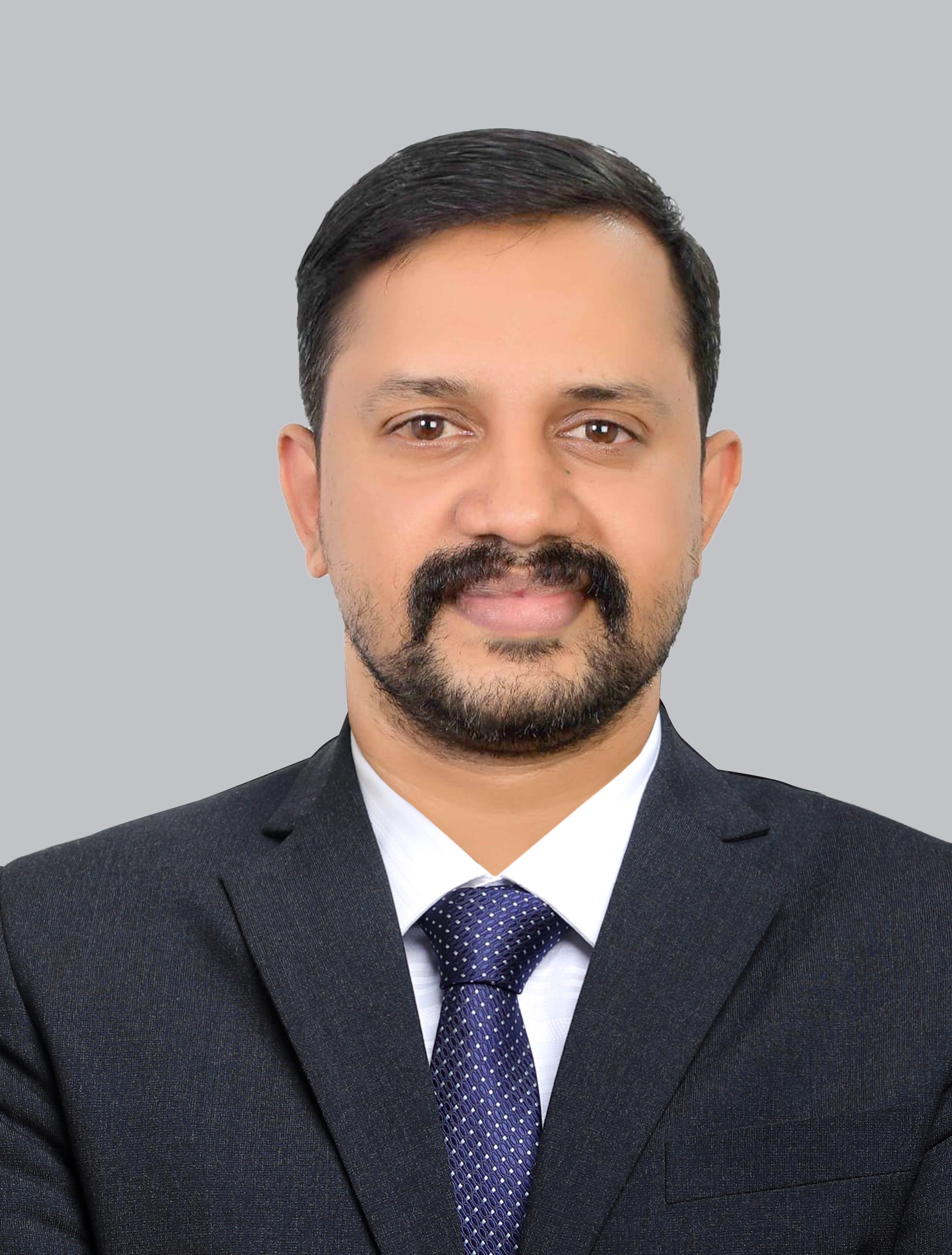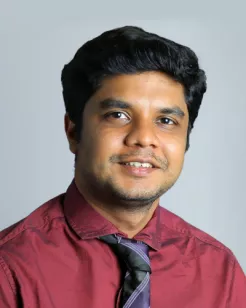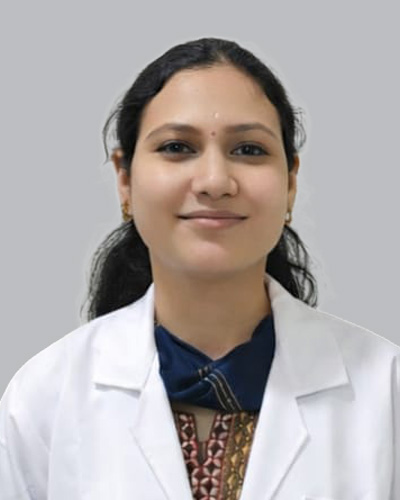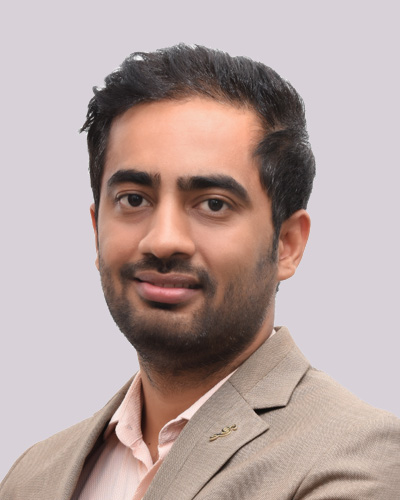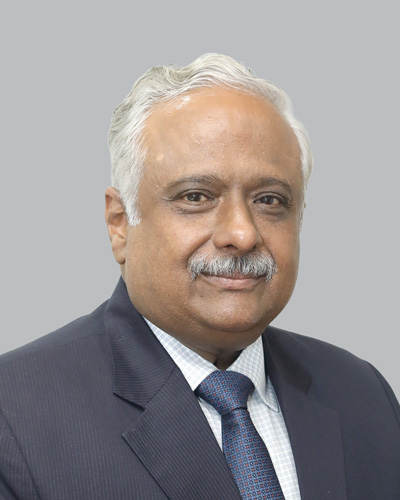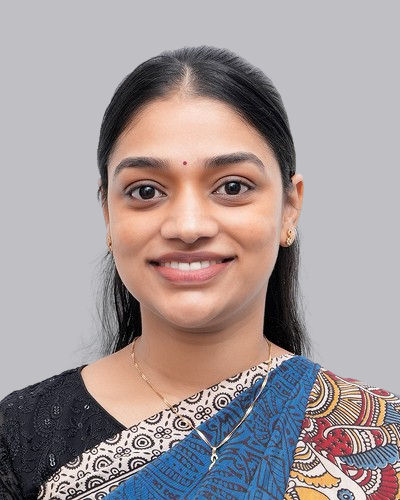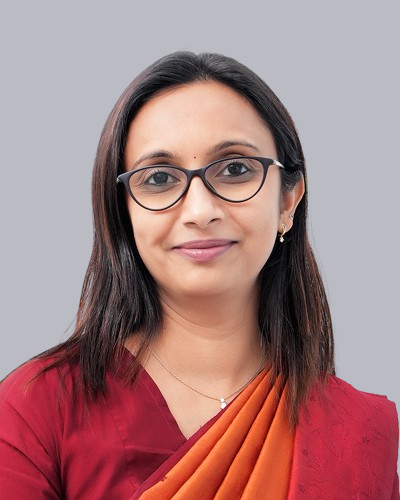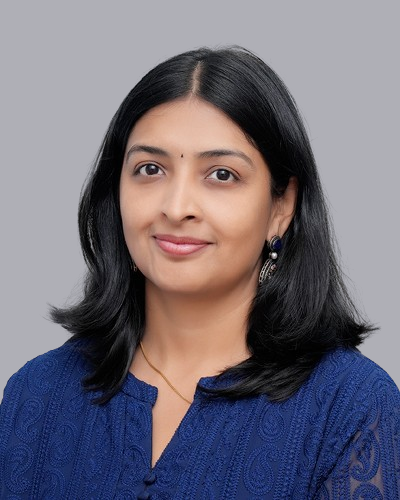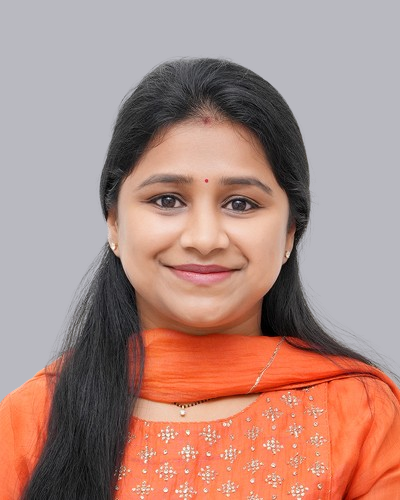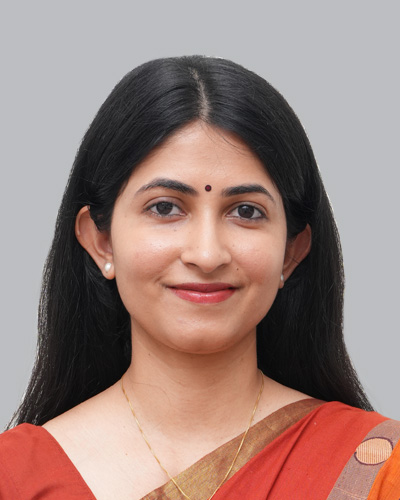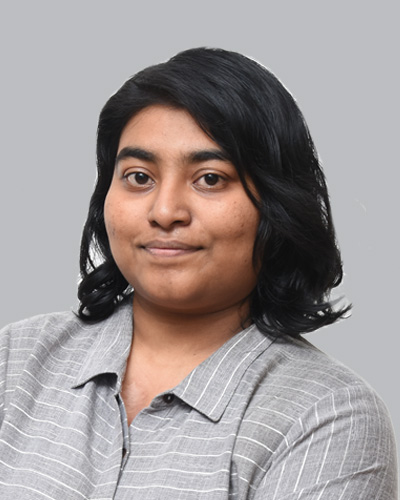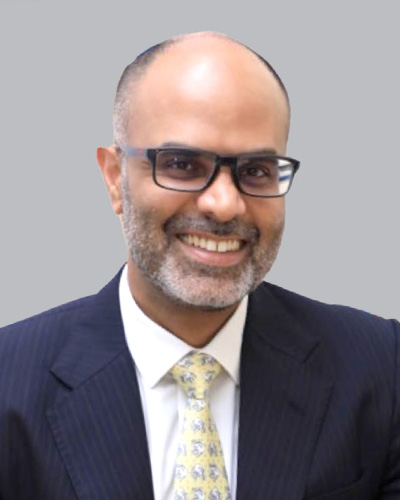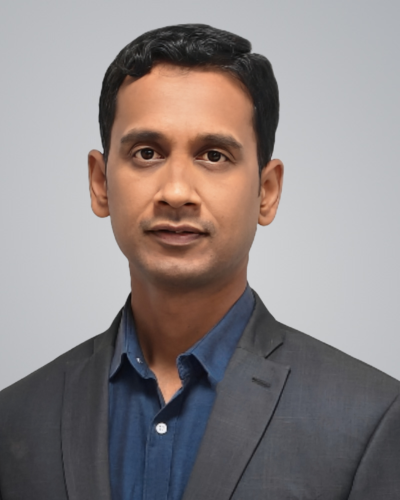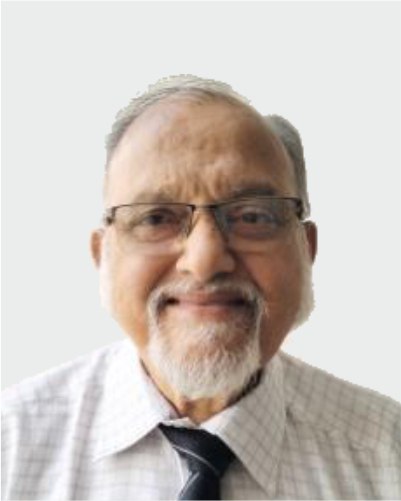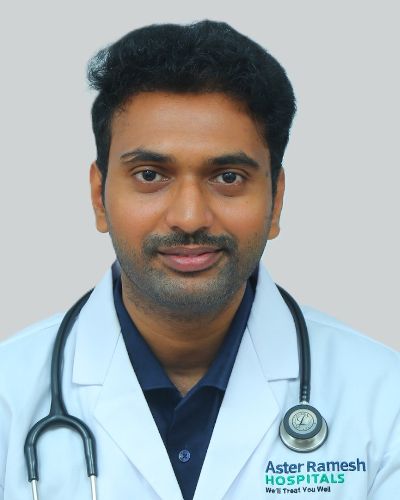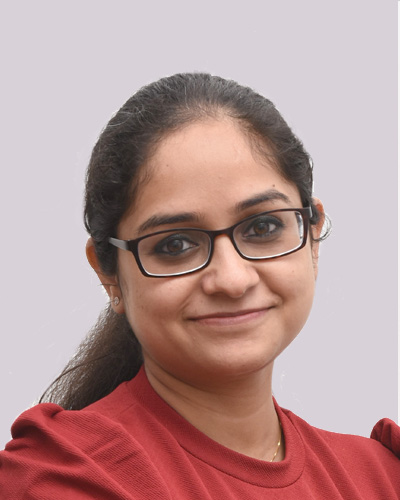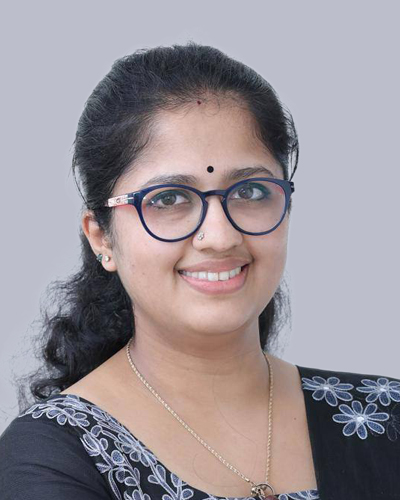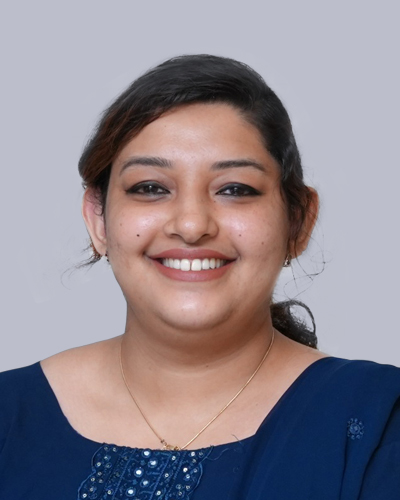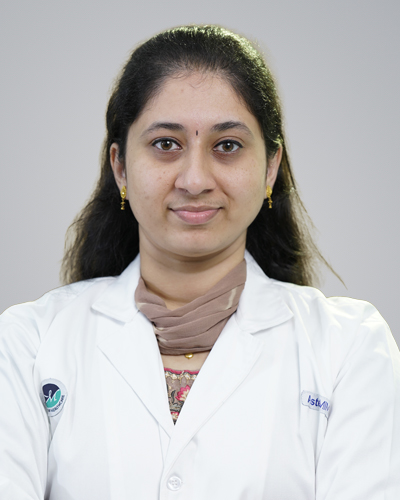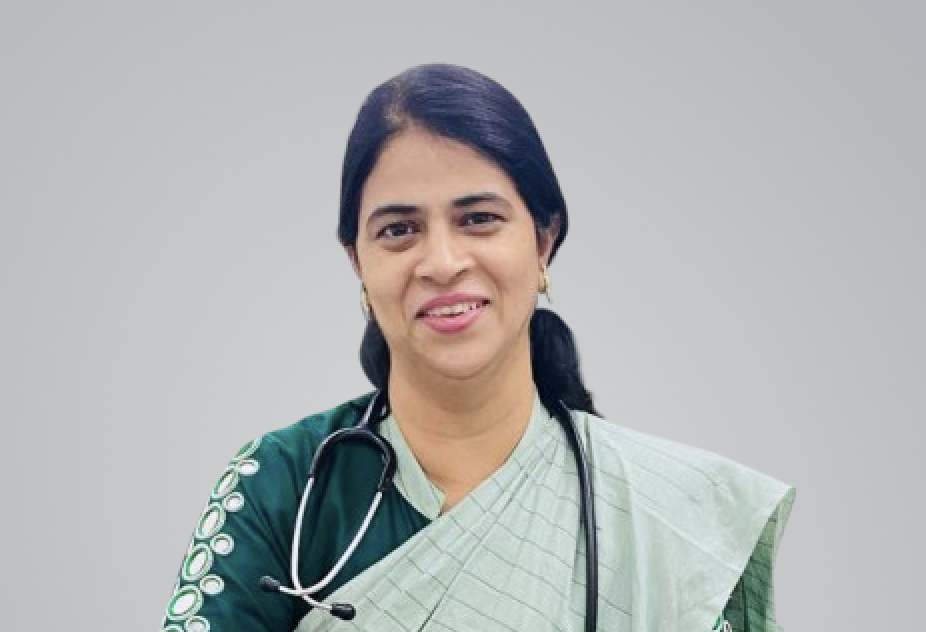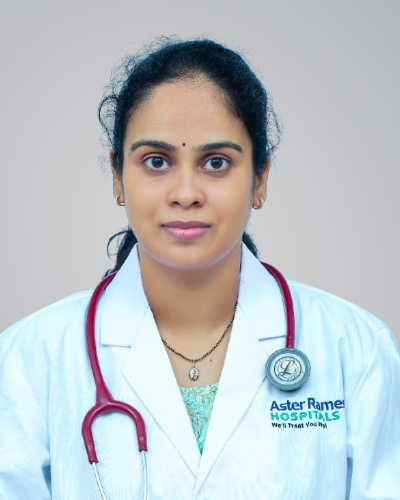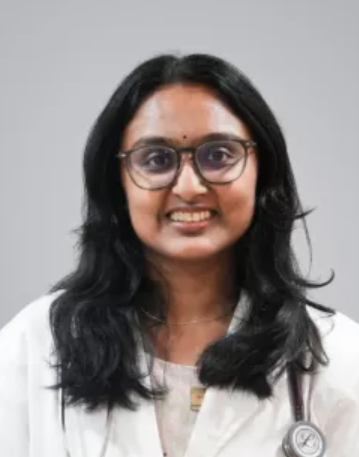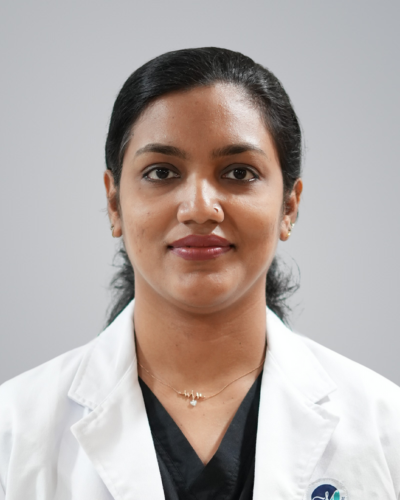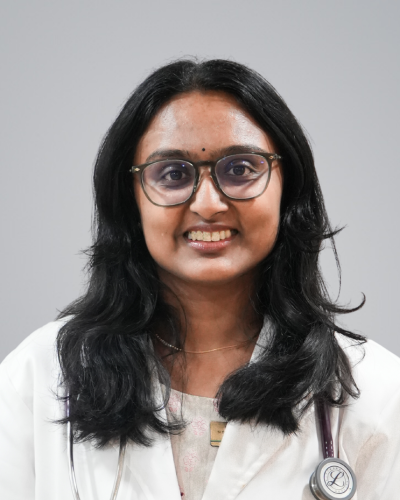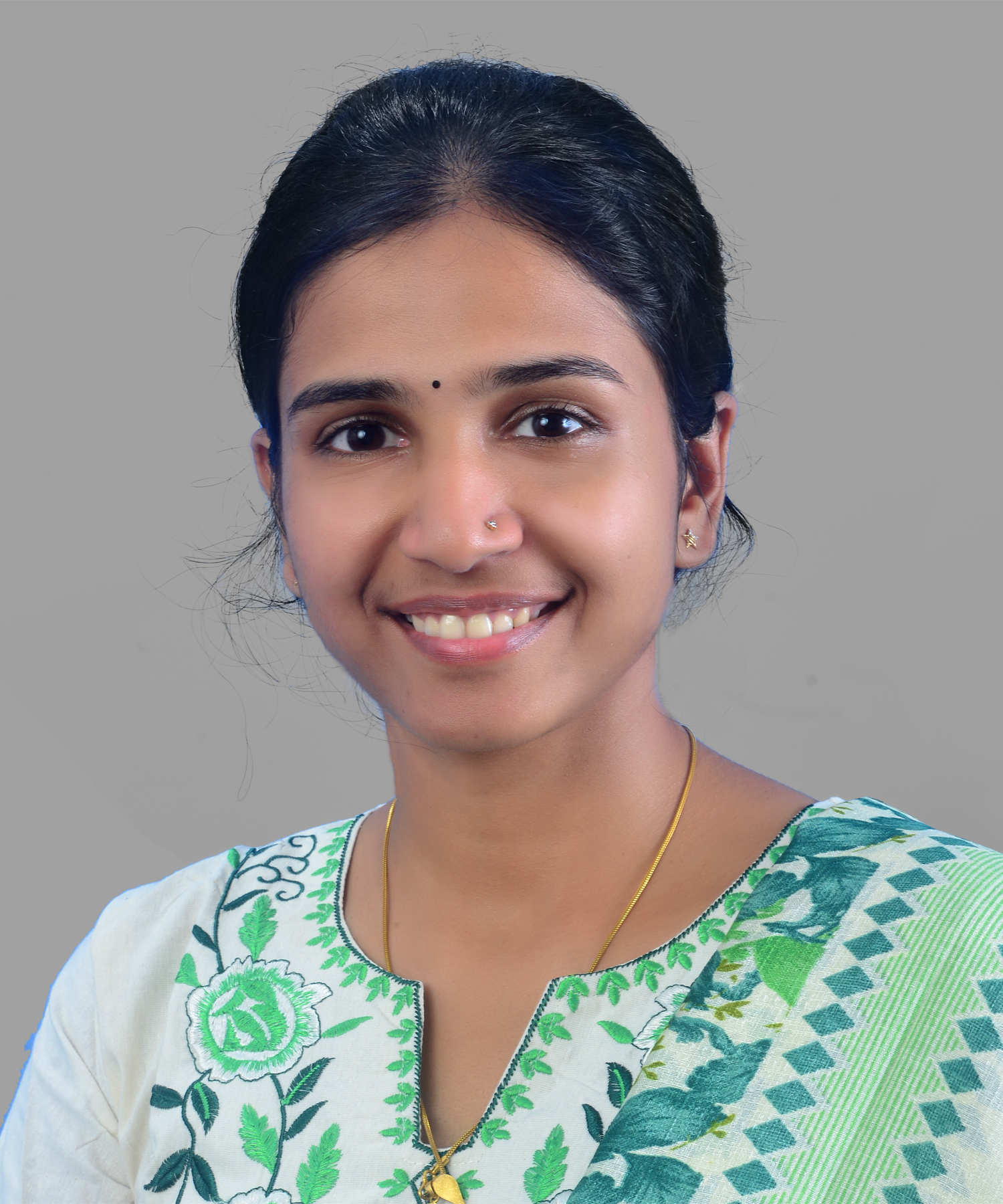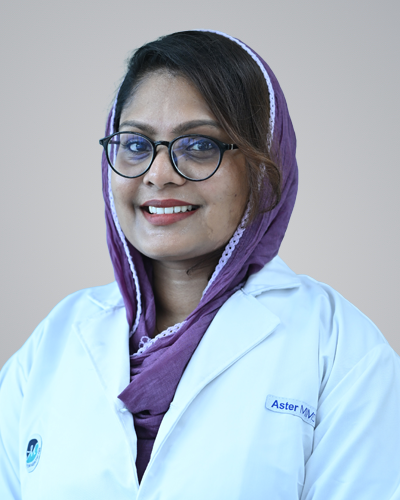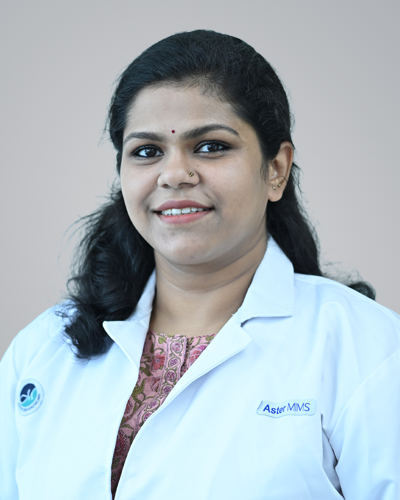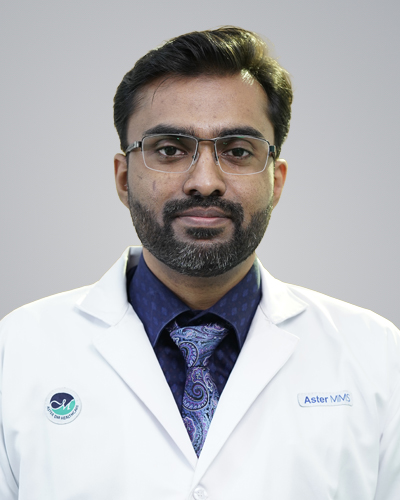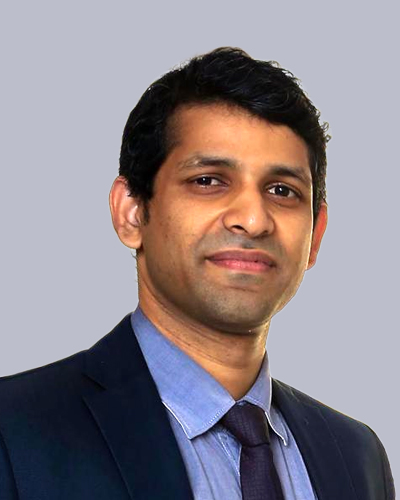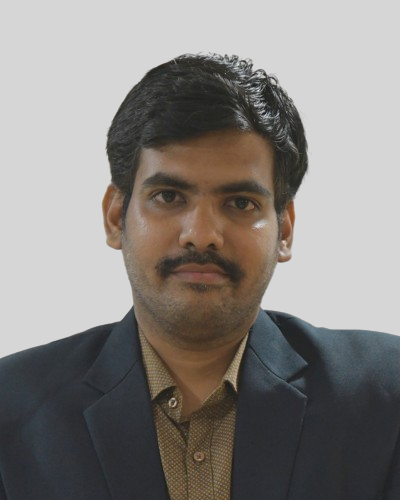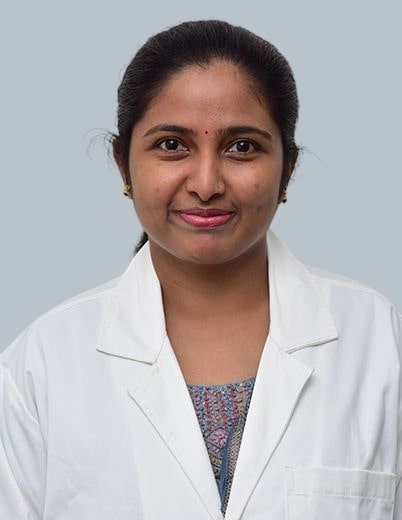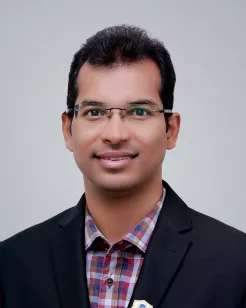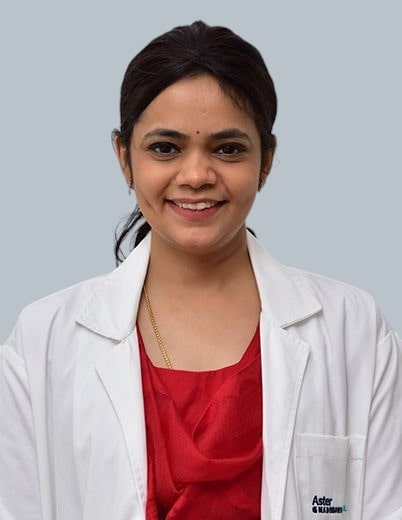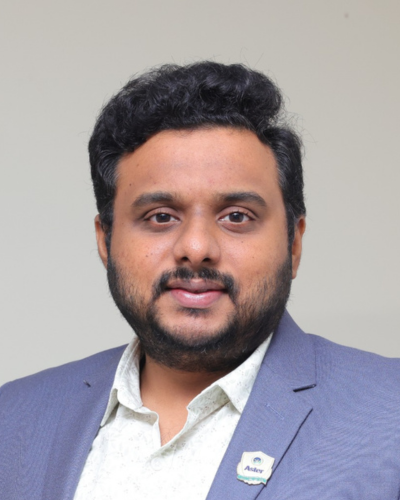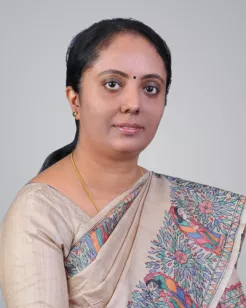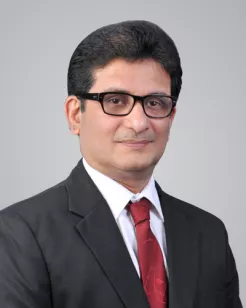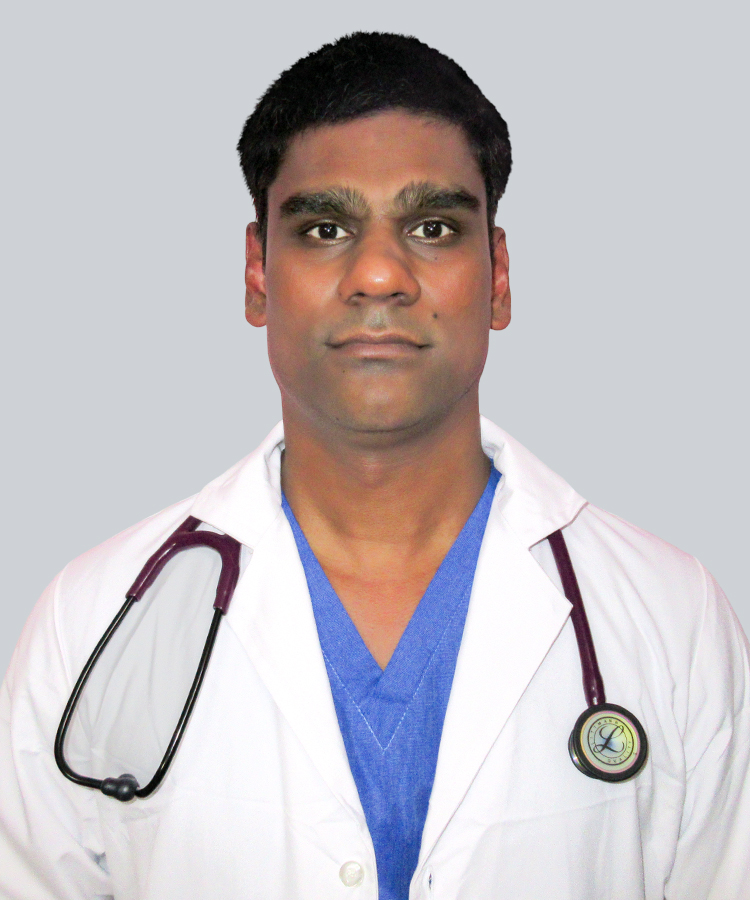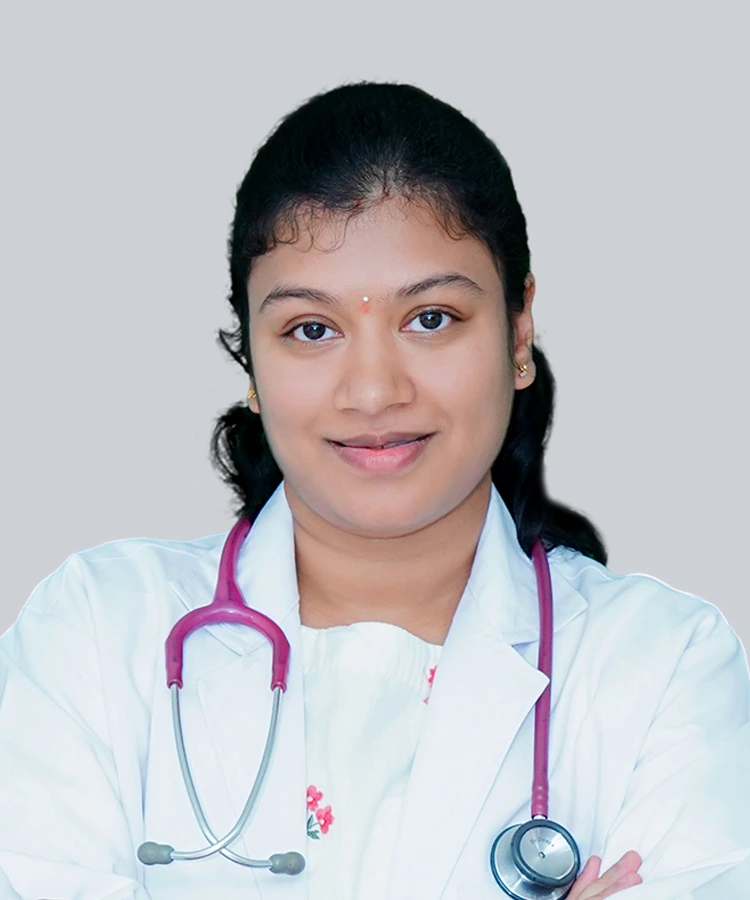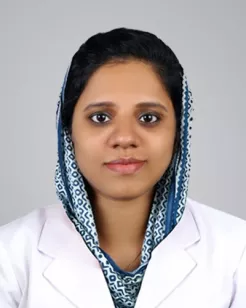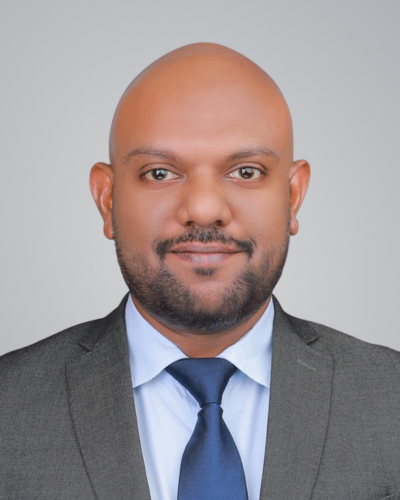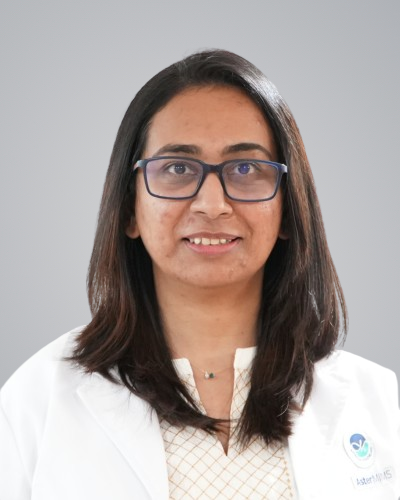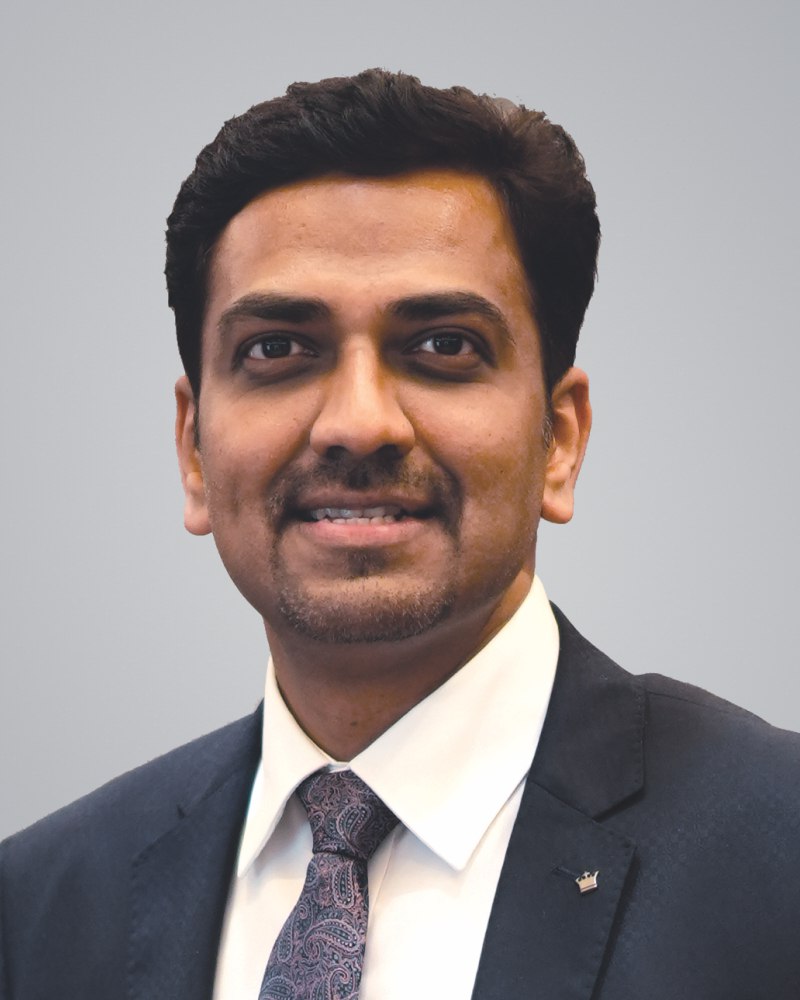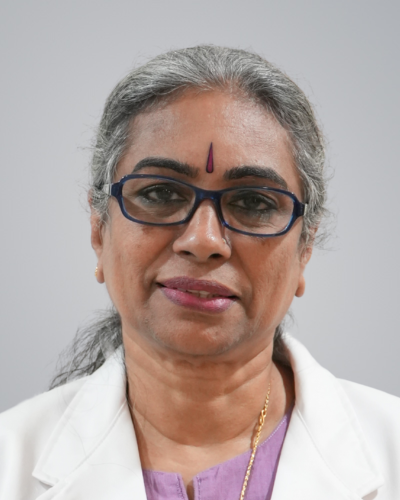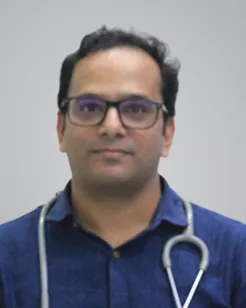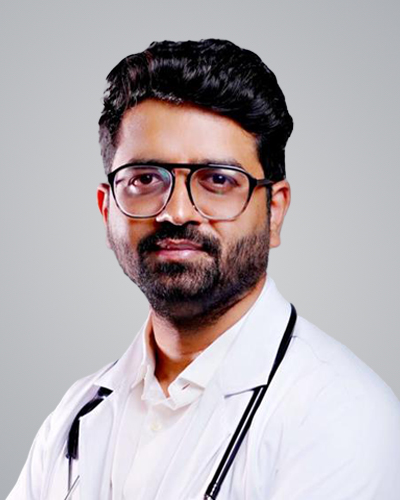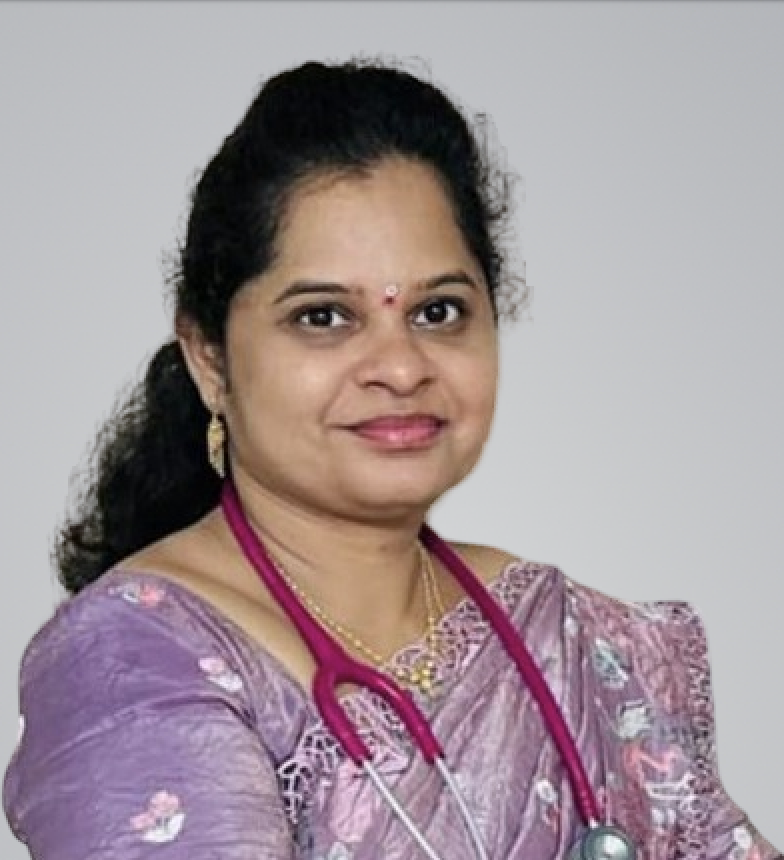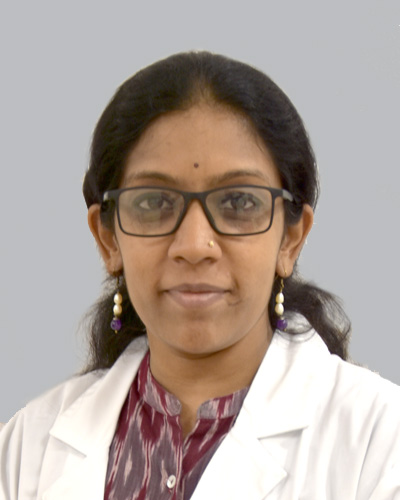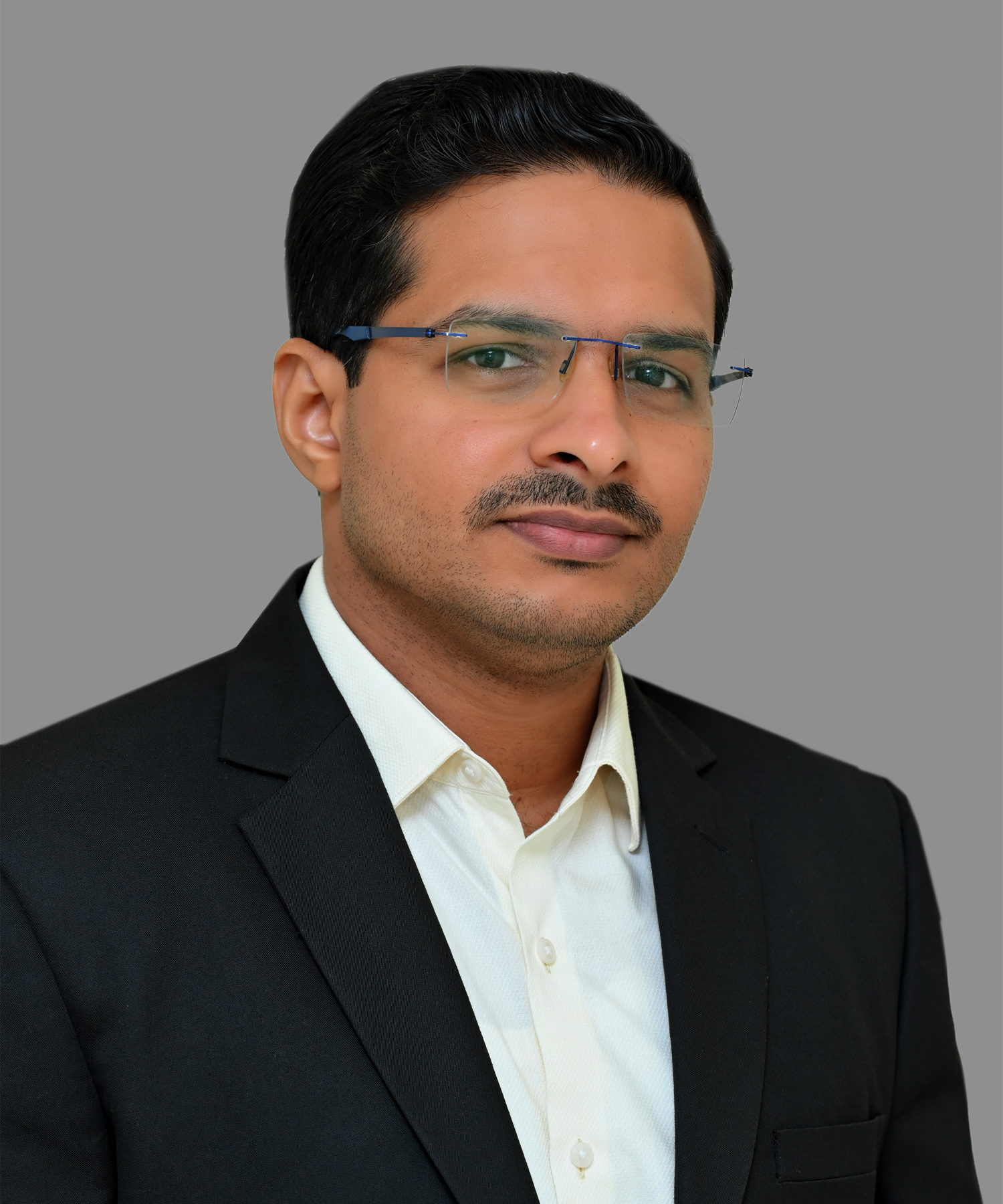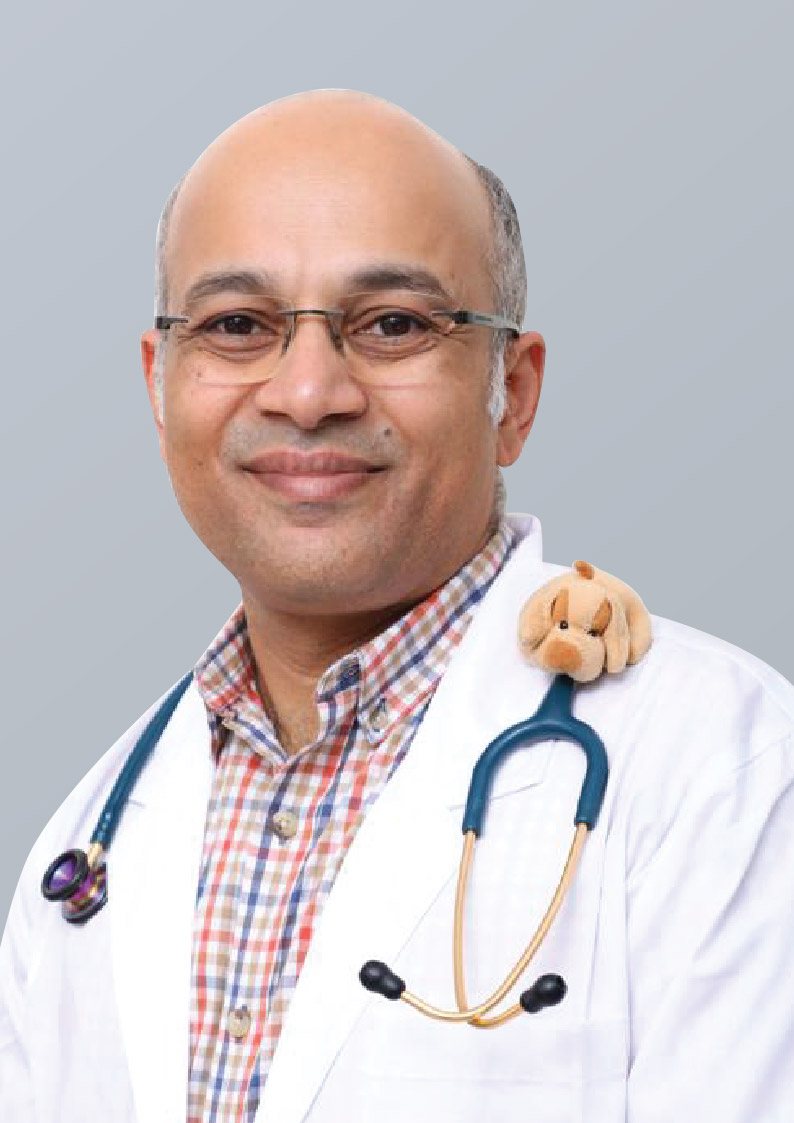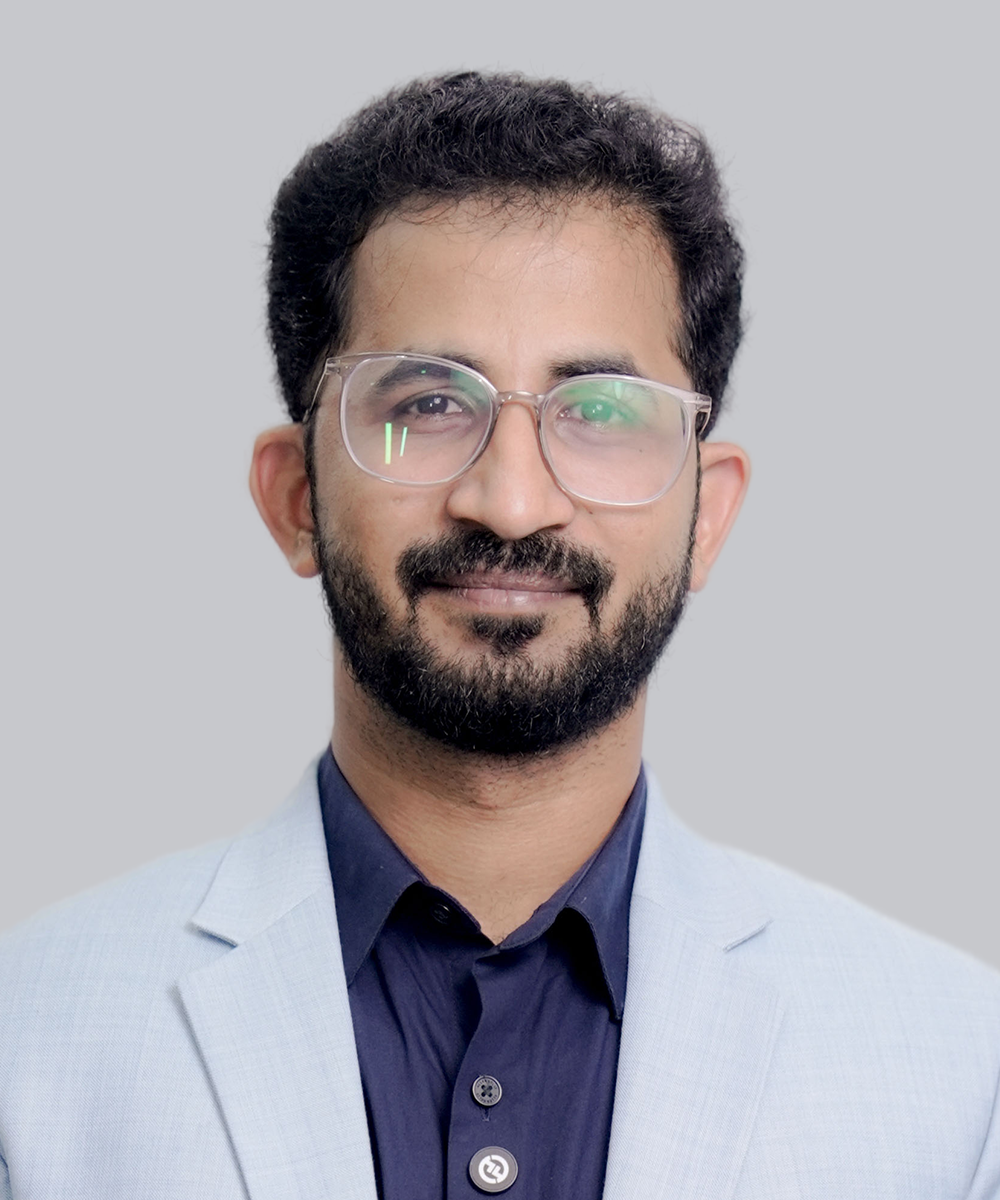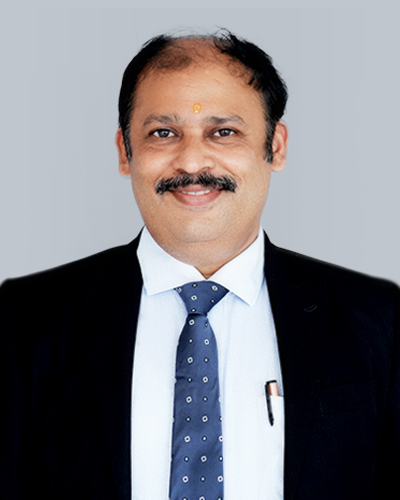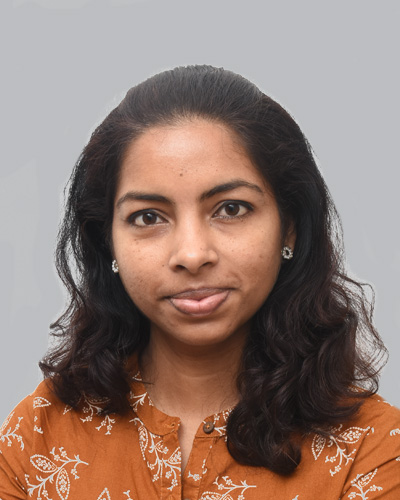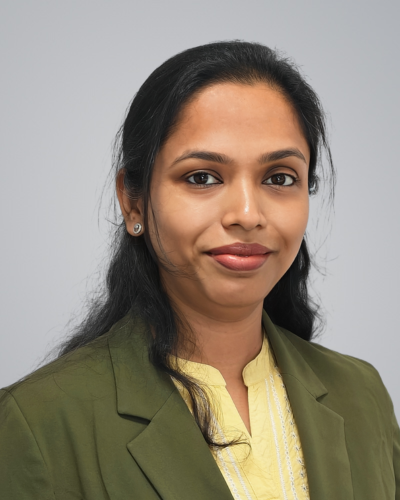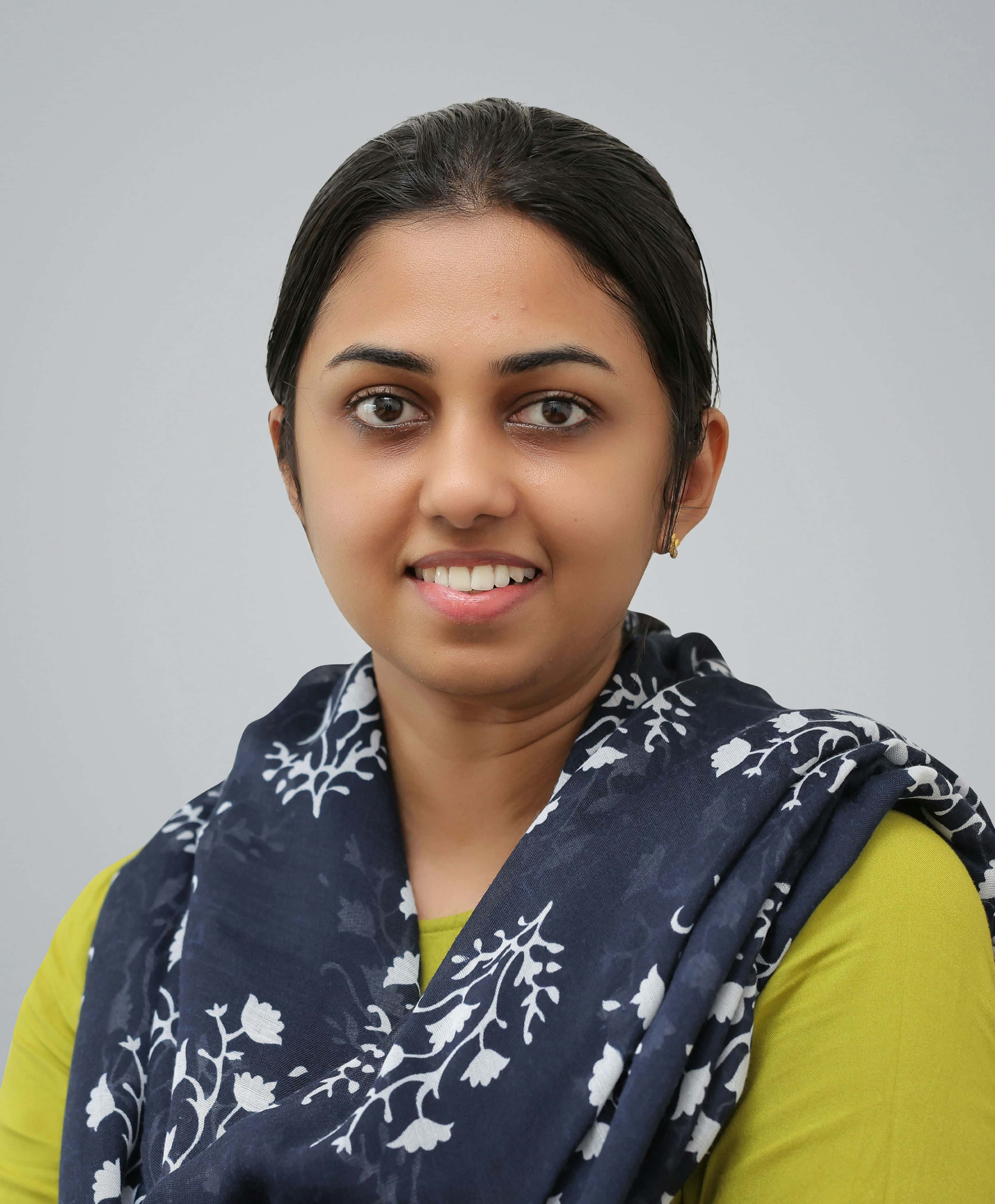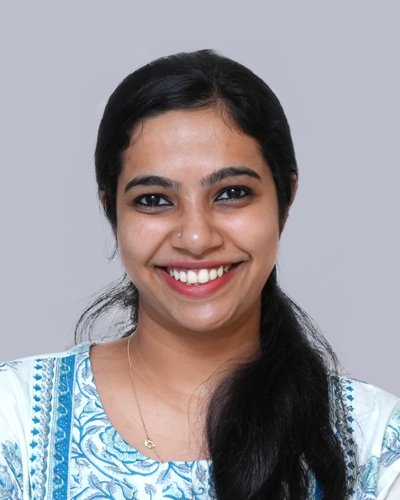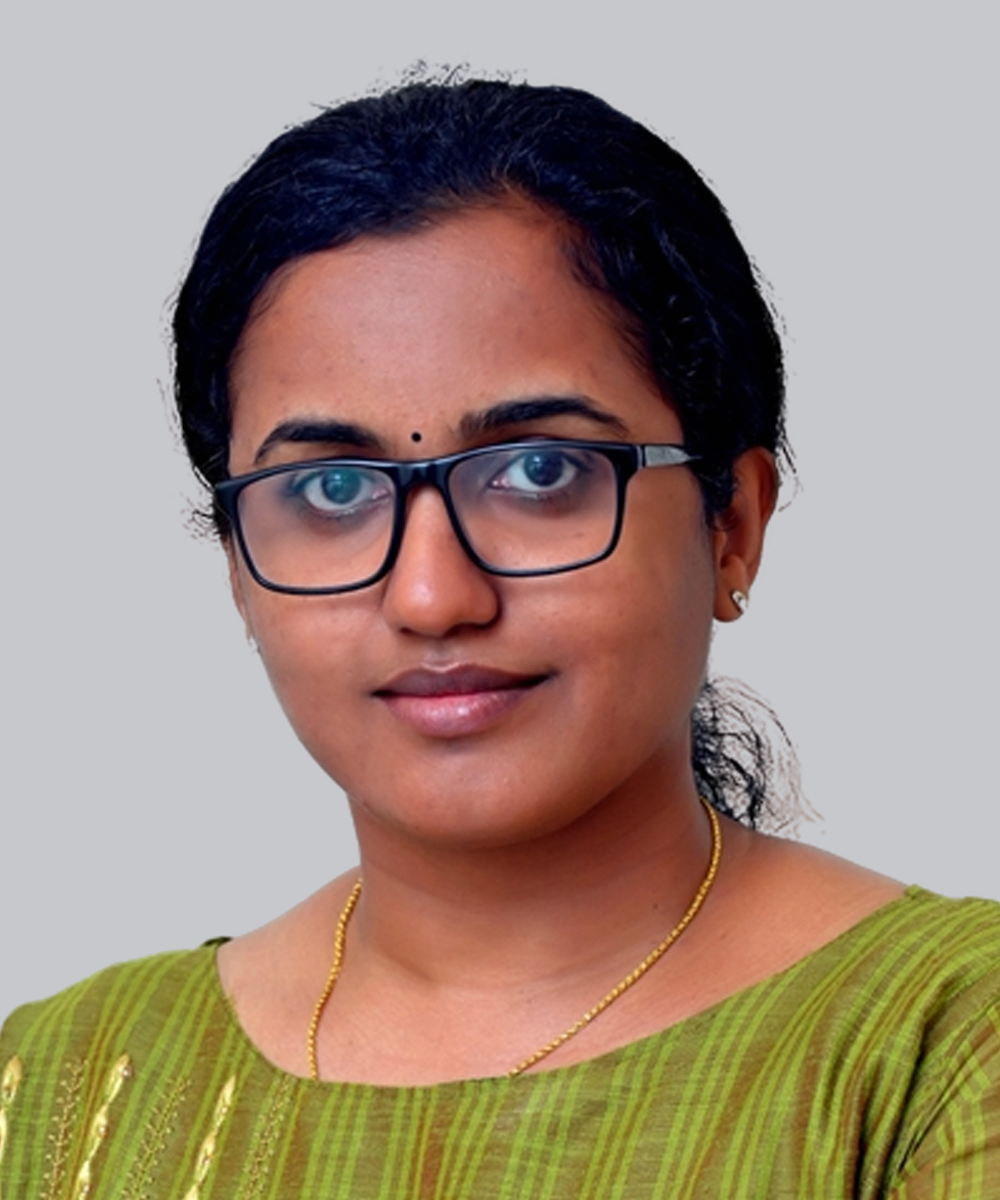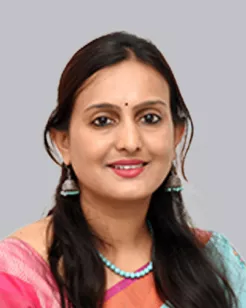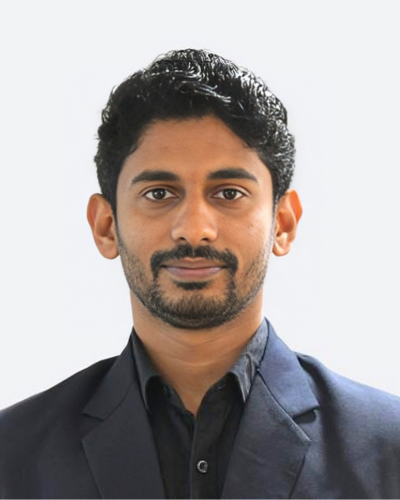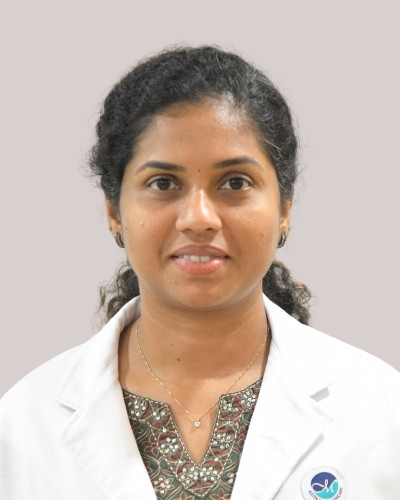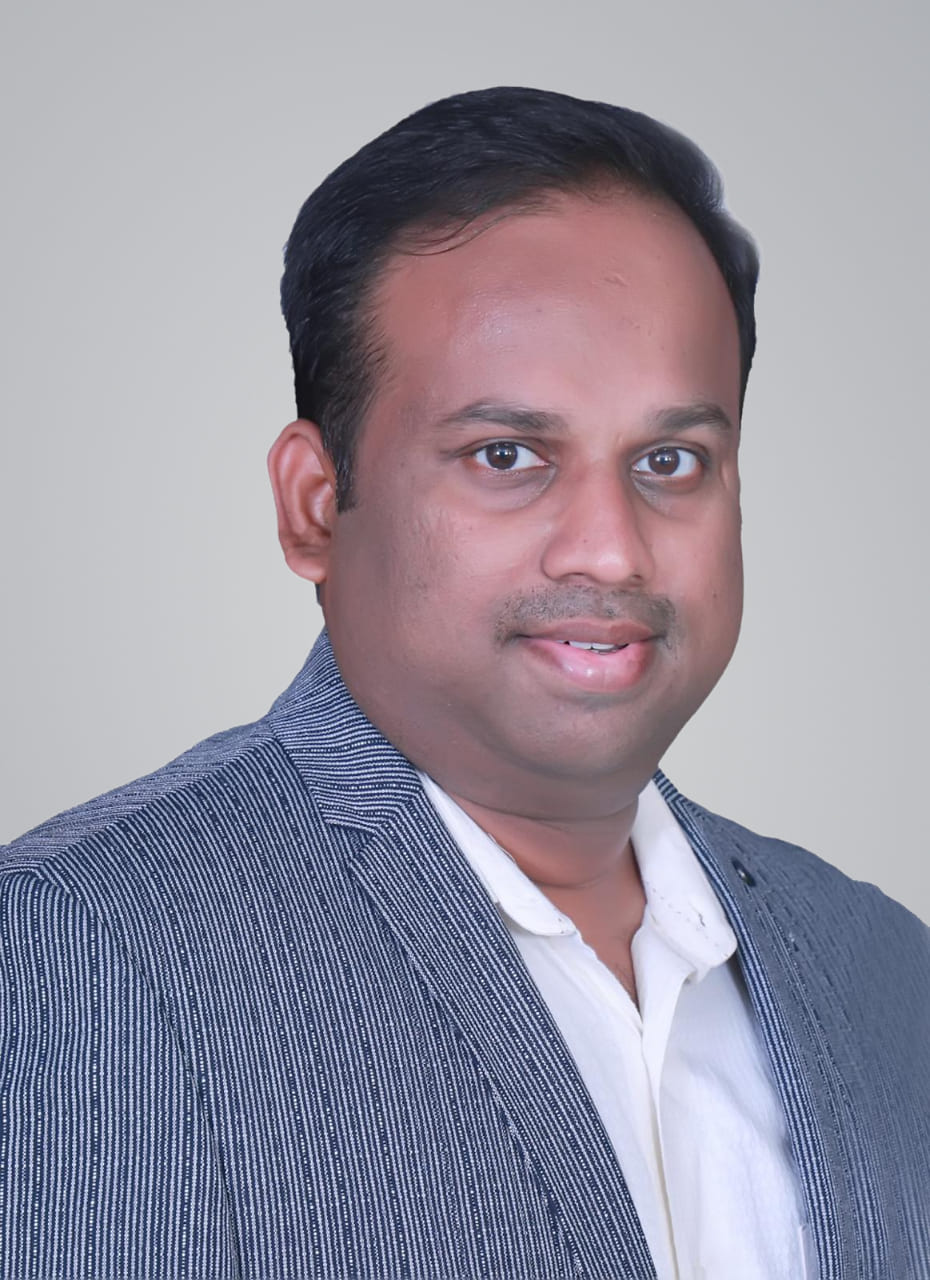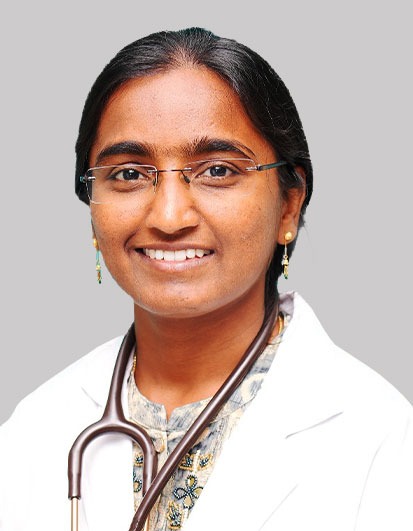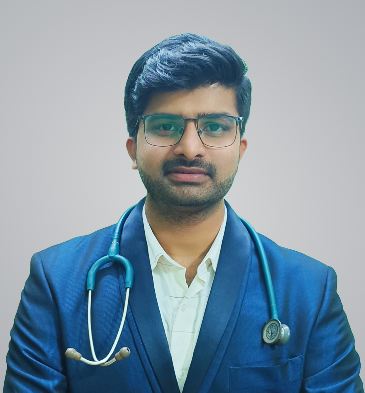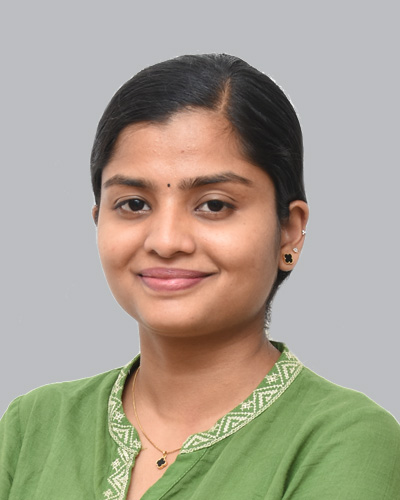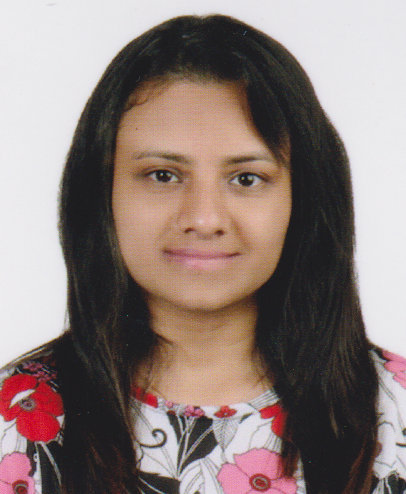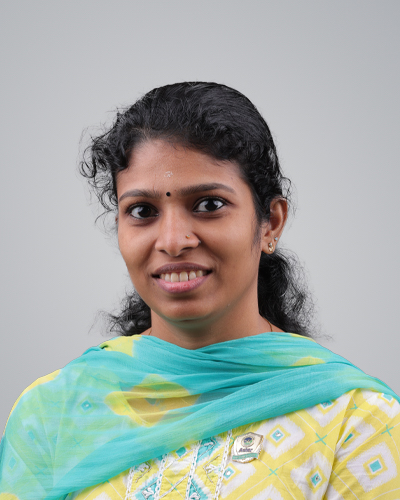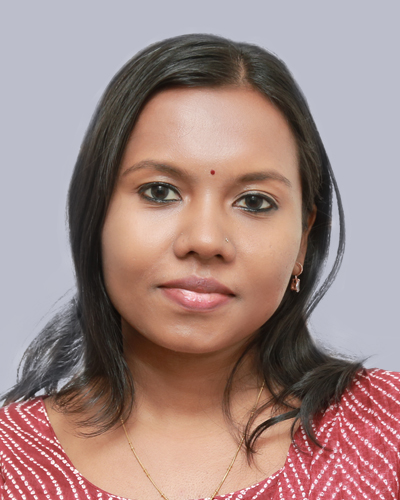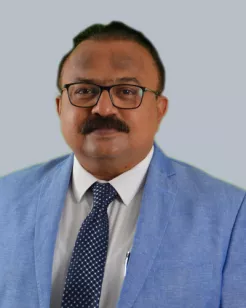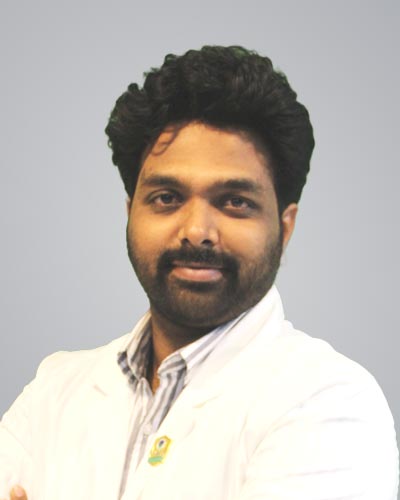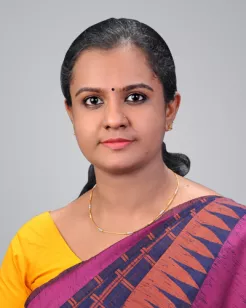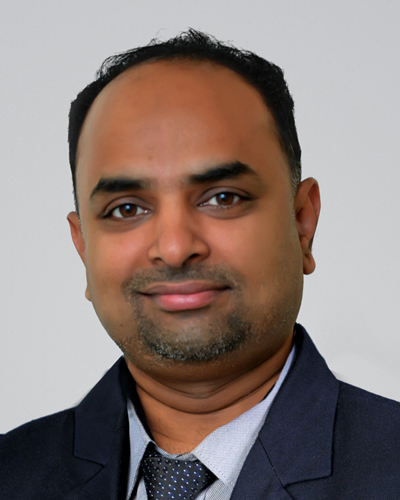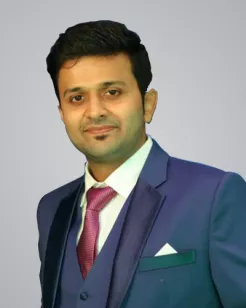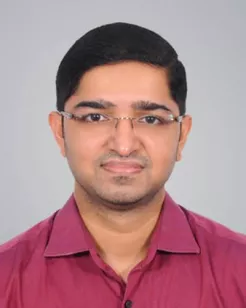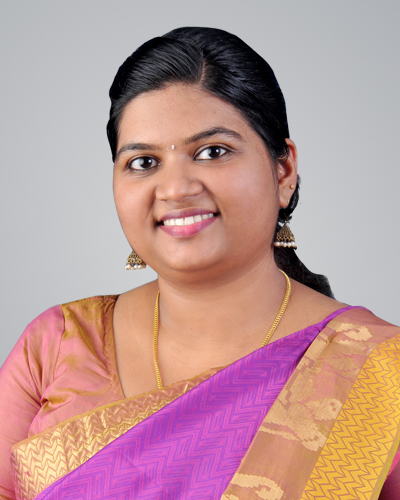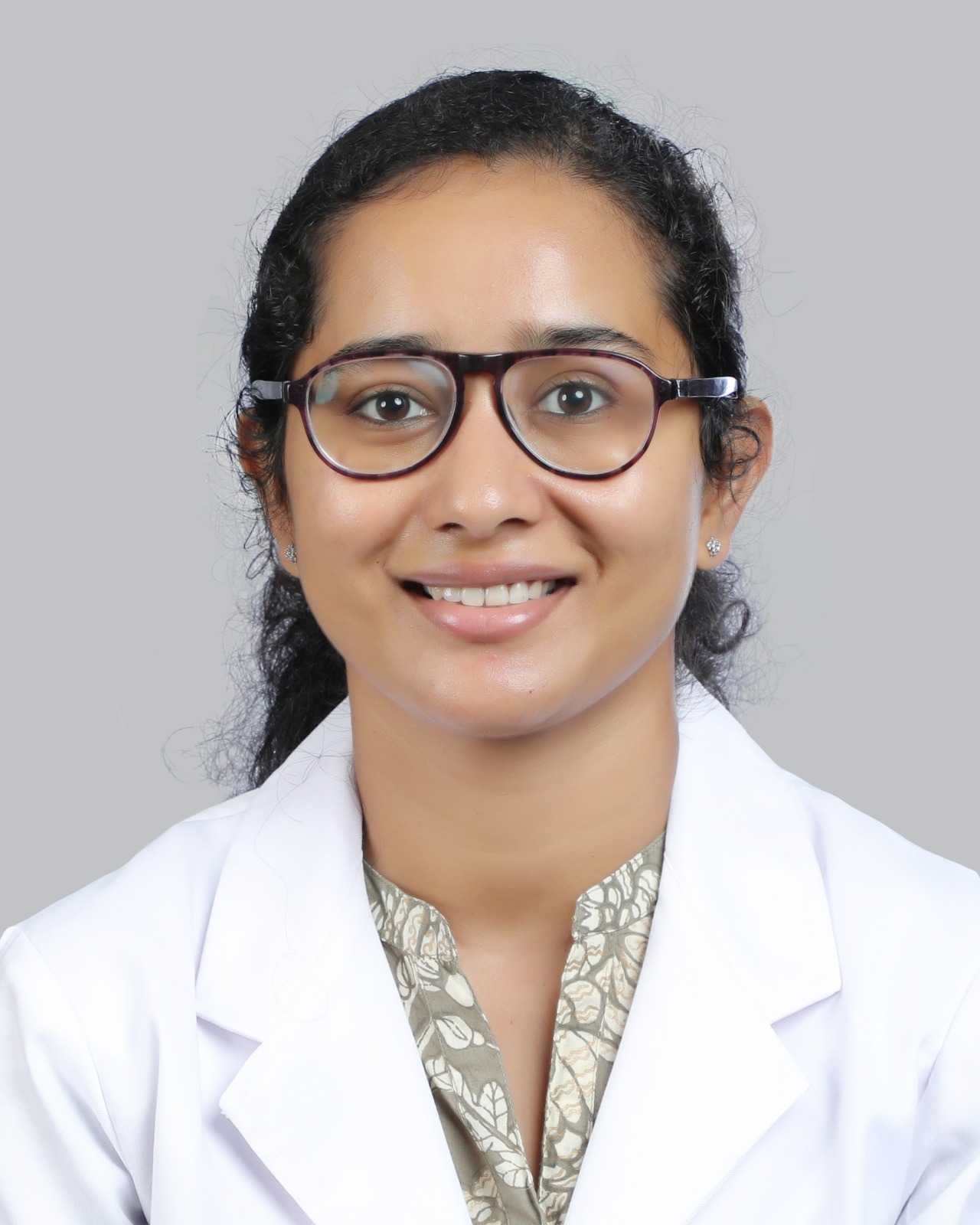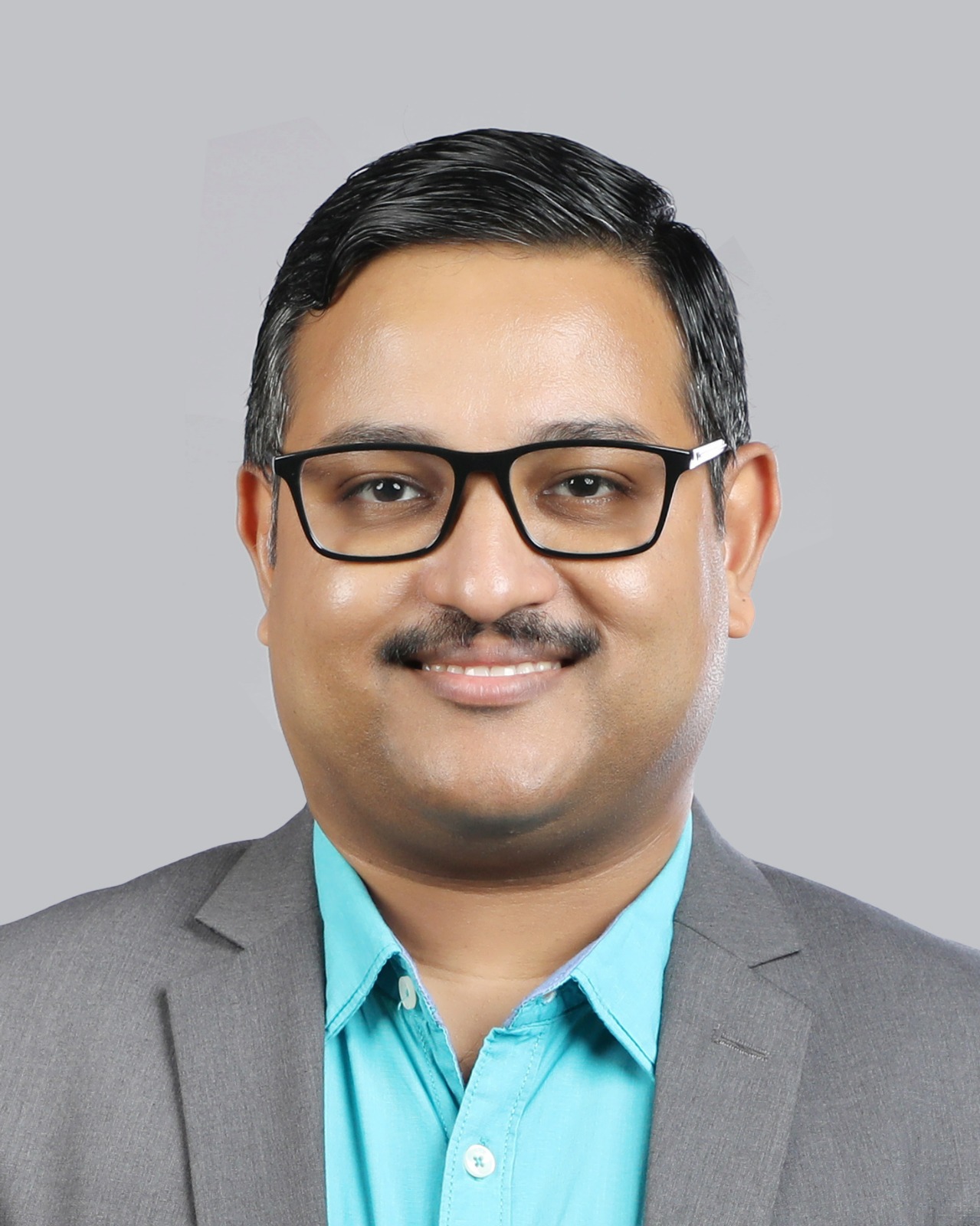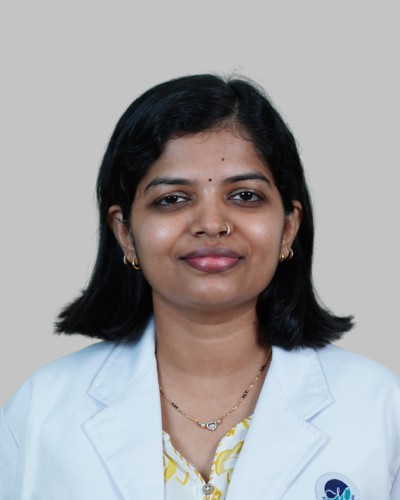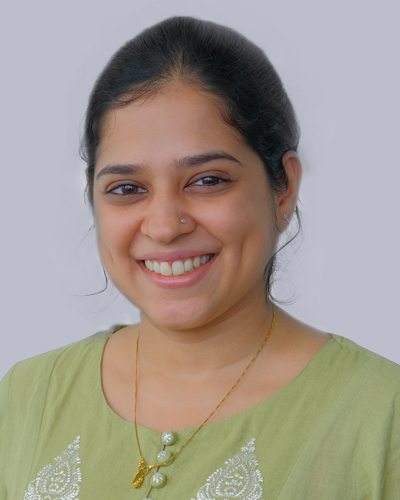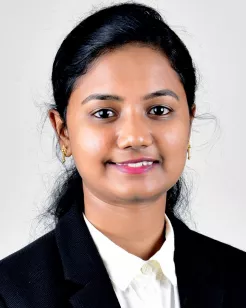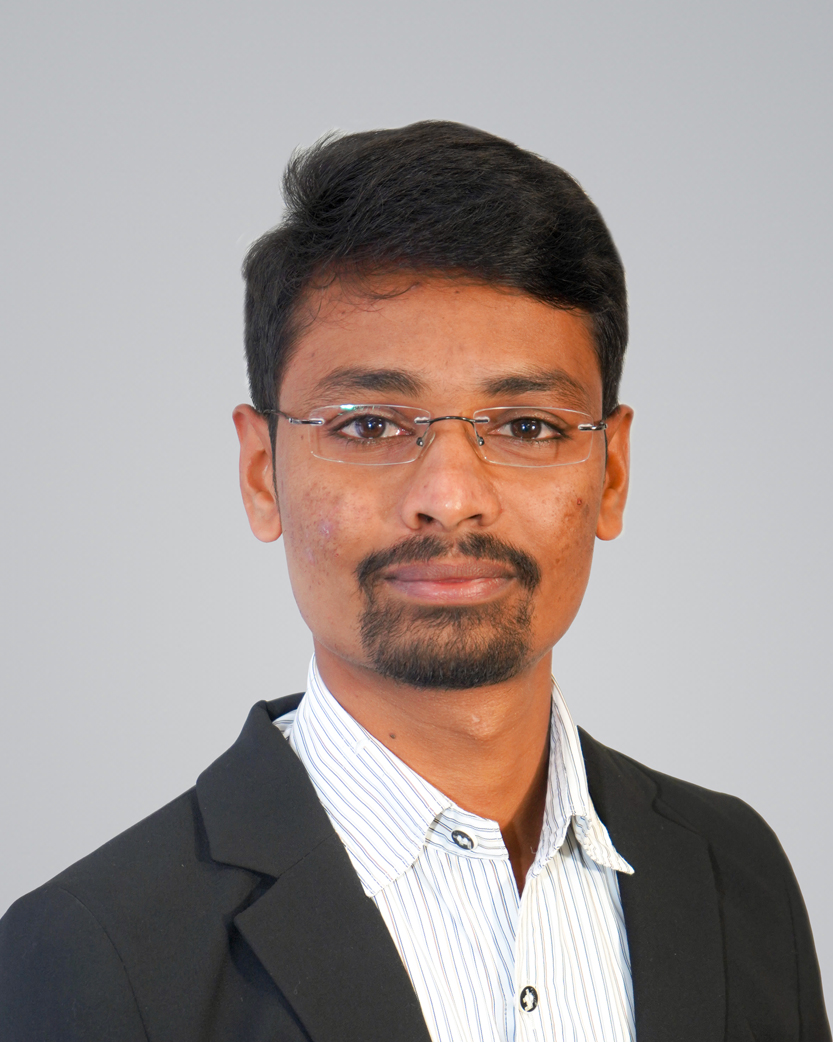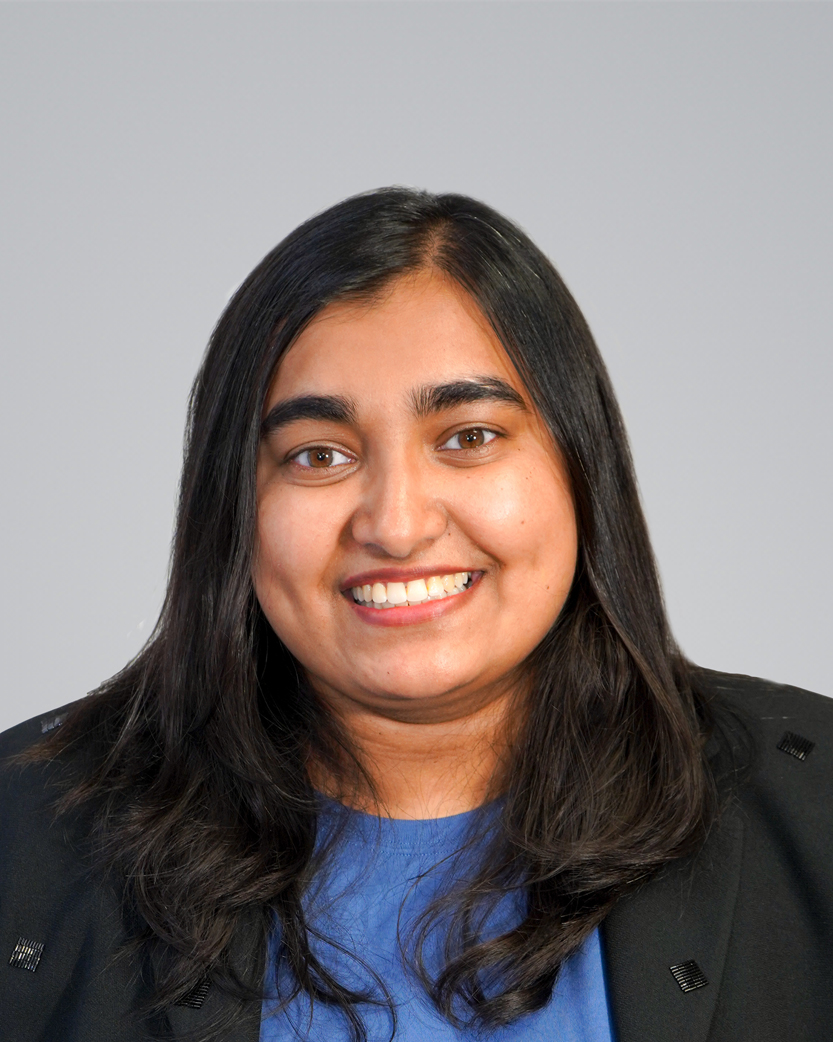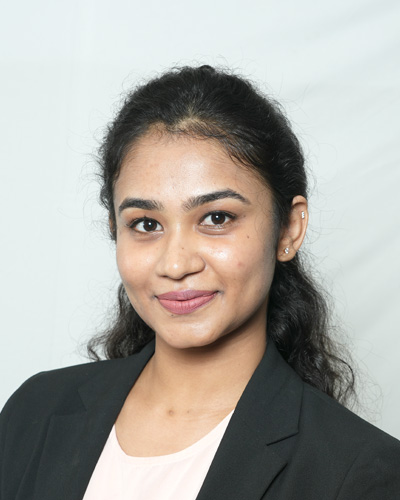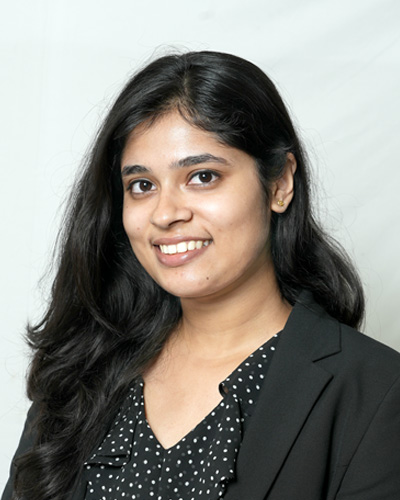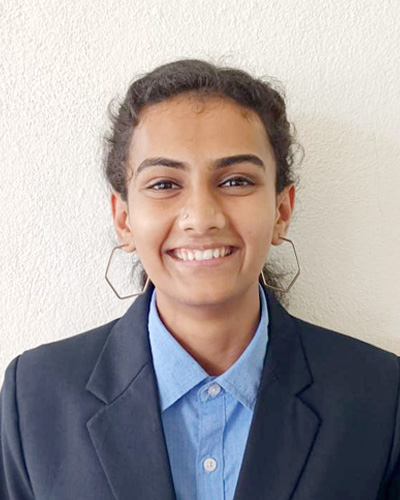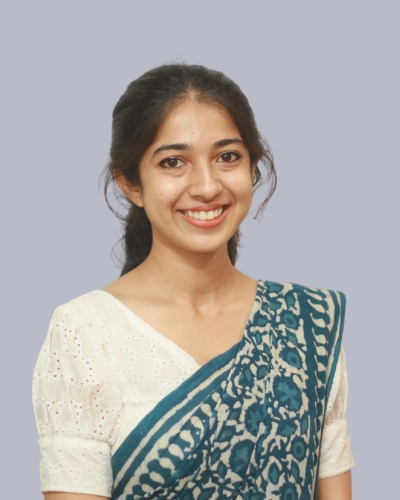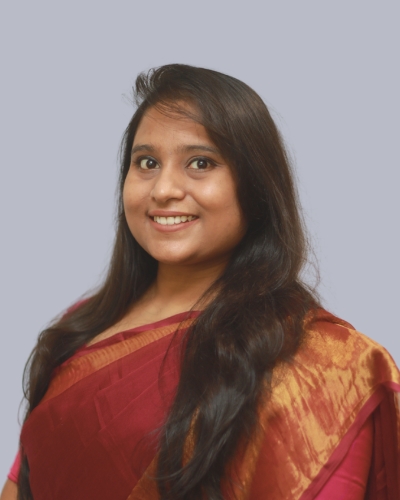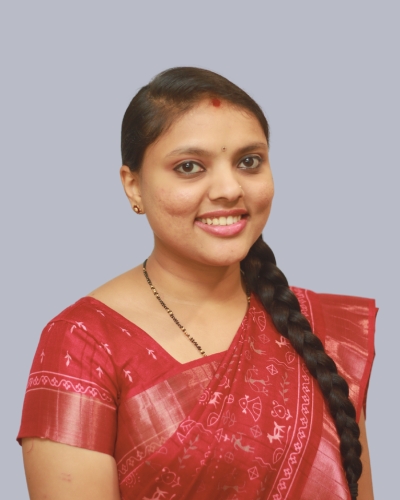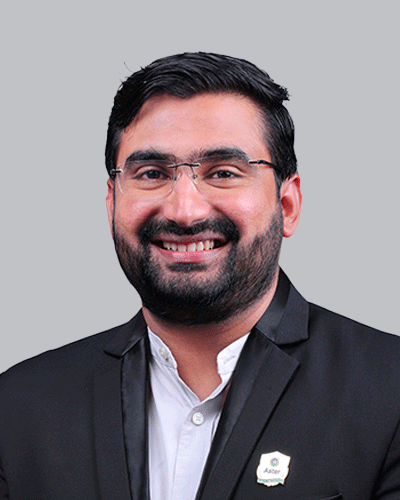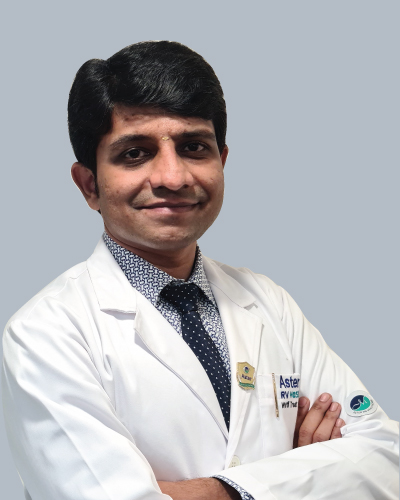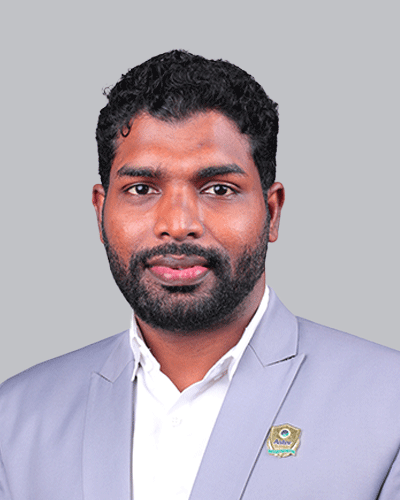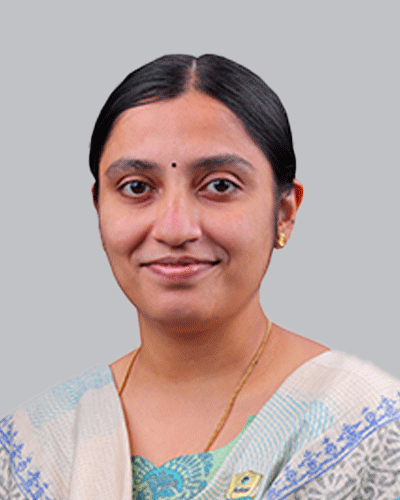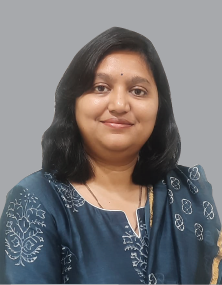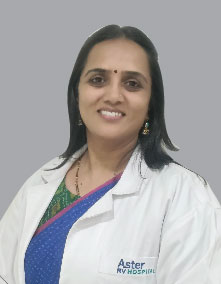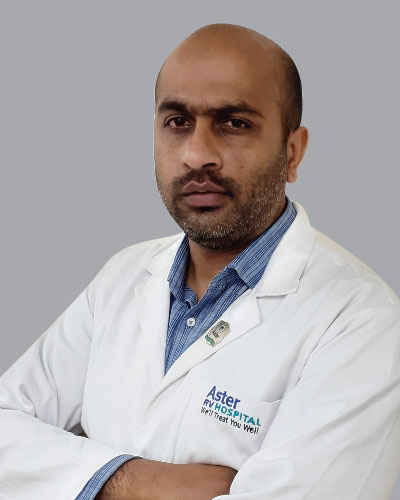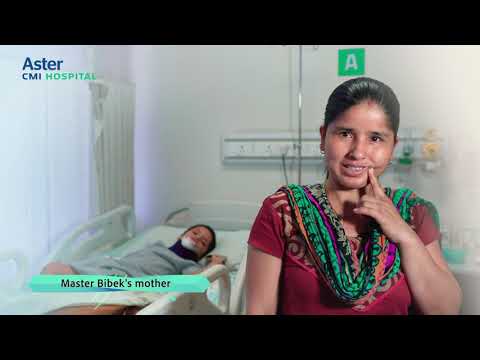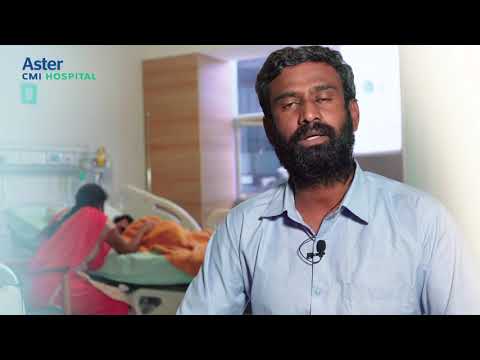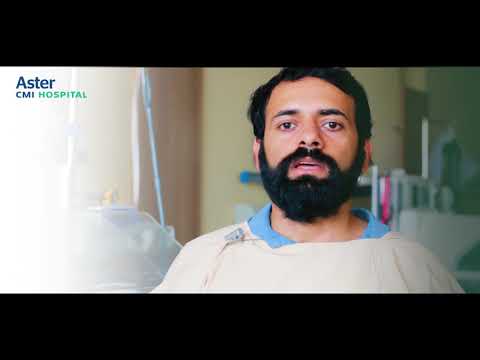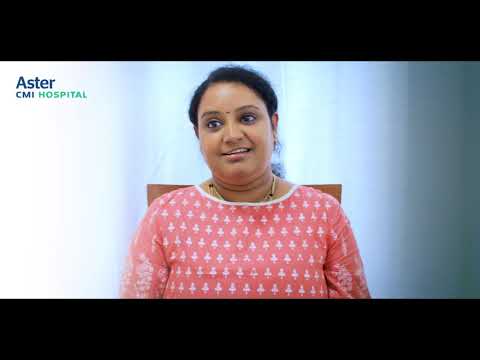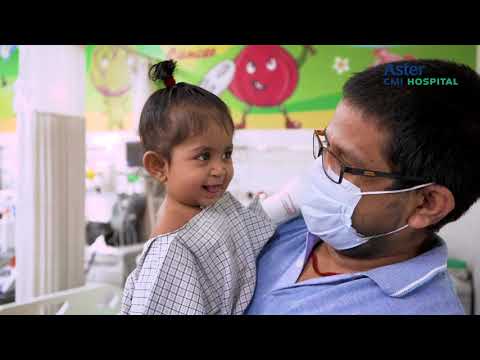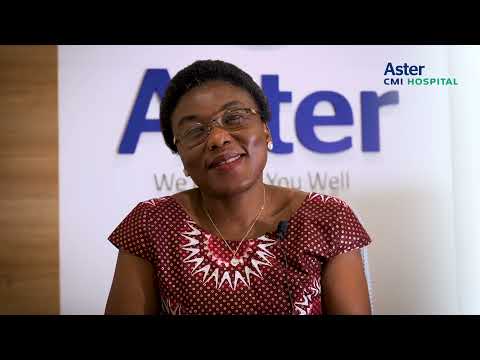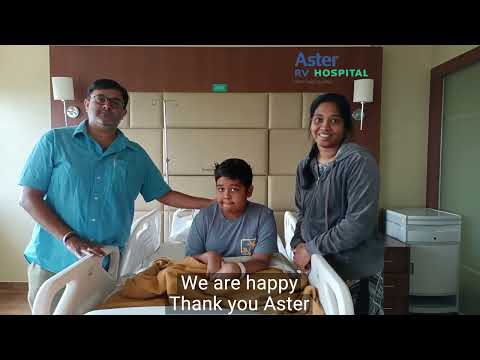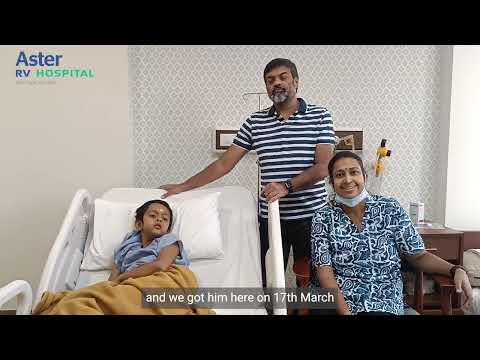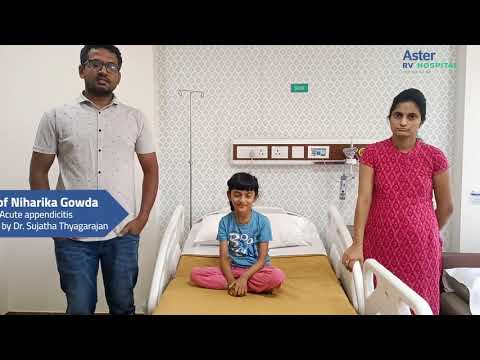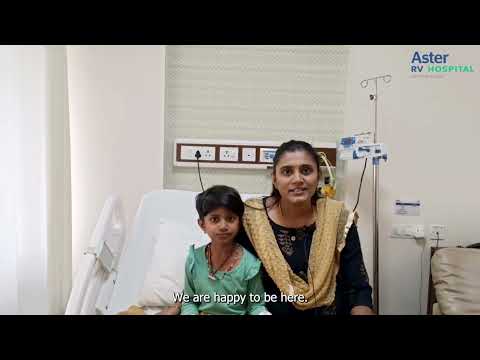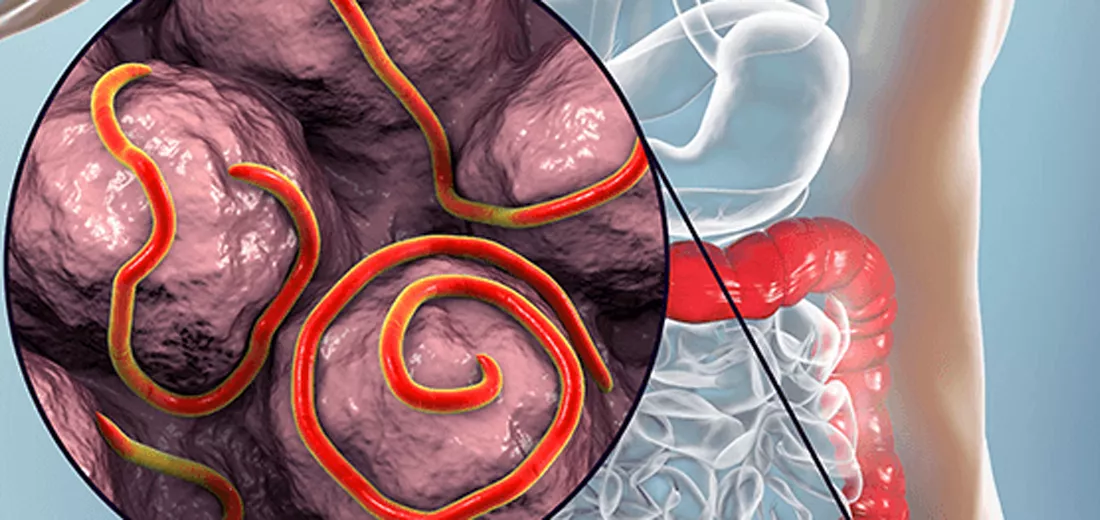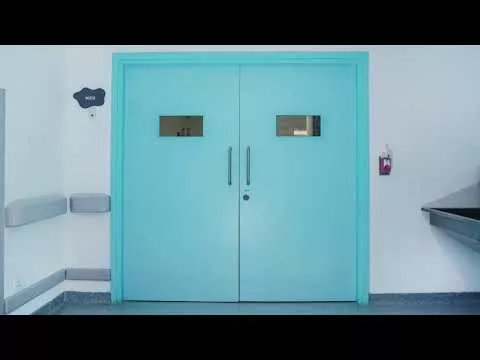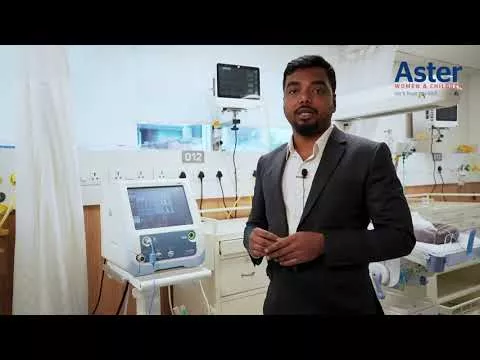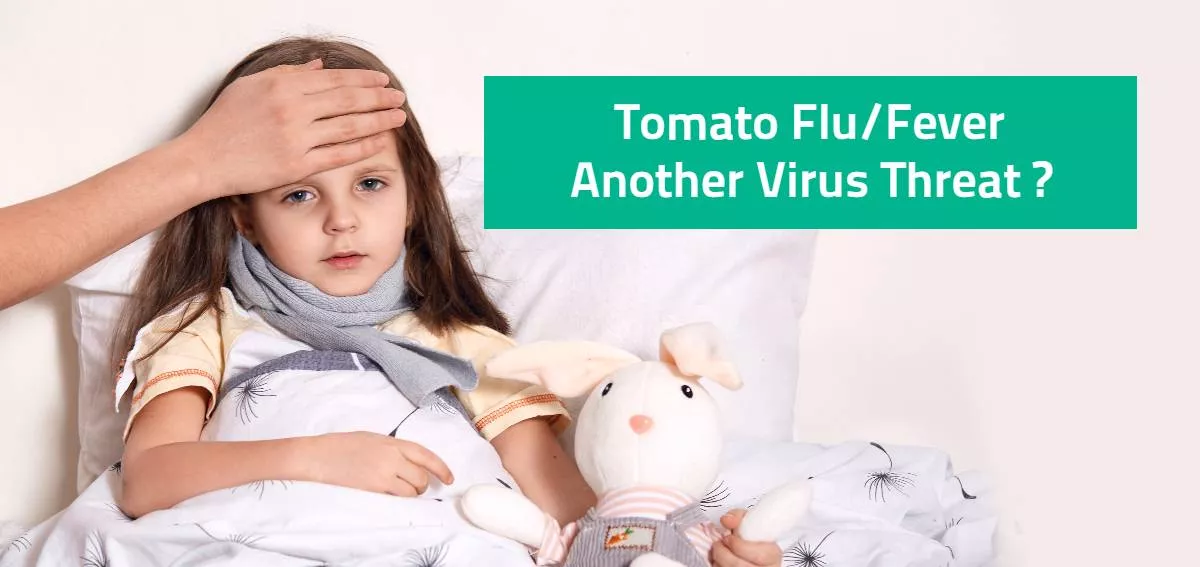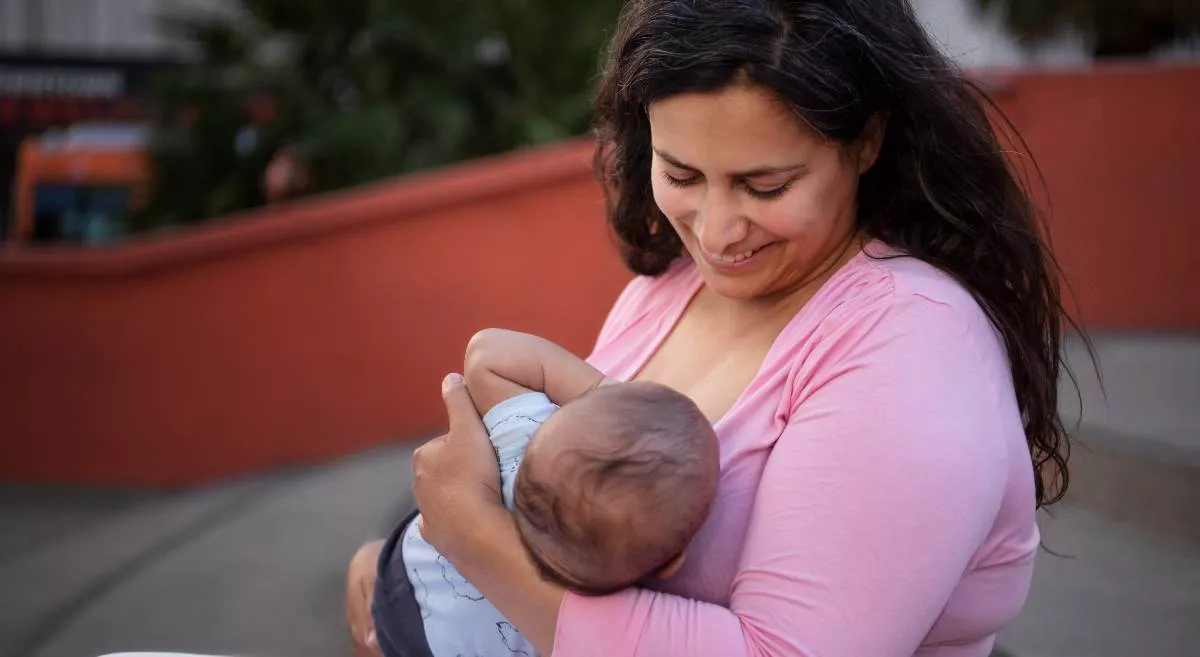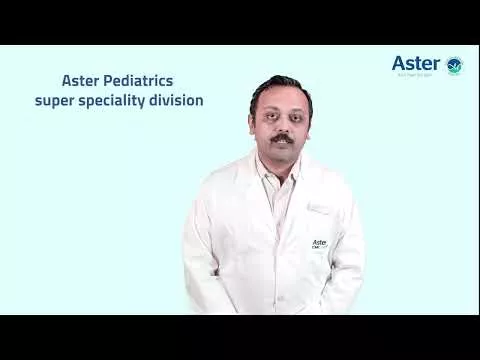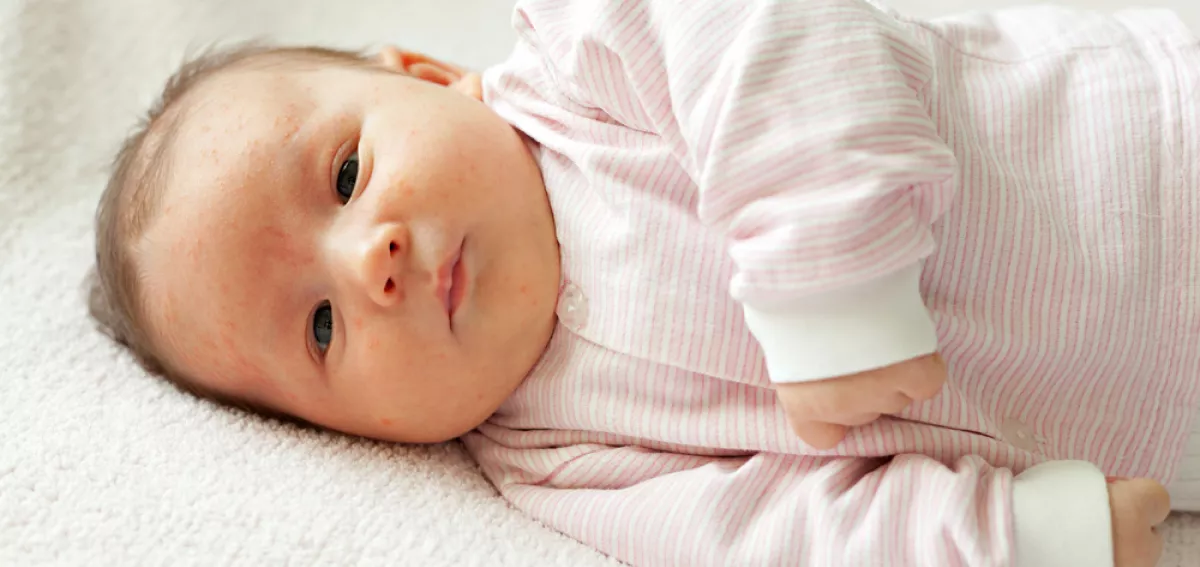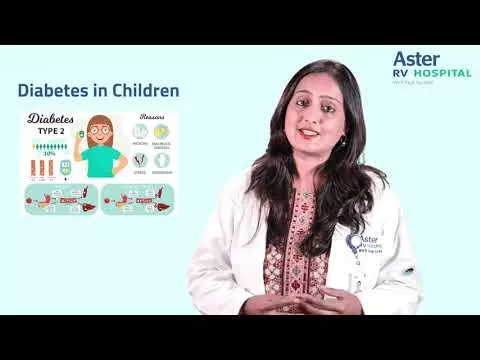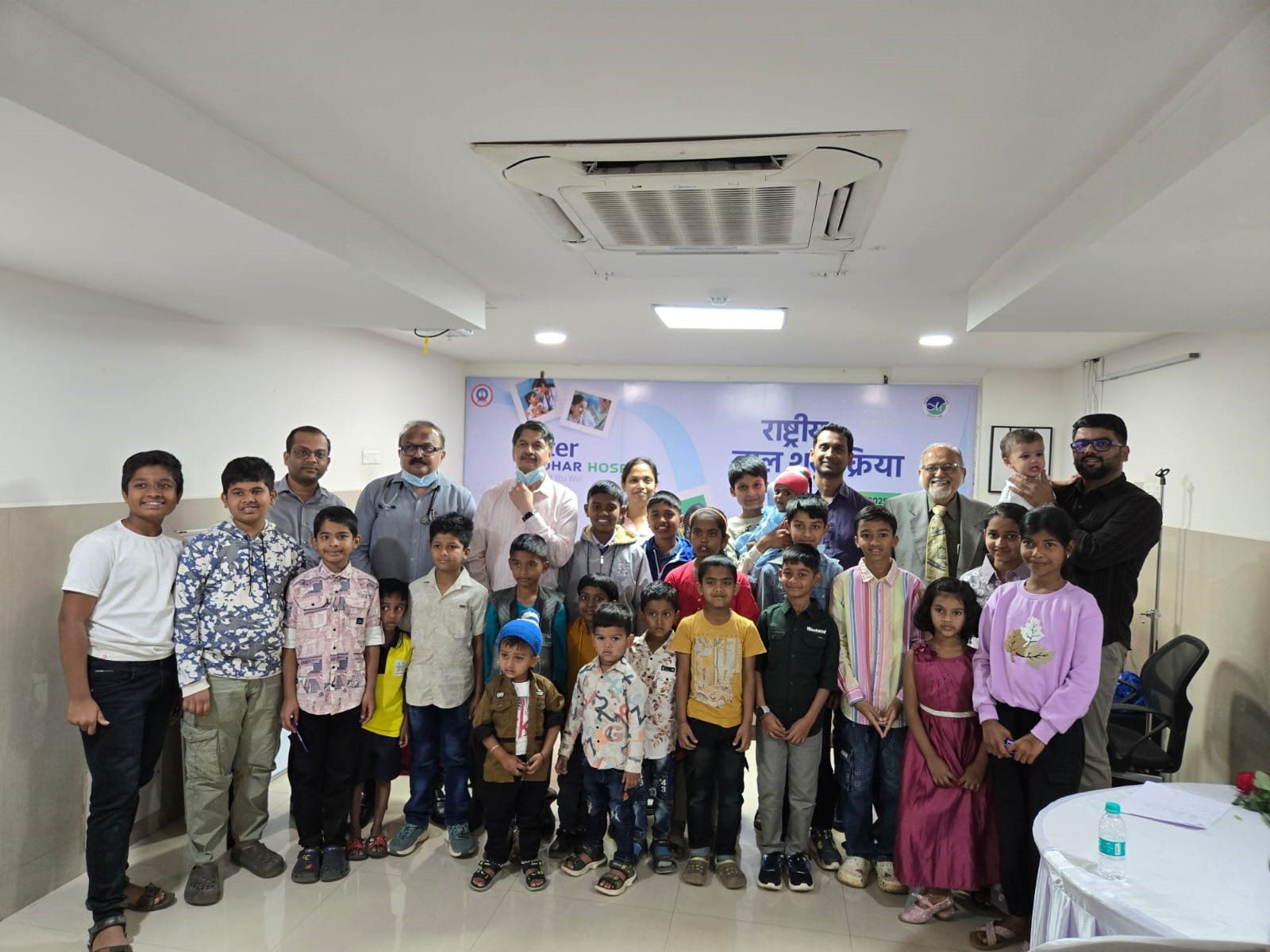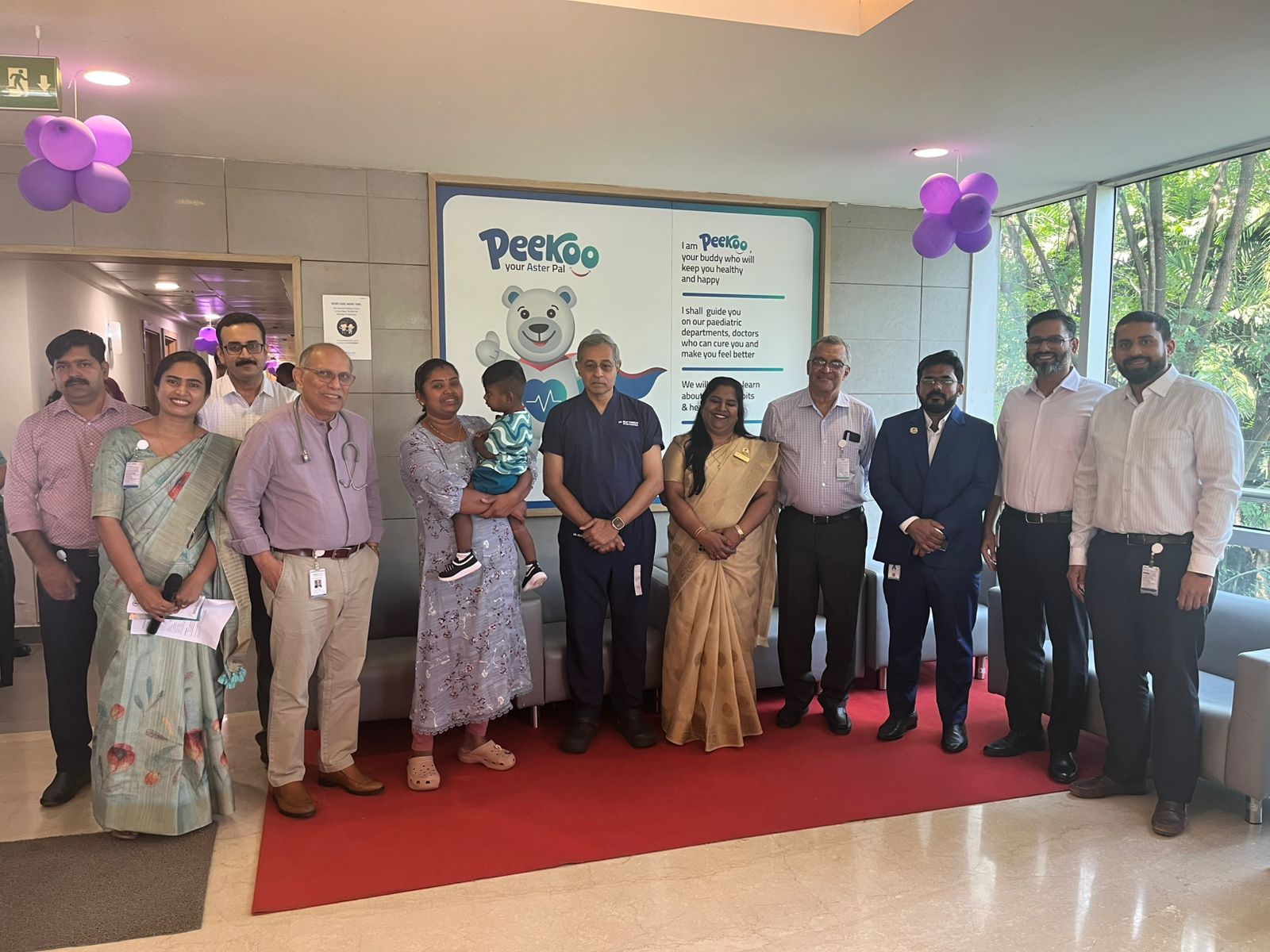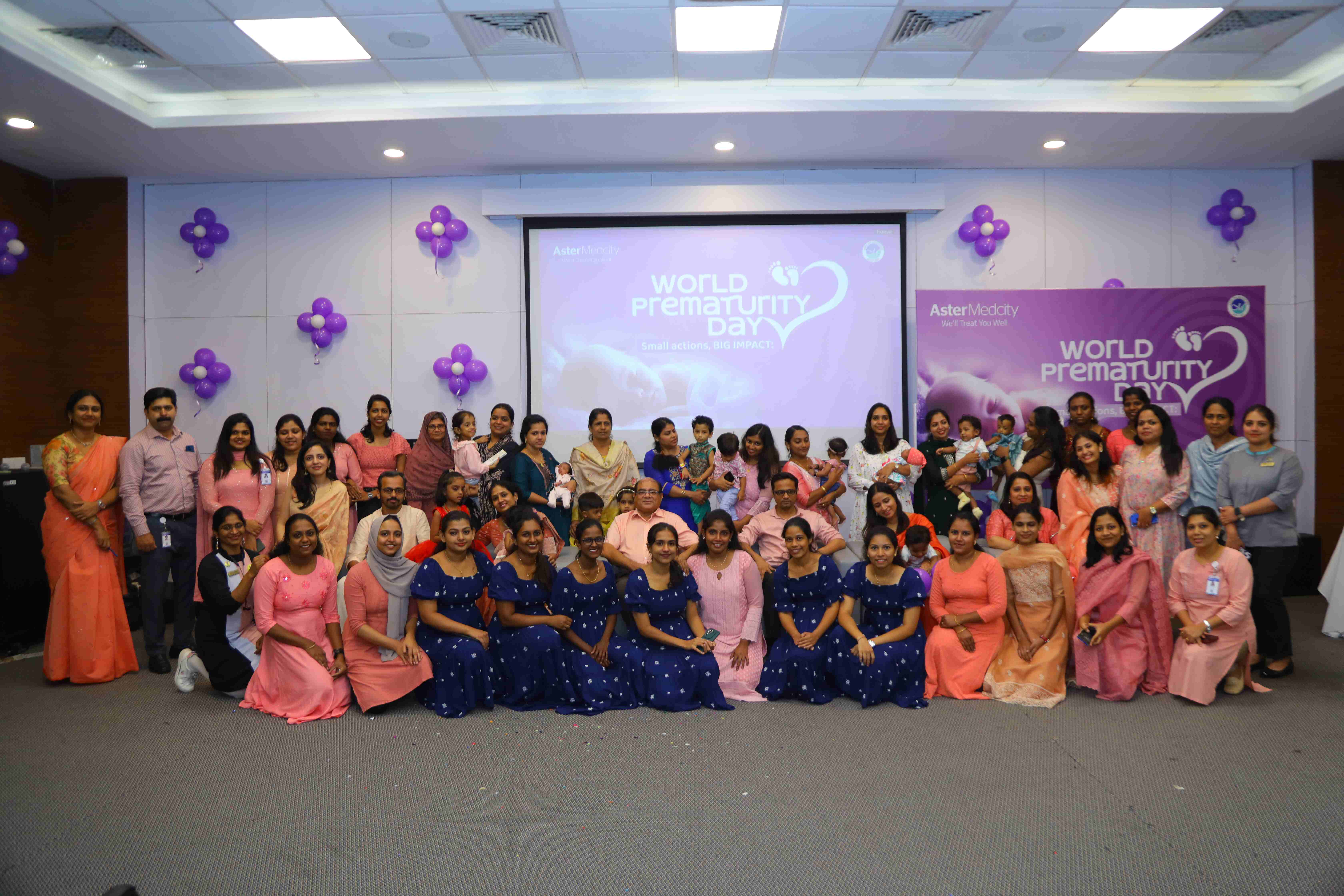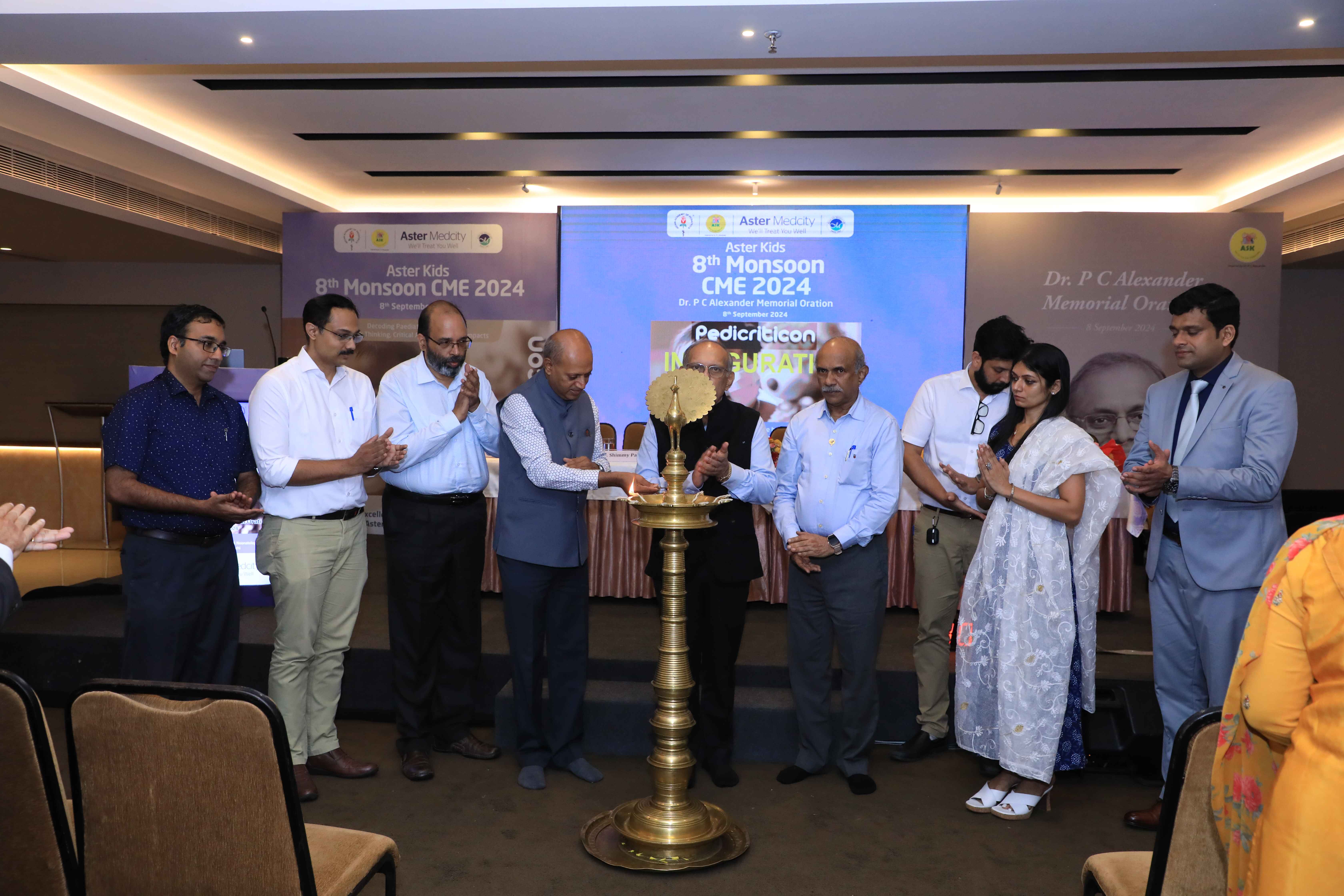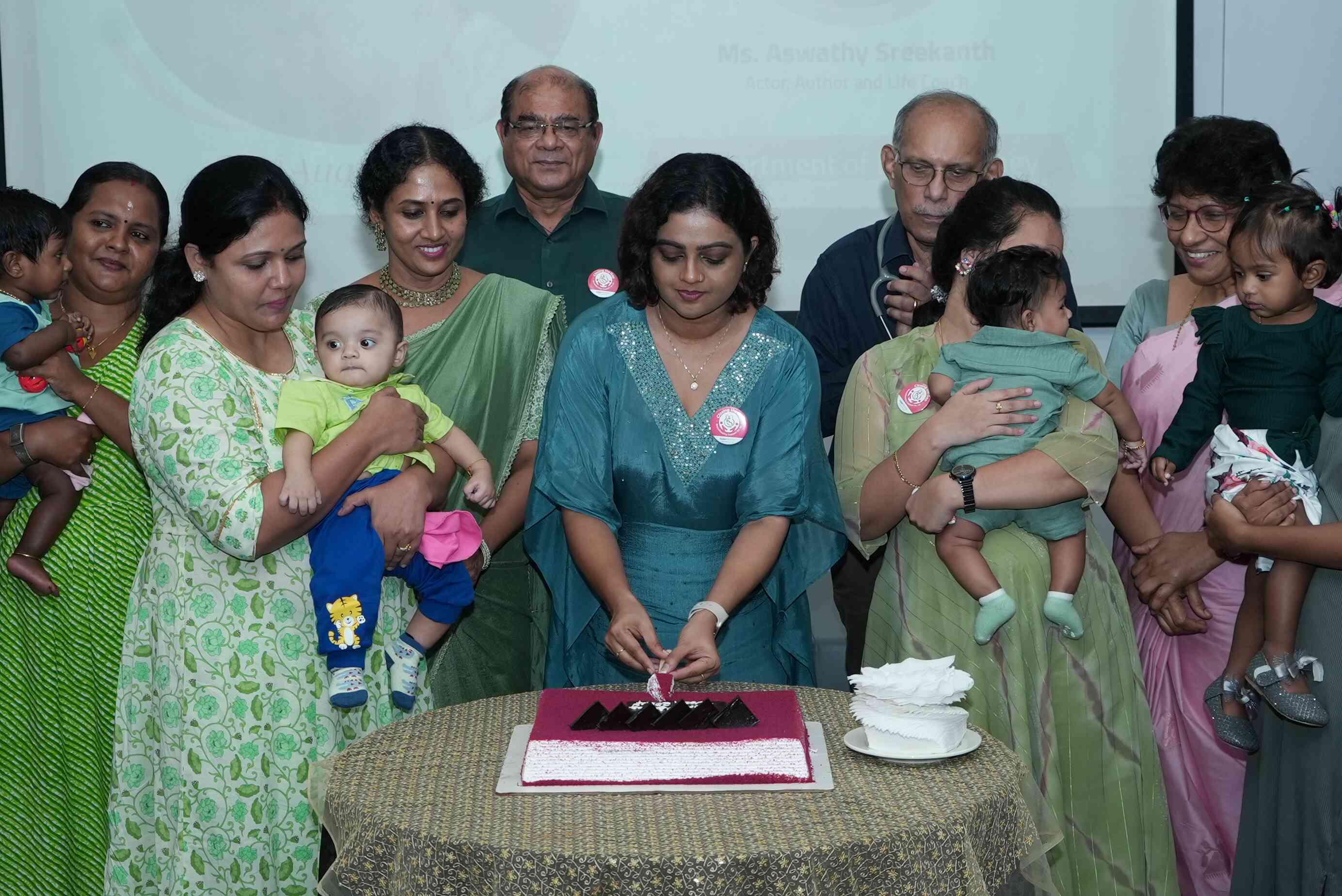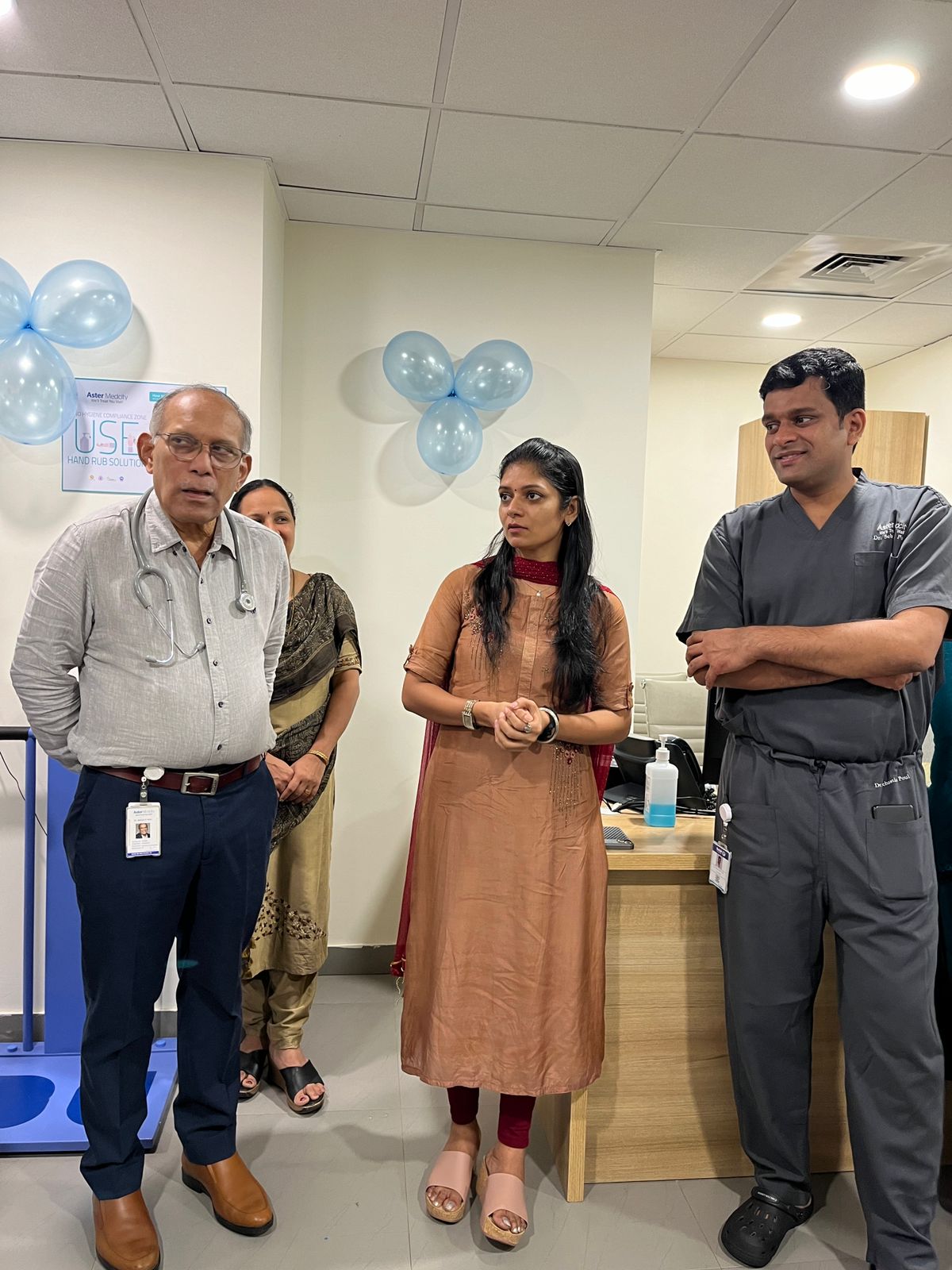Caring Hearts. Touching Lives.
With an eminent team of doctors, Aster Hospitals provides integrated care in a wide spectrum of paediatric specialities. We are guided by our commitment to excellence and high standards of patient care, providing the best health care to all from the neonatal period to adolescence.
Our centres offer a whole spectrum of services for children and adolescents, which includes Pediatric Emergency and Intensive Care, Neonatal Intensive Care, Well baby clinic, Pediatric Neurology and Child Development clinic, Pediatric Immunology and Rheumatology services, Pediatric Infectious disease services, Pediatric Hematology, Pediatric Hepatology and Gastroenterology services, Pediatric Allergy, Pediatric Nephro-Uro and Pediatric Cardiac services.
Aster Hospitals have paediatric intensive care (PICU) catering to a wide variety of specialities. Our PICU has state-of-the-art equipment & ventilators allow treatment methodologies appropriate to the care of the child. A full range of organ transplant procedures are also available, should any child require it.
Our team of doctors are most dedicated and committed to their patients. Our consultants are trained in specialized paediatric procedures from the world’s best institutes and widely respected in their field in the country. Our Doctors & Paramedics are skilled and most committed to the health of the children and ensure we are there with the family at every step of your child’s treatment journey.
Aster Hospitals also have paediatric intensive care (PICU) catering to a wide variety of specialities. Our PICU has state-of-the-art equipment & ventilators allow treatment methodologies appropriate to the care of the child. A full range of organ transplant procedures are also available, should any child require it.
Apart from India, we also get a significant number of overseas patients in the need of specialized care.
Advanced Technology & Facilities
Well equipped with the latest medical equipment, modern technology & infrastructure, Aster Hospital is one of the best hospitals in India.
- Paediatric esophagoscopes, gastroscopes, bronchoscopes and colonoscopes.
- Paediatric and neonatal resectoscopes & cystoscopes.
- Paediatric and neonatal laparoscopic instrumentation.
- Robotic instrumentation
- State of the art Pathology, Microbiology and Histopathology with special immunohistochemistry analysis.
An advanced facility for treating Neurodevelopmental disorders in children, the expert team of doctors and therapists at the Aster Neurodevelopmental Unit believes in incorporating the latest scientific concepts to empower and enable differently-abled children to be a part of society.
- Assessment of children with developmental and behavioral concerns
- Multi-disciplinary intervention services
- Referrals to community services
- Parental guidance for child development
- Counseling and support for families of children with developmental and behavioral problems
- Liaison with schools on children with learning problems - Placement of children with special needs for training and education
- Collaboration with Primary Health and Community
- Services for early identification of children with developmental and behavioural problems, to facilitate early intervention
- Patient & family services: family resource centre with family support specialists and Paediatric Psychologists.
- Evaluation of bio-behavioural aspects of primary illness along the road from diagnosis to post-recovery and providing right guidance.
- Working with the family and caregivers to cope with the stress of living with a physical illness.
- Assistance in developing tools that the child and his/her family require to manage the acute phase of the child’s condition.
- Management of the child’s emotional and physical pain in a manner that’s appropriate to his or her age.
- Support to manage stress/ normal/ abnormal reaction to illness.
- Identifying psychopathology and planning a customised, multidisciplinary treatment strategy that includes psycho-education, supportive psychotherapy, relaxation training, cognitive behavioural therapy and pyschopharmacology.
- Combining individual treatment, family-based treatment and community resources to ensure the best possible outcome.
- Audiology
- Behavioral health
- Occupational therapy
- Neurosurgery
- Ophthalmology
- Orthopaedic surgery
- Plastic surgery
- Physical therapy
- Social work
- Rapid-response team
- Paediatric pain management
The NICU is equipped with giraffe omniBed care stations, giraffe infant care incubators and high-end resuscitation warmers etc. Combining with state-of-the-art technology, innovative design and exceptional thermal performance it creates a healing environment to help newborns thrive.
(> 23 weeks and above 400 grams)
The unit has an excellent blend of neonatologists trained in Canada, UK, and India. With this experience, the team has the ability to manage any extreme preterms (>350 gm and more than 22 weeks). The past experience data has shown excellent outcomes both short term and long term with the least mortality when compared to any top centres of the world.
The unit is equipped with SLE Inosys Nitric Oxide (NO) delivery and monitoring system, which delivers Nitric Oxide. This is an advanced therapy for the management of babies with severe pulmonary hypertension. This modality is useful in babies born with a congenital diaphragmatic hernia and in those with severe meconium aspiration syndrome.
The unit is also unit is equipped with SLE6000 ventilators, the most advanced ventilators available so far. It provides invasive and non-invasive ventilation. The unit also provides advanced ventilation in the form of Nasal Intermittent Positive Pressure Ventilation (NIPPV), and High-Frequency Oscillatory Ventilation (HFOV).
The unit offers newborn resuscitation corners in the labour rooms and maternal OTs. The arrangement can also handle twin deliveries. These stations have inbuilt T-piece devices, air oxygen blenders, suction apparatus and timers.
Only a few NICUs in India is equipped with facilities like Amplitude integrated EEG, that is used to monitor subclinical seizures in cooled and seizure babies. It also helps the team to predict neurodevelopmental outcomes in birth asphyxia babies.
The NICU has a servo-controlled machine that enables the doctors to treat babies born with birth asphyxia. With this equipment, the temperature is reduced to 33.5°C and can be maintained at that level for 3 days. This treatment has been shown to significantly improve the outcomes in babies.
The team performs 2D echocardiograms, cranial and lung ultra-sonograms using the bedside sonogram machine. This is used to treat patients with PDA, PPHN, shock, IVH, PVL, air leak etc.
To maintain highly sterile conditions, the NICU is equipped with laminar flow hood for fluid preparation and TPN preparation. This keeps infection rates to minimum.
Aster Hospital's Neonatal Transport Service is highly equipped with the intensive-care environment, it provides swift service for newborns in need of specialised critical care services. It is operated by a multidisciplinary team of experts who involve the usage of advanced technology.
On the arrival of Neonatal Transport Ambulance to Aster Hospital, the newborns are shifted to the NICU department where infants are put under the treatment curated by a highly trained team of Neonatologists.
The Neonatal Transport Service is available 24 hours a day, seven days a week.
Each transport unit includes:
• Total body cooling therapy
• Ventilation
• Nitric oxide
• Enhanced vehicle hydraulics to ensure a smoother ride
• Ambient lighting to enhance relaxation
BMU 40-blood monitoring unit, to enhance safety of complex surgeries during cardiopulmonary bypass (second installation in India).
Dept of Pediatrics at MIMS has expanded by leaps and bounds; we started off with a good Neonatal Intensive Unit and a general pediatric department in 2002. In the year 2004, in addition to existing clinics The department started different speciality clinics like pediatric Asthma Clinic, Pediatric Rheumatology Clinic and Child Development Clinic. The department has conducted state level CMEs in Pediatric Pulmonology and Pediatric Rheumatology. Our Pediatric Asthma Clinic is conducted with the support of Pulmonology department. Patient education regarding Inhaler Therapy and Prevention of Asthma are highlighted in these clinics. The Pediatric Rheumatology Clinic started with the help of Rheumatology department is the first of its kind in the state. The Child Development Clinic was started with the aim to follow up high risk babies and normal babies for detection of early developmental aberrations so that early help can be instituted. The clinic offers a package of multispecialities which includes ENT, Ophthalmology, Physical Medicine. In special circumstances services of Orthopaedic Surgeon, Child Psychologist, Speech Therapist, Physiotherapist and Occupational Therapists are sought.
Pediatric ICU
Pediatric Ventilation
All Pediatric Procedures including Bone Marrow, Liver Biopsy, Bronchoscopy
Pediatric Asthma Clinic
Pediatric Developmental assessment
IQ Testing
Vaccination services
Pediatric Neurology clinic
Pediatric Rheumatology Clinic
Most infants admitted to the NICU are untimely (delivered before 37 weeks of pregnancy), have low birth weight (under 5.5 pounds), or have a medical condition that requires unique care. Almost a large portion of a million children are delivered preterm, and a significant number of these infants likewise have low birth weights. Twins, triplets, frequently are admitted to the NICU, as they have a tendency to be delivered before than single birth children. Babies with medical conditions, for example, heart issues, or birth deformities are likewise watched over in the NICU. NICU at Aster MIMS Kottakkal is equipped with a best in class level 3 NICU under the direction of all around trained and qualified Neonatologists. We gather in appropriate proof based administration at reasonable cost. The NICU has exceptional offices for, cutting edge neonatal ventilation including high recurrence ventilation, care of to a great degree low weight infants, extraordinary care for postoperative checking (counting cardiovascular cases), surfactant administration, exchange transfusion, total parenteral nourishment, Central venous catheterization
Our PICU offers access to subspecialties and the most exceptional technologies accessible, and is devoted to giving the largest medical care to our pediatric patients. Subspecialty administrations accessible through the PICU incorporate cardiothoracic surgery, neurosurgery, orthopedics, cardiology, pulmonary, general surgery, oncology, hematology, and bone marrow transplant.
Care in the PICU dependably gives family-focused treatment that is formatively and age-centered, empathetic, and effective for the treatment of different medical issues. Pediatric Intensive Care Unit gives round the clock services to basically sick newborn infants and children, overseen by extraordinarily trained and experienced work force under direct supervision of pediatric specialists.
The facilities include
- Invasive and non-invasive ventilators
- LED phototherapy and consistent multi-parameter checking consolidated with devoted nursing care
- Pediatric ventilator
- Pediatric indoor admissions
- Central venous catheterization
- Specially trained staff etc.
- Dedicated modern operating theatres.
- Dedicated digital catheterization lab with ECHO Navigation
- Electrophysiology lab-3D mapping, RF ablation.
- Echocardiography lab – 2D and 3D ECHO, Trans-esophageal ECHO.
- Advanced Fetal Heart Unit
- Adult Congenital Heart Disease Unit
- Pulmonary artery hypertension clinic
- BMU 40-blood monitoring unit, to enhance safety of complex surgeries during cardiopulmonary bypass (second installation in India).
- NIRS- Near Infra-Red Spectroscopy for advanced intraoperative brain monitoring to provide superior neurological outcomes in complex surgeries.
- ICE (Intra cardiac echocardiography)
- Exclusive pediatric cardiac ICU
- ECMO
- Cardiac CT and MRI
Electrophysiology lab-3D mapping, RF ablation.
Dedicated modern operating theatres
Echocardiography lab – 2D and 3D ECHO, Trans-esophageal ECHO.
Advanced Fetal Heart Unit
Adult Congenital Heart Disease Unit
Pulmonary Artery Hypertension clinic
Heart Failure Clinic
Neonatal resuscitation
Newborn care
Immunisation
Management of pediatric and neonatal emergencies
NIRS- Near Infra-Red Spectroscopy for advanced intraoperative brain monitoring to provide superior neurological outcomes in complex surgeries.
Exclusive pediatric cardiac ICU
ECMO
Cardiac CT and MRI
Aster Medcity offers a dedicated 10 bedded Level 3 Pediatric Intensive Unit equipped with state-of-the-art monitoring and diagnostic equipment. Manned 24/7 by a team internationally trained Pediatric Intensive Care Physicians and Nurses who stand for ethical and evidence based practices, the PICU provides advanced organ support for critically ill children and life-support services including mechanical ventilation like HFOV and Inhaled Nitric Oxide Therapy. The Unit, for the first time in Kerala, offers Pediatric Intensive Care Retrieval service, where the Retrieval Team, comprising Pediatric Intensive Care Physicians and Nurses triage, stabilise and transport critically ill children in an ambulance that is a Level 3 Paediatric Intensive Care Unit by itself, from peripheral hospitals to Aster Medcity.
The Unit also offers:
Invasive cardiovascular monitoring and support including extra corporeal life support Advanced renal support like CVVH and hemodialysis for children
Post-operative care for children who have had specialised surgery at Aster Medcity
Multi-disciplinary in approach and works closely with other Specialities for Pediatric surgery like Oncology, Neurology, Renal, Spinal Surgery, ENT, Respiratory and Endocrinology
Multi-disciplinary in approach for trauma care with support from specialist teams including Neurosurgery, Pediatric surgery, and Pediatric Orthopedics, ENT and Craniofacial surgery
Round the clock triaging and pre-transport stabilisation advice to assist Retrieval
Zero tolerance for error prescription policy
100 % adherence to infection control practices
Dedicated team to address patient safety and risk management
Allied services including Respiratory Therapists, Dietician , Clinical Pharmacists and Physiotherapists
Counselling and Psychosocial services for bystanders and focus for creating a stress free environment during the most difficult period in their lives
Procedures
Endo tracheal intubation
Umbilical line placement
Chest tube placement
Percutaneous (PICC) line placement
Ventilator support including high frequency ventilation + inhaled nitric-oxide treatment
Intravenous access and maintenance
Total Body Cooling
Exchange transfusion
Hemodynamic monitoring
Total parenteral nutrition
Oxygen saturation monitoring
Surfactant therapy
Thermoregulation
Per Oral/tube feeding
Promotion of breast feeding and lactation assistance/advice
Peritoneal dialysis
Developmental interventions - Environmental and Developmental Care of Infants
The Child Development Centre at Aster Medcity is a dedicated clinic for differently abled children, providing customised treatment through early identification, intervention, school age and specialised services. Community based, accessible, inclusive and responsive to the needs of the child at all stages of development, these services are delivered in a culture of excellence, diversity and respect, with focus on quality, stability, innovation and positive out come for both the child and his or her family.
The treatment strategy is planned after a detailed assessment by way of “scores” based on the way the child plays with toys, interacts with friends and also information provided by parents on his or her behavioural pattern, food and sleep habits, with inputs from Developmental Paediatrics, Child Psychiatry, Child Psychology, Speech and Language, Hearing, Occupational therapy, Physiotherapy departments and also Special instructors and Play therapists. The behavioural and developmental interface addresses common conditions like Attention deficit disorder, Attention deficit hyperactive disorder, Obsessive Compulsive Disorder and Autism spectrum disorder.
We offer specialised treatment for children with conditions including:
- Headache
- Epilepsy
- Movement disorders
- Neuroimmunology
- Stroke
- Mitochondrial and metabolic disorders
- Learning disabilities
- Cerebral palsy
- Neurodevelopmental disabilities - Like Autism and ADHD
- Sleep disorders
- Brain tumors and conditions requiring surgery
- Genetic neurological disorders and rare brain diseases
- Neonatal neurological conditions, even in high-risk newborns
The Aster KIND team comprises experts from various subspecialties who with a multidisciplinary approach to provide optimal, evidence-based to children.
- Paediatric Neurologist
- Developmental Paediatrician
- Neurosurgeon
- Neuroradiologist
- Neuro Ophthalmologist
- Neuro Oncologist
- Child Psychiatrist
- Child Psychologist
- Physiotherapist
- Occupational Therapist
- Developmental Therapist
- Speech and language pathologist
- Play therapist
- Special educators
- Dietician
- Social workers
- Neurocritical care and trauma center
- Childhood Stroke Program
- Epilepsy clinic
- Ketogenic Diet Clinic
- Tuberous Sclerosis Clinic
- Neurofibromatosis Clinic
- Neuromuscular clinic
- Headache Clinic
- High-risk baby follow up clinic
- Child guidance clinic (ADHD, LD)
- Autism clinic
- Cerebral palsy clinic
Patient Stories
Our patients are our best advocates, hear the inspiring stories of their treatment journey
Blogs
The source of trustworthy health and medical information. Through this section, we provide research-based health information, and all that is happening in Aster Hospital.
News & Events
Stay updated with the latest happenings at Aster Hospitals. Explore our News and Events section for insightful articles, health tips, upcoming events, and noteworthy achievements.
